Millennials now have more spending power than any generation in human history. The desires and spending habits of today's 20- and 30-somethings are altering how we interact with technology, how we bank, and how we shop.
In the process, some foods and other products appear headed for the graveyard of forgotten brands.
The millennials have spoken — and these brands you love may be gone before you know it.
26. Diet Pepsi
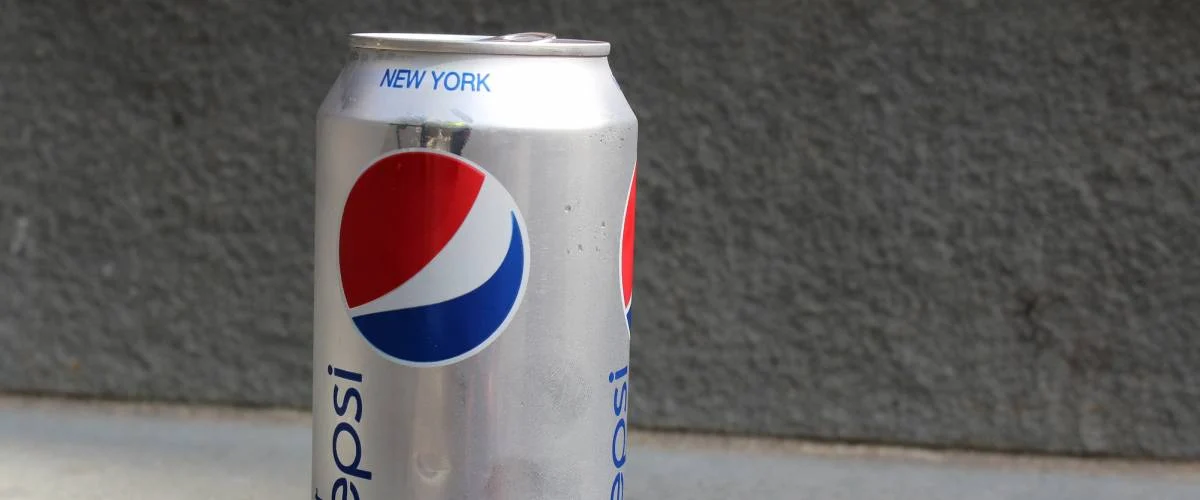
Advertisements
Diet Pepsi was super popular in the ‘90s
Diet Pepsi was super popular in the 1990s, but sales have fallen drastically in recent years.
While diet sodas first came onto the market in response to worries about sugary sodas, today there’s concern about the potential harms of ingesting artificial sweeteners and aspartame.
Instead of Diet Pepsi, millennials prefer healthier drinks like sparkling water.
25. Crocs
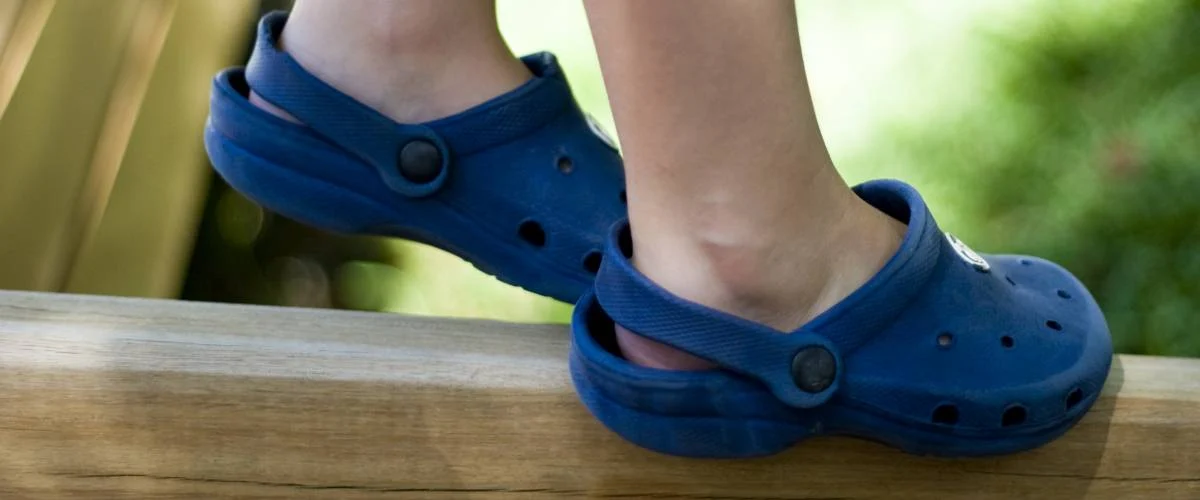
Crocs may be seeing their final days
Crocs, the comfy foam footwear beloved by moms, campers and gardeners, may be seeing their final days.
What's gone wrong? First, the shoes are so durable they last forever and don't really need replacing. And, there's been some debate about whether wearing Crocs is bad for your feet.
Finally, Crocs’ simple design makes them easy to copy, meaning the market is flooded with cheaper knockoffs. The Crocs company has been closing scores of its retail stores.
24. Apple iPod

Apple called the arrival of its iPod in 2001 "the unveiling of a breakthrough digital device." Though the portable music player was more expensive than others on the market at the time, it would become a sensation.
The company sold 100 million iPods by April 2007. In 2008, candidate Barack Obama revealed what music was on his iPod — and later, President Obama gave one to Queen Elizabeth as a gift.
But the iPod would be made obsolete by its younger brother, the iPhone, which can hold your music and do a gazillion other things. Apple has been winding down its iPod line and now makes just one model: the Touch.
23. Victoria's Secret
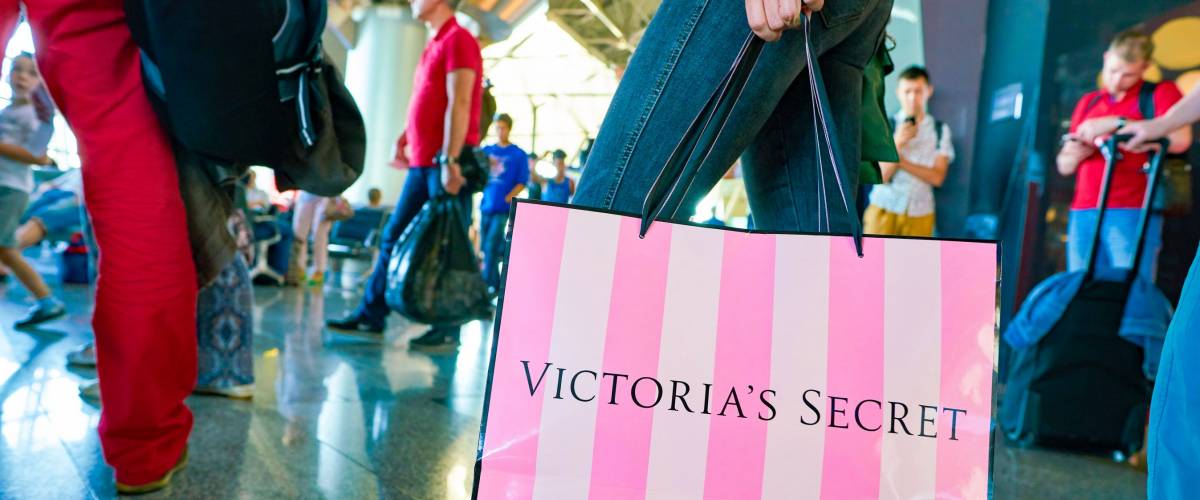
People aren't filling up shopping bags at Victoria's Secret the way they used to.
Victoria's Secret — the lingerie brand known for its fashion shows and skimpy styles — is looking a little ragged these days.
Analysts say with its in-your-face sexuality, dark stores, glam image and reliance on skinny models, Victoria's Secret has lost relevance with today's consumers.
Sales have been declining steadily since 2016, and the company has responded by changing executives and closing stores. Plans have been announced to shut down 250 in 2020.
22. Campbell's Soup
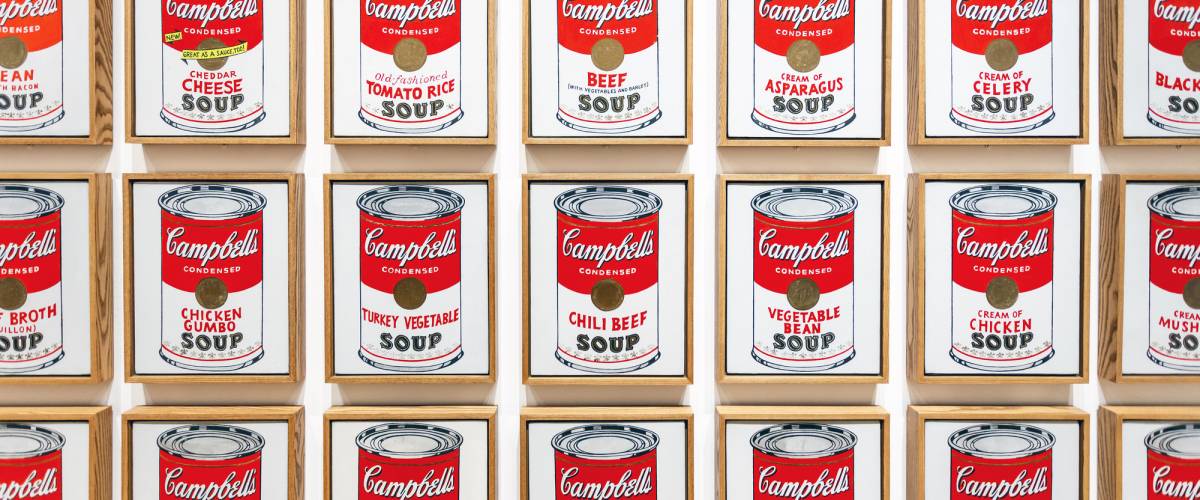
Campbell's soup doesn’t appeal to health-conscious shoppers
Campbell's Soup is now more likely to appear on a graphic T-shirt than on the dinner table. U.S. consumers ages 18 to 34 are just no longer interested in the brand that once dominated the kitchen.
The high amounts of sodium in many canned soups don't appeal to health-conscious shoppers, so sales have been flat since 2012.
Campbell’s is now focusing on its organic soups and broths, as well as its portable snacks — but even the organic stuff isn’t selling well.
21. Budweiser
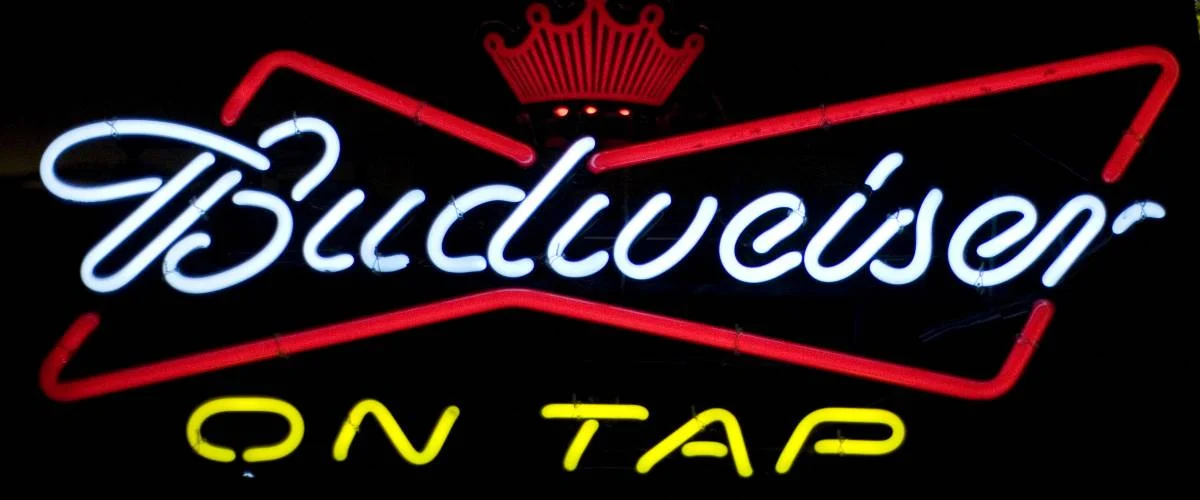
Budweiser is no longer the King of Beers
Budweiser is no longer the "King of Beers." In early 2018, the brand fell to No. 4 in domestic beer sales in the United States.
Customers are demanding new and more exciting alcoholic beverages, and the industry has been more than willing to provide them.
Craft beer production has exploded across the country to meet demand. Other competition for Budweiser includes hard seltzers, unique flavor blends and low-carb, low-sugar alcoholic drinks.
20. Kodak
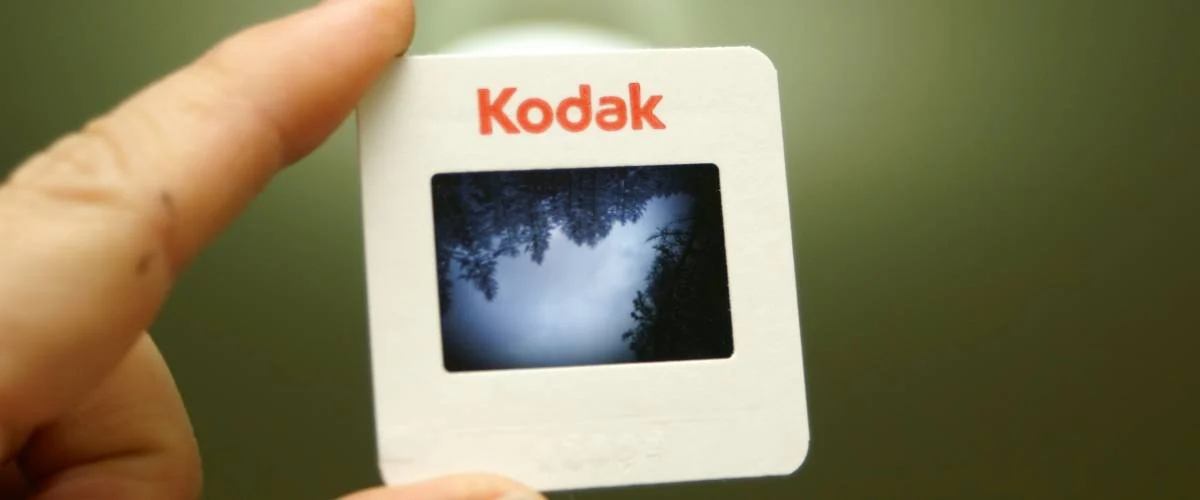
Kodak declared bankruptcy in 2012
"Kodak moments" have moved to smartphones and Instagram — and the company once known for its cameras and film hasn't been able to bounce back since declaring bankruptcy in 2012.
Kodak used to be a cutting-edge company that employed around 145,000 people. Now, it's desperately dabbling in cryptocurrency.
It has introduced "Kodakcoin," described as a way for photographers to take control of managing the rights to their images. Although it's creative, this effort is probably too little too late.
19. Harley Davidson
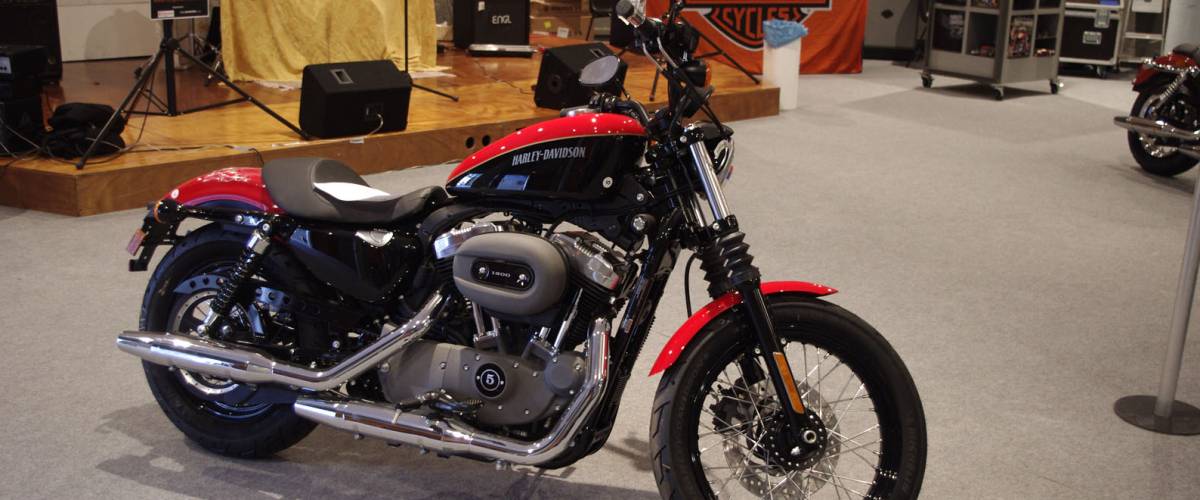
Motorcycle ridership is expected to continue falling
Even Harley Davidson motorcycles are falling victim to the changing shopping and transportation habits of younger consumers.
With so many millennials choosing to use ride-hailing apps and public transportation over personal vehicles, Harley Davidson motorcycles could become a luxury item of the past.
Global asset management firm Alliance Bernstein predicts motorcycle ridership will continue to fall over the next five years.
18. Jell-O
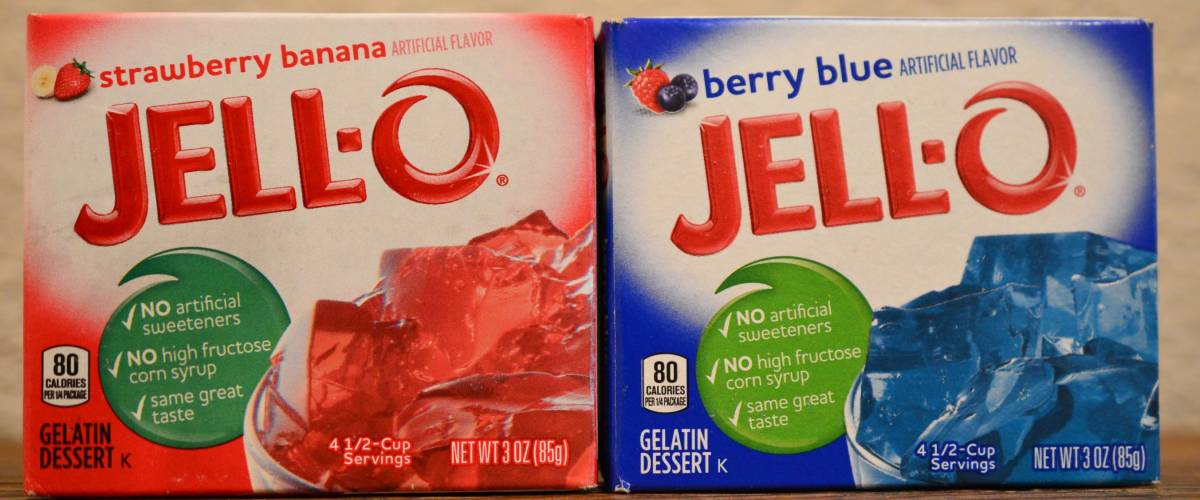
Jell-O may be iconic, but it's one of those products you're almost surprised to see in the supermarket. Really? They still make that?
It's associated with childhood, cafeteria food and the molded dessert rings that Grandma always had on her holiday buffet. Morningstar analyst Erin Lash tells Food Dive Jell-O has had trouble responding to current food trends of health, wellness and convenience.
Jell-O's owner, Kraft Heinz, is trying hard to win over younger consumers. It recently introduced Jell-O Play edible slime, described as a toy you can eat.
17. Gap
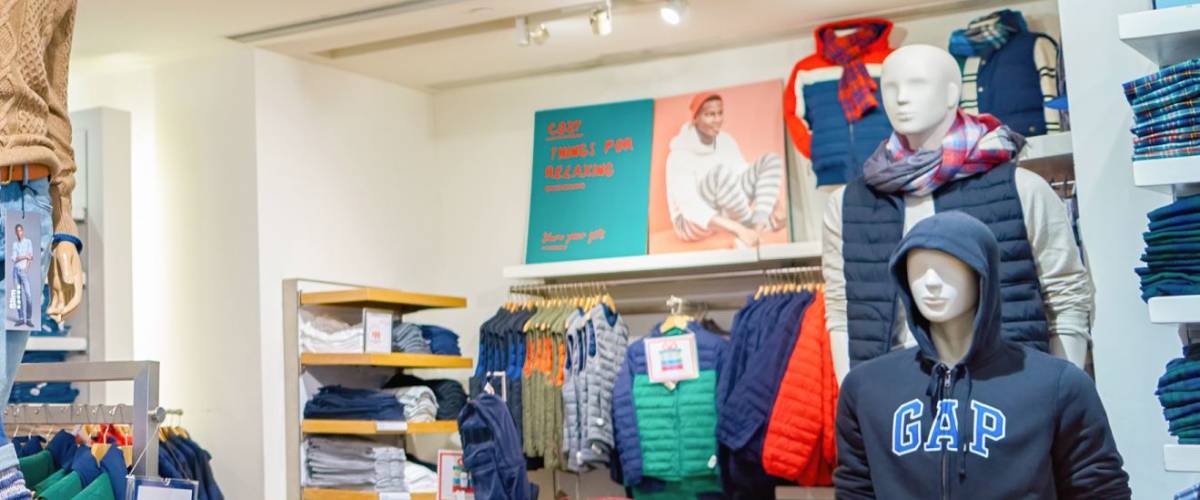
A long time ago, a jingle invited consumers to "Fall into The Gap." But lately, shoppers have had more of a falling out with the clothing retailer.
The brand is so troubled that parent company Gap Inc. — which also owns the Banana Republic, Old Navy and Athleta chains — is considering closing hundreds of its namesake stores.
Gap's image is "lackluster" and its clothes are "samey and boring," explains Neil Saunders, managing director at the research and consulting firm GlobalData Retail.
16. Chevrolet Volt

General Motors has pulled the plug on its Chevrolet Volt electric car and its similar gas-powered Cruze small sedan.
The company announced it would stop making them in March 2019, so their days on the road are numbered.
Sales of those passenger cars have been going downhill, because American consumers would much rather get behind the wheel of SUVs, pickup trucks and crossover vehicles. GM also killed off its Chevy Impala full-size car.
15. Chef Boyardee
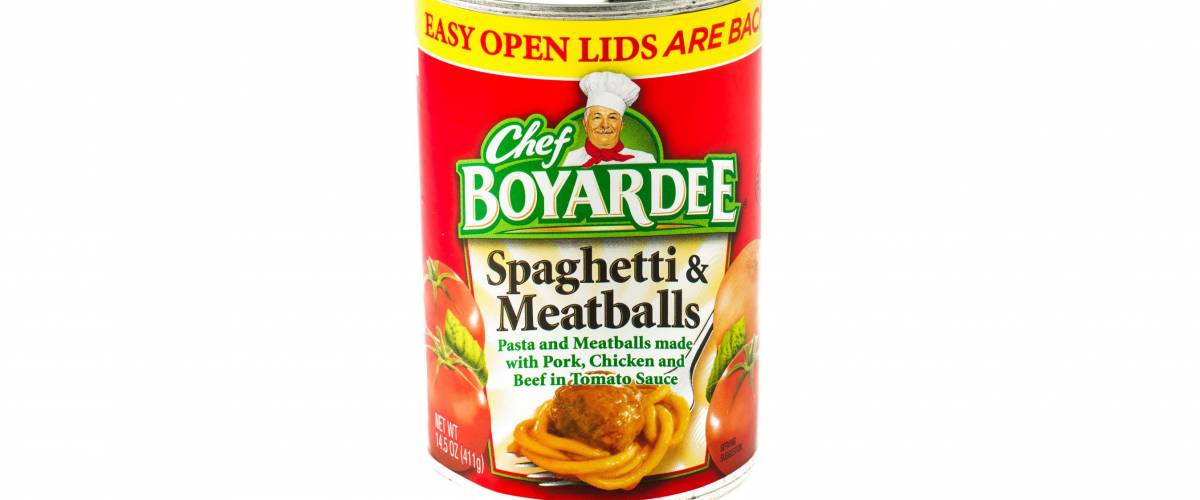
There really was a Chef Boyardee, though his family spelled it "Boiardi." He founded his company in Cleveland in 1928, and moms have been relying on its canned pastas for generations.
But Chef Boyardee has been falling out of favor in today's era of fresher, healthier foods. In 2014, the brand was blamed for lackluster earnings at its corporate parent, ConAgra Foods.
More recently, the company now known as Conagra Foods has been trying to update Chef Boyardee with higher-quality ingredients. The move has meant higher prices, too, but executives say the results are showing promise.
14. Twitter

Noone wants to buy Twitter
Since Twitter was founded in 2006, other social media platforms like Snapchat and Instagram have been dipping into its user base.
Twitter put itself up for sale in 2016 — but prospective buyers declined to make a deal, likely due to slow sales growth and a decline in users.
Plus, the platform has been getting a lot of backlash for ongoing issues of abuse and harassment among users. At this point, it's not outrageous to think Twitter could go the way of Friendster or Vine someday soon.
13. Tiffany
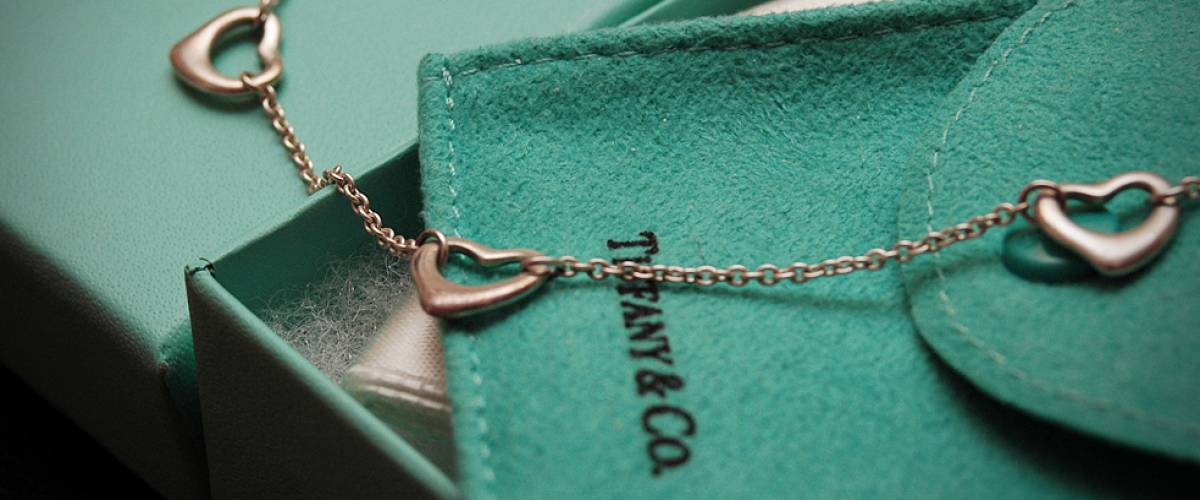
Tiffany is losing its sparkle
If Tiffany’s extended sales slump is any indication, the nearly 200-year-old jewelry brand is facing an uphill battle. American millennials have simply lost interest in the company’s signature rings, bracelets and accessories.
Social changes aren’t helping Tiffany & Co. either, as some couples are now avoiding splurging on diamond engagement rings — or getting married at all — before they move in together.
The brand hired Reed Krakoff, the designer responsible for the success of luxury brand Coach, as its chief artistic director to overhaul Tiffany designs to attract younger shoppers. But the company's stock has recently been down 20%.
12. Fiat
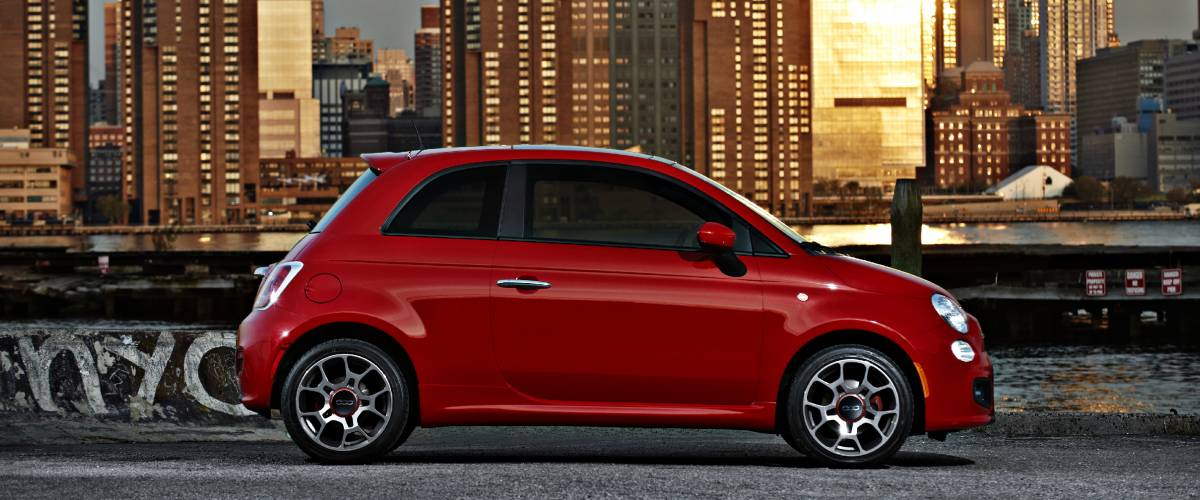
The Fiat brand is disappearing in the U.S.
Although it remains wildly popular in Italy, the Fiat brand is disappearing in the U.S.
Fiat's small cars have gained a reputation for being unreliable, and for giving a "choppy" ride. Sales have reportedly been declining month-over-month for years.
U.S. consumers are more interested in SUVs — and Fiat Chrysler has been retooling factories to build more of the light trucks and crossovers Americans want.
11. SlimFast
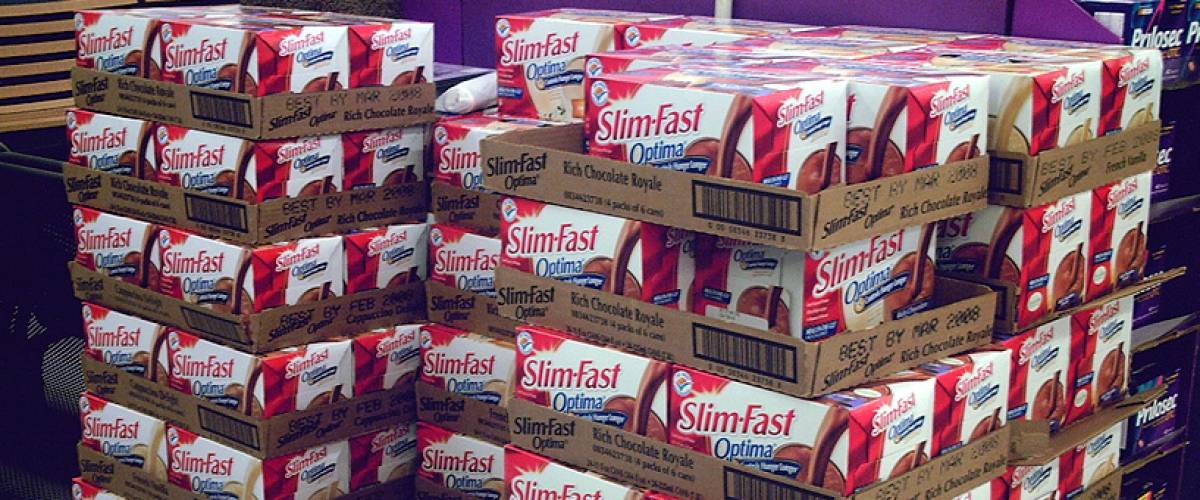
SlimFast, the maker of diet shakes and drink mixes, is no longer the heavyweight it once was.
The company was recently sold in a deal valued at $350 million — a far cry from the $2.4 billion that consumer products giant Unilever paid for the brand in 2000.
SlimFast has been attempting to boost sales by adding new products like cookies and protein bars, but consumers trying to lose weight are seeking out fresher foods that are lower in carbs.
10. Kenmore
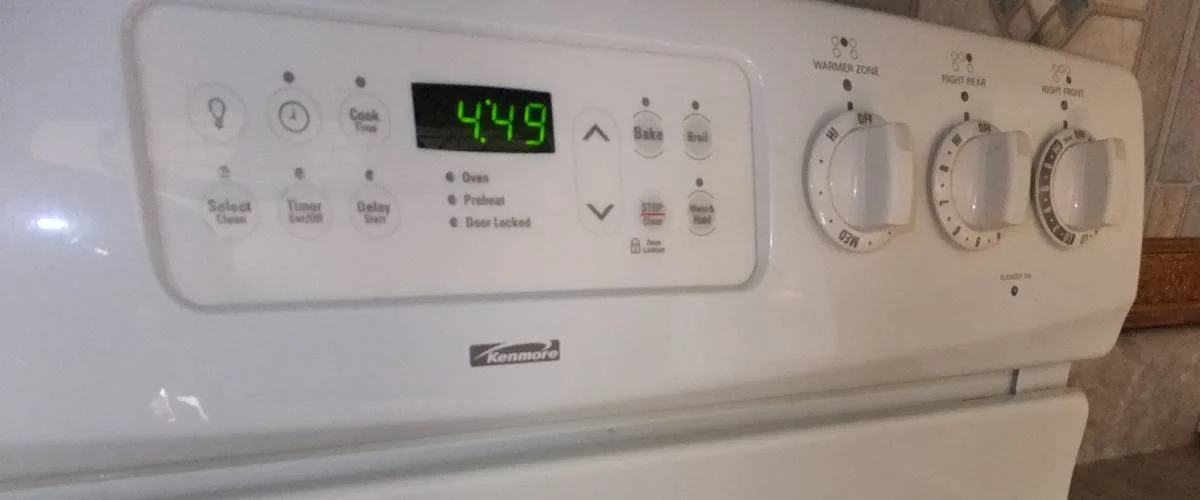
Sears is going down the tubes, and the department store chain is taking its once highly regarded Kenmore appliance brand down with it.
Appliance makers used to put the Kenmore nameplate on some of their best products, but not anymore. As a result, the line is no longer competitive.
Kenmore has become "the equivalent of a flip phone in the smartphone era," Sean Maharaj, director in the retail practice at consulting firm AArete, told CNN. Sears has tried to sell off the brand, but without success.
9. Wheaties
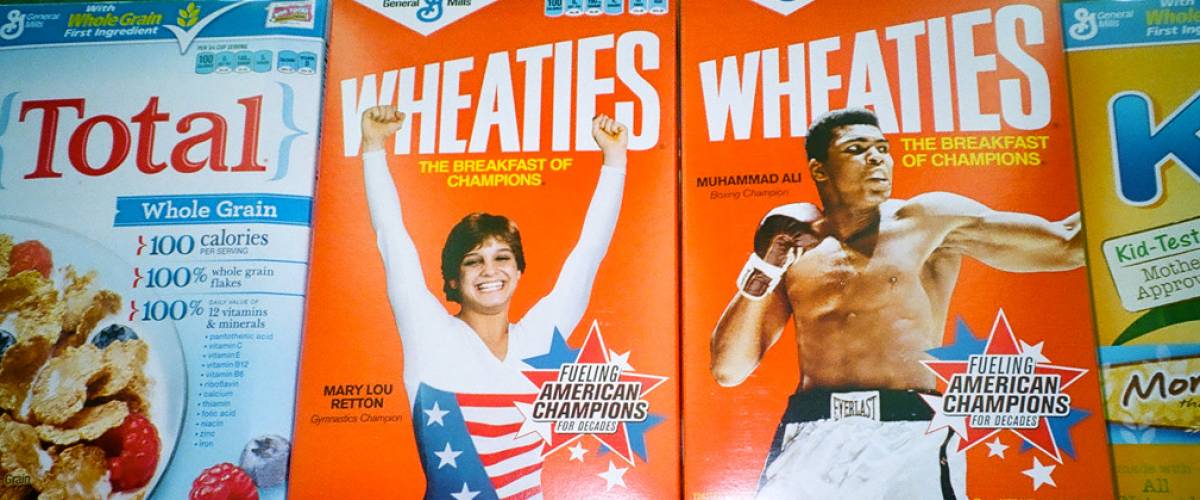
Wheaties, the one-time breakfast of champions
"Eat your Wheaties," is a thing of the past: General Mills' classic breakfast of champions isn't selling like it used to.
Apparently, younger consumers are less likely to buy cereal because they find it too difficult to eat on the go.
Time-conscious millennials prefer faster options for the morning meal, such as breakfast burritos, egg sandwiches and smoothies.
8. Odwalla
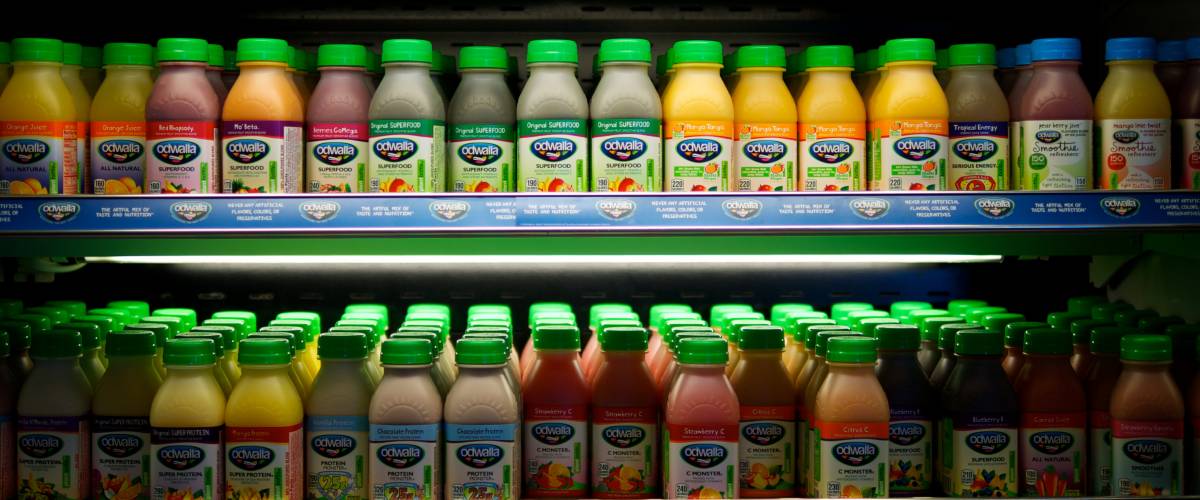
Swig down your smoothies while you can. Coca Cola announced plans in July to shut down its juice and smoothie brand Odwalla by the end of the month.
Although the brand was marketed toward health-conscious consumers eager for fresh fruit and vegetables, the beverages drew criticism for their high sugar content. Some bottles had as much sugar as a can of soda or a candy bar.
People are less keen to drink their calories now, and Odwalla wasn’t able to survive the shift.
7. Kraft Singles
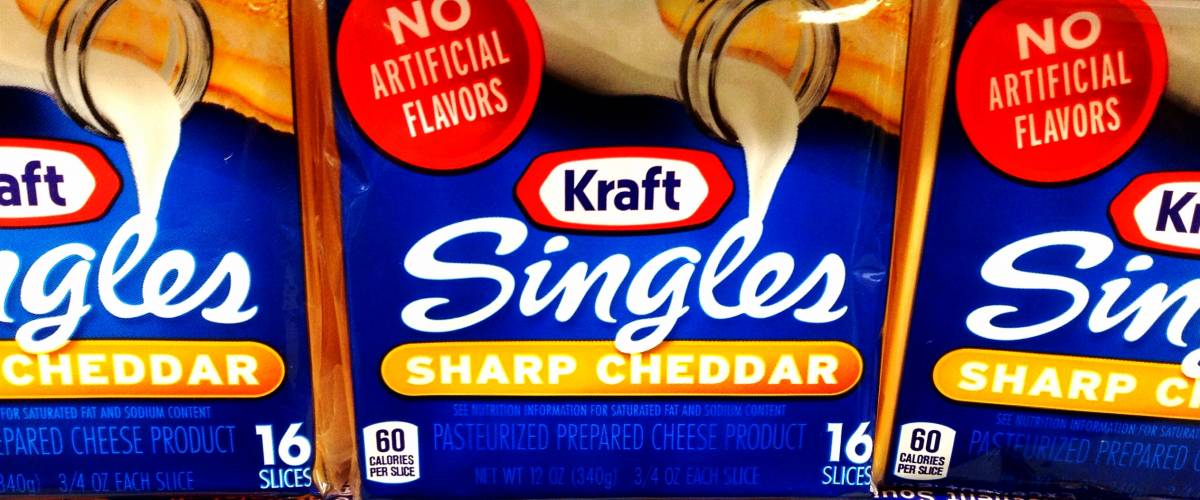
American cheese no longer holds the same plasticky appeal that it used to.
Yes, those lurid orange slices that melt gloriously in your grilled cheese sandwiches are increasingly being passed over in favor of “real” cheese, even if it’s less convenient.
Sales of processed “cheese food” are expected to decline rapidly in the coming years, though the market research firm Euromonitor International expects Kraft Singles to endure better than most.
6. Forever 21
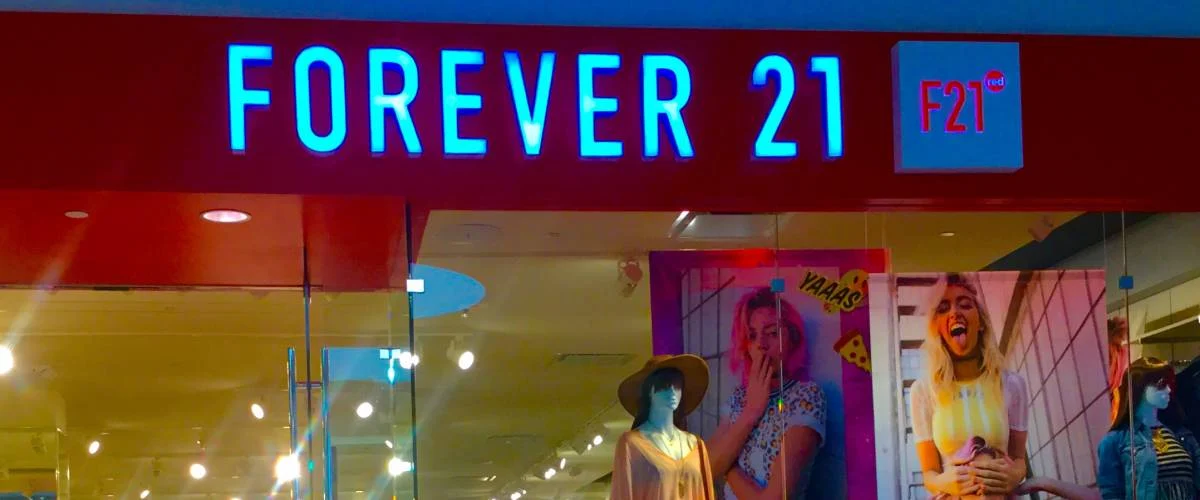
Fast fashion is no longer trending among millennials and Gen Z, who are becoming more mindful of their shopping habits.
Forever 21 filed for bankruptcy in 2019. A team of three buyers are hoping to preserve the U.S. stores that remain and expand the brand internationally, but a revival would take a big rethink.
The company lost relevance as its target demographic started paying more attention to sustainable business practices and buying more vintage clothes at thrift stores. That’s not to mention those tacky taco sweatshirts, which will forever haunt us all.
5. Kellogg’s cereals
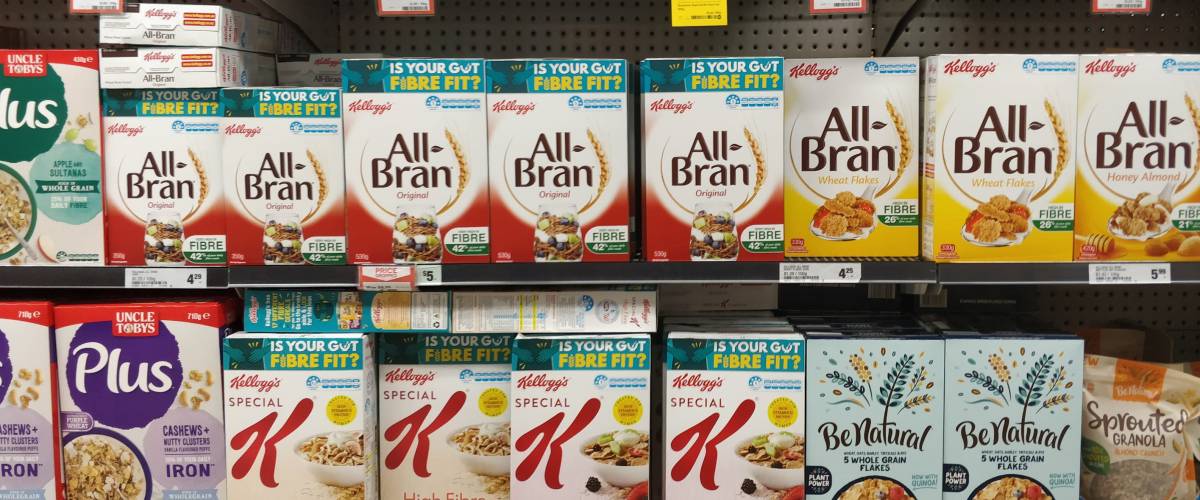
While Eggo waffles are enjoying a resurgence thanks to Stranger Things, the rest of Kellogg’s breakfast lineup is waning. In February, the company lowered its expectations for 2020 as cereal sales continued to slide.
Americans are turning toward on-the-go foods for their commute to work or school and aren’t as thrilled by the super-sweet cereals of their childhood, like Corn Flakes and Froot Loops. Even “diet friendly” option Special K isn’t selling like it once did.
While Kellogg’s the company isn’t going anywhere — its snack sales have remained strong — a few members of the breakfast crew could vanish sooner than you think.
4. Applebee’s
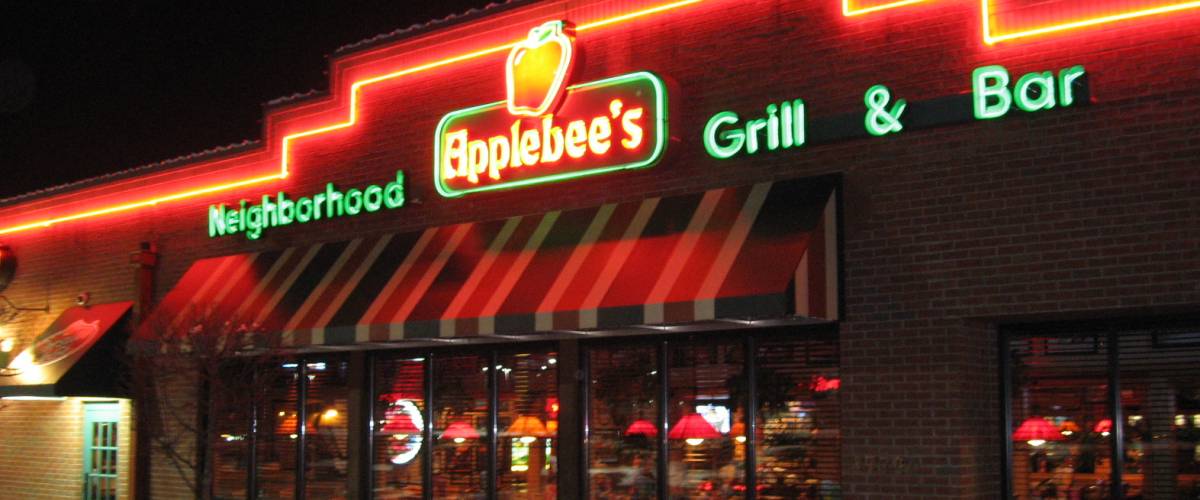
The Neighborhood Bar & Grill is fading out, and the pandemic can’t take all the blame.
Younger generations prefer fast-casual restaurants like Chipotle or ordering delivery over sit-down dining at chains. Applebee’s mainstream American dishes aren’t helping its cause either, when healthier and more creative options exist.
As a result, Applebee’s has closed more than 200 locations since 2016.
3. Claire’s
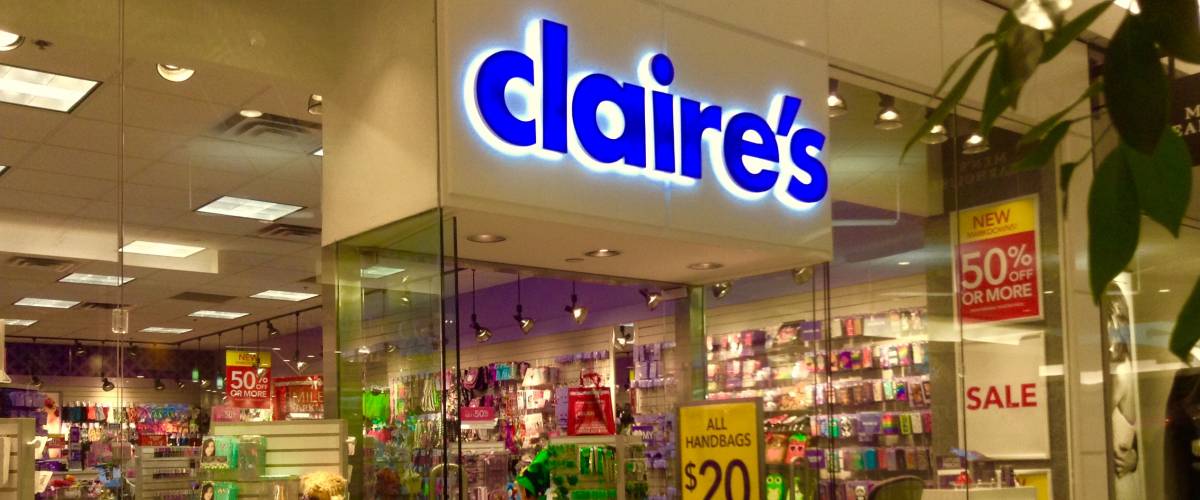
Those cheap and colorful earring multipacks — we will never forget the spiky neon ball studs — have apparently lost their charm for younger folks today.
Claire’s filed for bankruptcy in 2018, blaming its slow earnings on reduced foot traffic in malls.
The teen jewelry brand's free piercing service is unique but doesn’t translate online, and the buy-one-get-one sales and sparkly hair accessories aren’t enough to tempt shoppers to return.
2. H&M
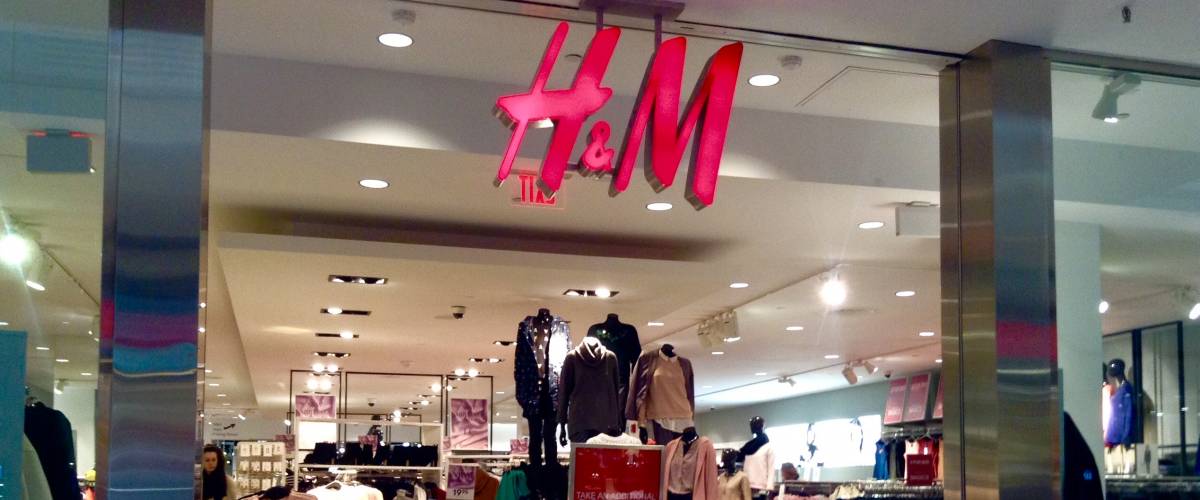
While this brand is faring better than competitor Forever 21, H&M isn’t immune to the downfall of fast fashion.
The company was shuttering its stores even before the pandemic began and is struggling to get rid of billions in unsold inventory clogging its shelves.
All of that mess and surprisingly high prices have made it even more difficult to compete with more sustainable brands.
1. Ann Taylor and her sister stores
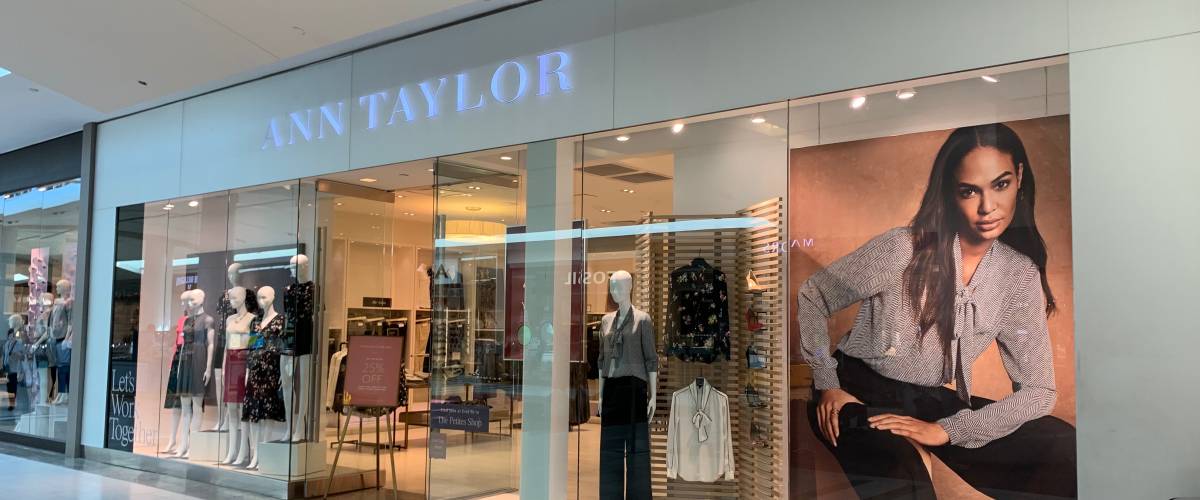
Multiple news outlets report that Ascena, parent company of familiar women’s brands such as Ann Taylor and Loft, is near bankruptcy and may end up closing around a third of its stores.
Bloomberg says the retailer might even jettison the tween brand Justice and plus-size staple Catherines.
Ascena already sold off Maurices and pulled the plug on Dressbarn in 2019, so we wouldn’t be surprised if more of its stores followed.
These brands aren't the only ones slipping away. Here are the major retailers permanently closing the most stores in 2020.
44. Gap
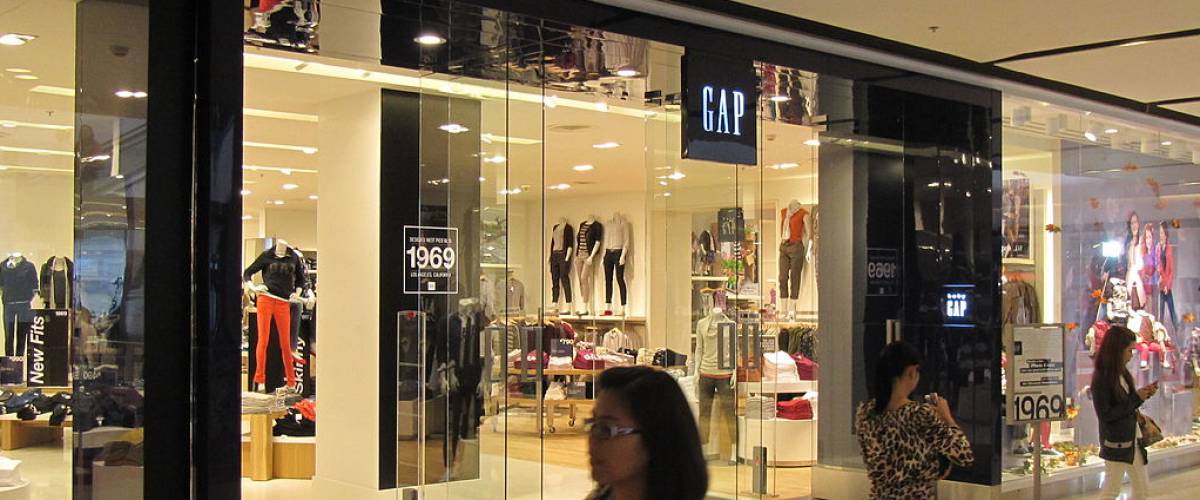
Stores closing in 2020: Up to 230
The Gap chain is shrinking — in more ways that one.
The clothing retailer is on its way to closing around half of its stores through early 2021. The company made that decision following a not-so-merry 2018 holiday season that saw Gap's sales decline 5%.
Robert Fisher, currently Gap's interim CEO, says the closures will breathe new life into the 50-year-old brand. Not only that, but remaining stores will be reduced in size.
In late January 2020, Gap announced that it had so far closed 89 stores — including 56 in the U.S. — toward its goal of closing about 230 by February of next year.
43. Kmart
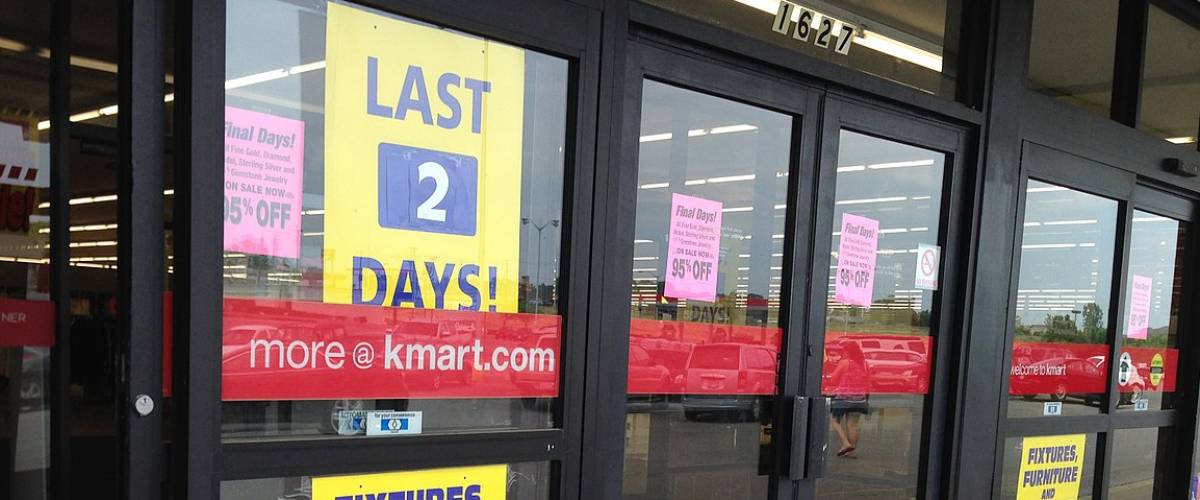
Stores closing in 2020: 45
The home of the Blue Light Special first opened under the name Kmart in 1962. The discount chain had almost 2,500 locations worldwide in 1994, but the retailer closed hundreds when it filed for bankruptcy in 2002.
Two years later, Kmart merged with Sears. And that's when things really started going bad.
The lights have steadily been going out at Kmart stores in recent years. Dozens have shut down in 2019. Nearly 50 more will close by February 2020.
And that will leave just 182 Sears and Kmart stores still going. Transformco, the company that now owns the two chains, says the business has faced "a difficult retail environment and other challenges."
42. Bath & Body Works
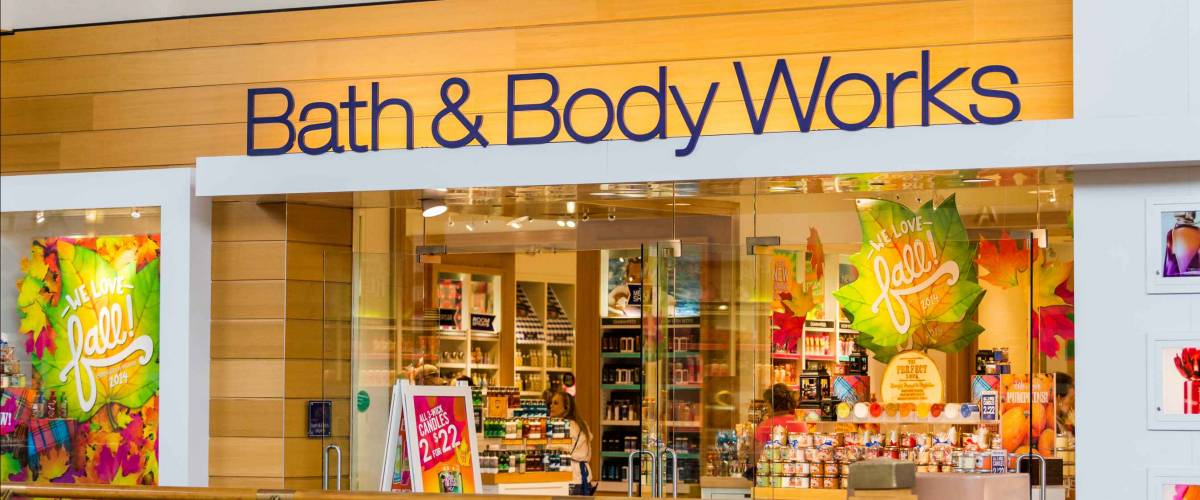
Stores closing in 2020: 50
You'd think that a chain selling soaps and hand sanitizers would have it made during the coronavirus pandemic, but Bath & Body Works is closing 50 of its locations, primarily in malls.
CEO Andrew Meslow told analysts on a conference call in May that the mall stores "may not come back to their pre-crisis levels of productivity."
So, the Bath & Body Works rubber duckie mascot will have a smaller pool to swim in — even though the company's soap and sanitizer business is indeed growing fast. Sales have doubled from a year ago.
"Sanitizer is now something that will likely be part of all of our daily routines for the months and years ahead. So, [it's a] meaningful opportunity," Meslow said.
41. Men's Wearhouse/Jos. A. Bank
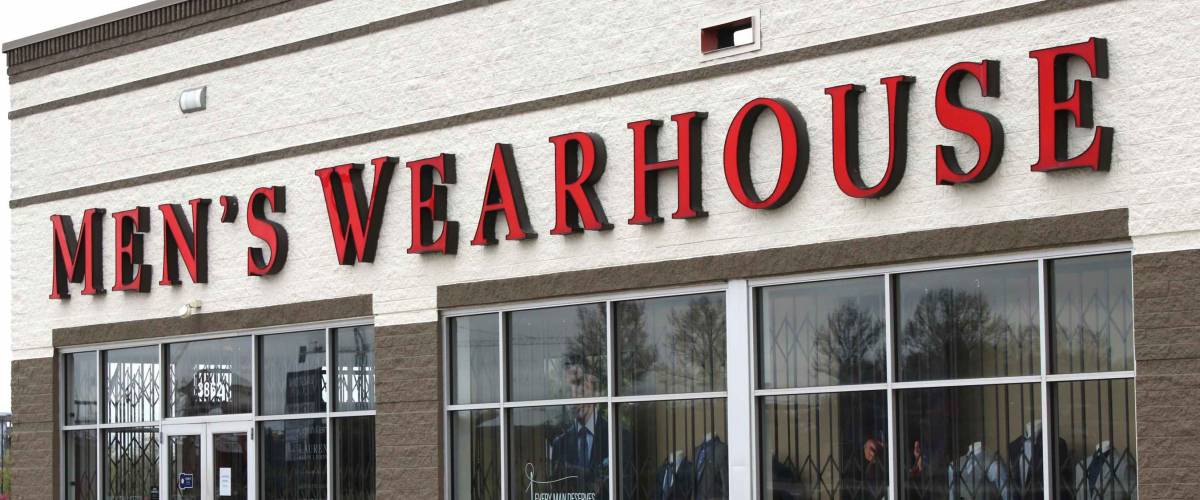
Stores closing in 2020: 500
Commercials for Men's Wearhouse used to end with the chain's gravel-voiced founder and CEO George Zimmer vowing that if you bought one of the company's suits, "You're gonna like the way you look. I guarantee it."
But Zimmer was ousted in 2013, and guys who are now working from home because of the coronavirus have decided they look just fine in polos and jeans. Suit sales have collapsed, and the owner of Men's Wearhouse has filed for bankruptcy.
Weeks ahead of the early August bankruptcy, Tailored Brands — which also owns the Jos. A. Bank, Moores and K&G clothing chains — said it would shut down up to 500 of its roughly 1,400 stores in the U.S. and Canada.
The goal is to become "a stronger company that has the financial and operational flexibility to compete and win in the rapidly evolving retail environment," says Tailored Brands CEO Dinesh Lathi, in a statement.
40. Hallmark
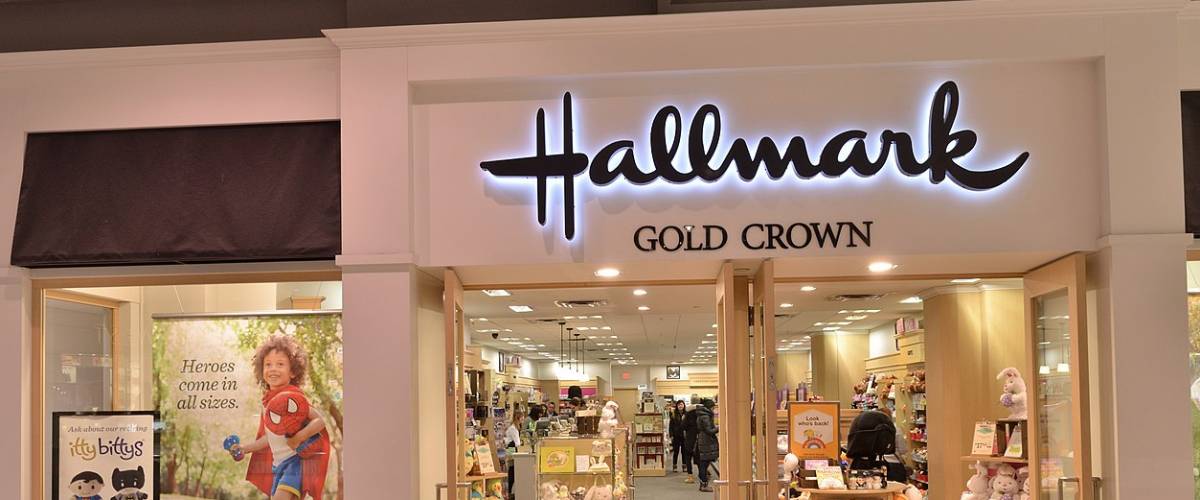
Stores closing in 2020: At least 18
The slogan for Hallmark Cards used to be, "When you care enough to send the very best." But the problem today is that fewer people care about sending greeting cards at all.
Hallmark's website says the company's brand is still on more than 2,000 card shops. But well over a dozen are closing in 2020, according to various media reports.
Those include an Evansville, Indiana, Hallmark store that's been in business for 44 years, and a longtime location in Forest Park, Illinois, owned by Rich Schauer. He says the business just isn't viable anymore.
"People used to buy and send cards all the time," he told the Forest Park Review. "It's all online now. Everyone celebrates their birthdays on social media."
39. CVS

Stores closing in 2020: 22
CVS intends to close around two dozen of its drugstores in 2020, which is about half the number that shut down in 2019.
You'll still find one on nearly ever corner, because there will be roughly 9,900 remaining CVS locations.
The neighborhood pharmacy and retail chain is focusing on its stores that have MinuteClinics, which offer basic, walk-in medical services. That strategy is right in line with the parent company's name, CVS Health.
About 1,100 stores have the clinics so far. If you need a flu shot, suspect a bladder infection or want to undergo a cholesterol screening, you’re in the right place.
Chief Financial Officer Eva Boratto hopes shuttering weaker CVS stores will generate "enhanced longer-term performance."
38. New York & Co.
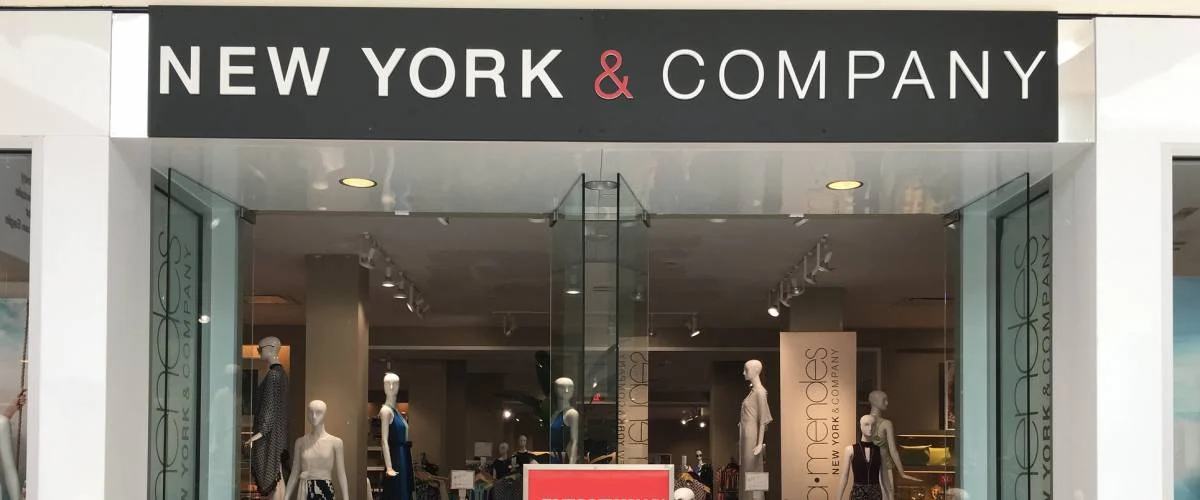
Stores closing in 2020: 405
After a disappointingly quiet holiday shopping season in 2019, New York & Co. began this year with an announcement that it would close more than 25 of its shops by early February.
The women's fashion and accessories retailer indicated shoppers were visiting the chain's stores less often while spending more time on the company's website.
That was the diagnosis early in 2020 — before the coronavirus hit. Parent company RTW Retailwinds later filed for bankruptcy and announced that New York & Co.'s remaining stores would go out of business. Around 380 were left.
The retailer was known for its collaborations with celebrities, including the actresses Gabrielle Union and Eva Mendes. The company was founded more than 100 years ago as Lerner Shops.
37. Lucky's Market
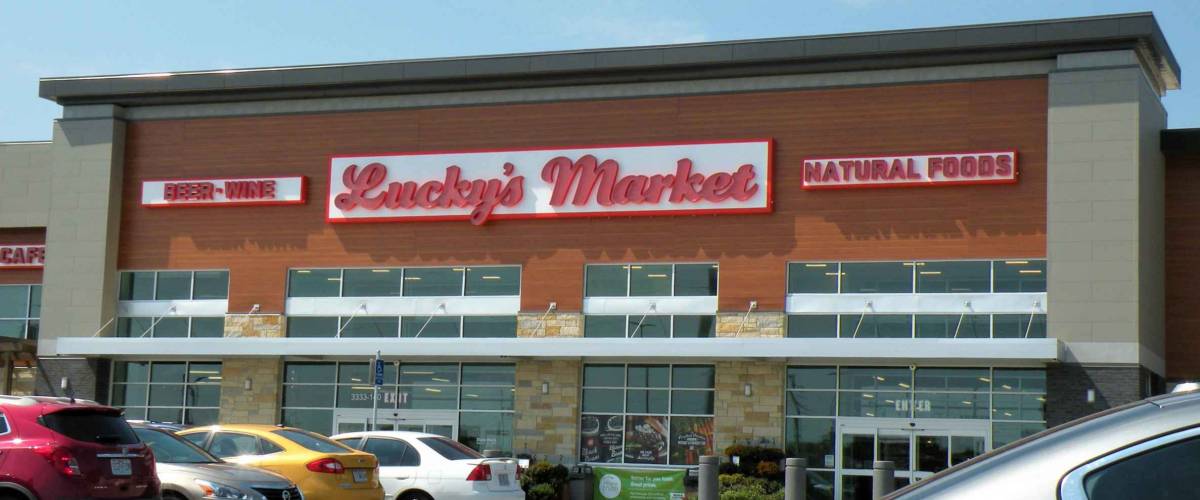
Stores closing in 2020: 32
Here's a natural foods supermarket that has thrown in the (recycled paper) towel after trying to compete against Whole Foods.
Colorado-based Lucky's Market — which was founded in 2003 and uses the slogan "Organic for the 99%" — filed for Chapter 11 bankruptcy in late January and decided to close 32 of its 39 stores in 10 states.
The company planned to sell the remaining seven, according to media reports.
Lucky's was so hot at one time that it drew a major investment from Kroger, America's largest supermarket company. Kroger's money helped Lucky's grow from just 17 stores to nearly 40 within three years, but Kroger pulled the plug on the partnership in late 2019.
36. Christopher & Banks
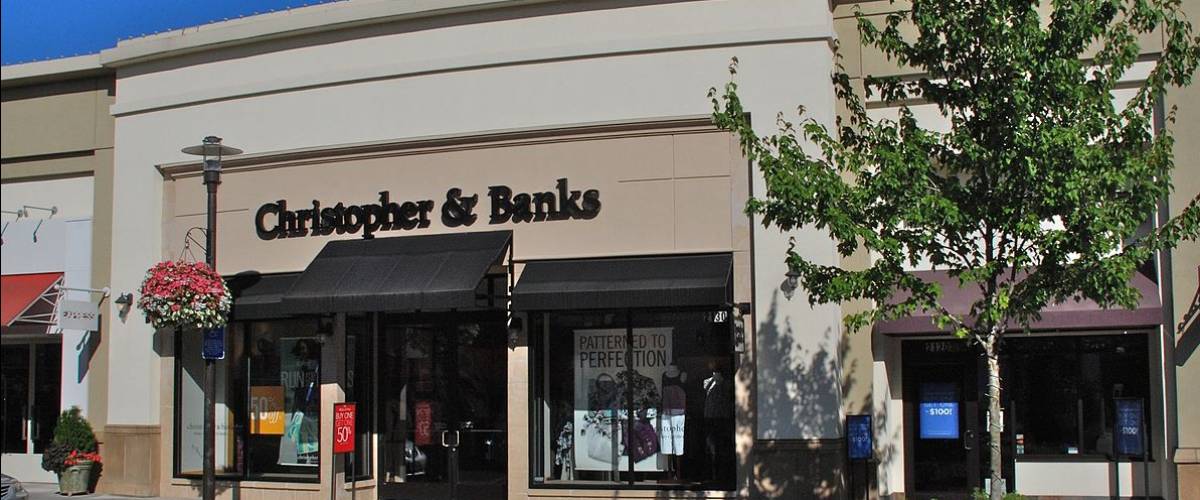
Stores closing in 2020: Up to 40
Gil Braun opened Braun’s Fashions in Minneapolis in 1956. He said he found the local women "full of life and wisdom" and aimed to provide them with high fashion at affordable prices.
In 2000, Braun’s evolved into the brands Christopher & Banks and CJ Banks. The chain quickly expanded to 500 locations.
But lately, Christopher & Banks has looking at the math. During one quarter in 2018, the company lost $8.8 million, but its online sales increased almost 11%. So, the company is cutting back on stores and shifting resources to its e-commerce business.
The plan is to close 30 to 40 stores by the end of 2020. Meanwhile, the retailer's stock has dropped so low that it has been removed from the New York Stock Exchange.
35. Macy’s
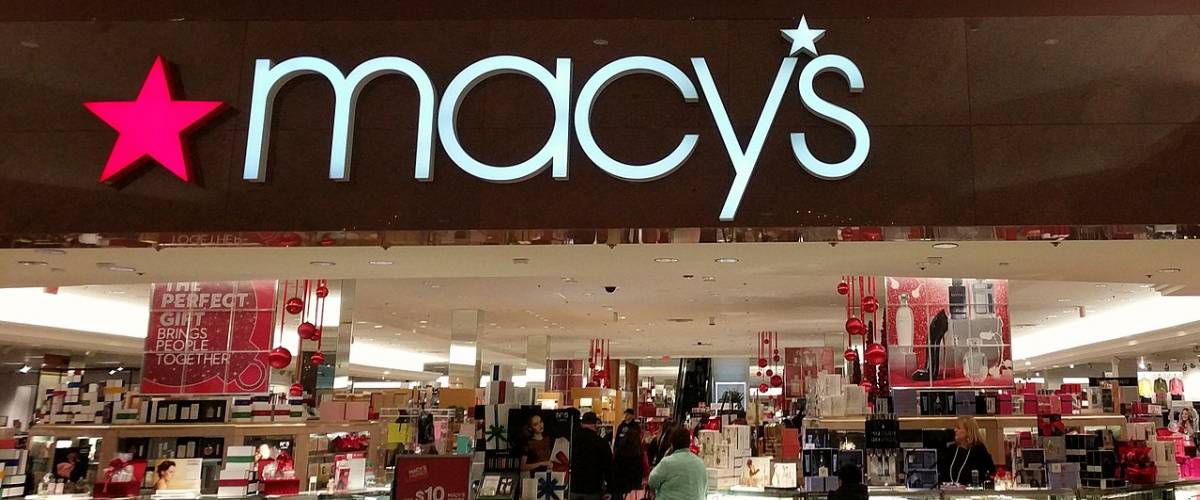
Stores closing in 2020: The first of 125
Macy's has made the shocking announcement that one fifth of its familiar, iconic department stores will be gone within three years.
CEO Jeff Gennette says the company will close 125 stores in struggling malls that customers are abandoning. The number includes 28 stores already being closed as part of Macy's usual downsizing following the holiday shopping season.
“We will focus our resources on the healthy parts of our business, directly address the unhealthy parts of the business and explore new revenue streams," Gennette said, in a news release.
As it tries to rely less on malls and reinvent what a department store is, the giant retailer is experimenting with opening smaller stores in strip shopping centers.
34. Family Video
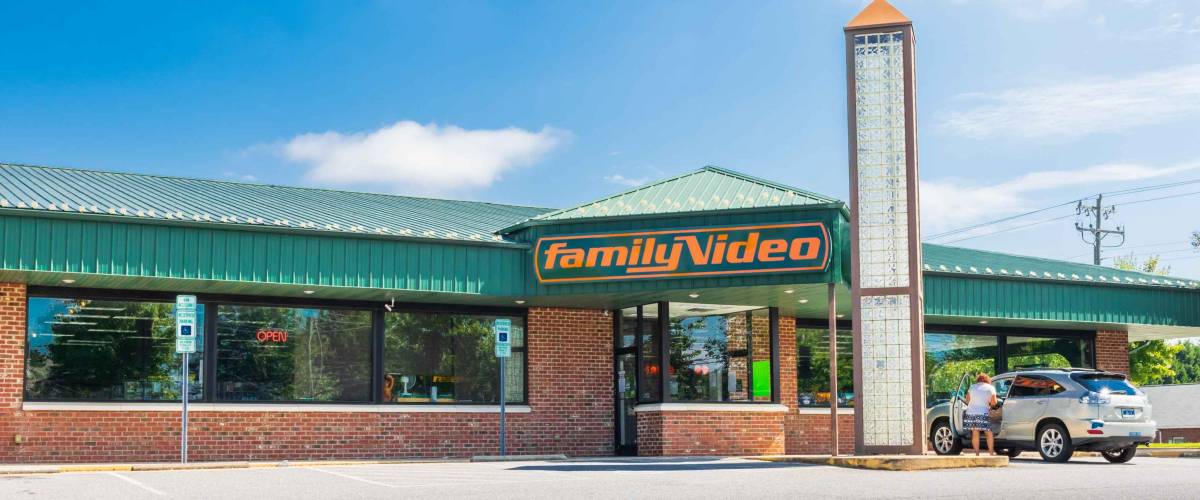
Stores closing in 2020: 200
Never mind Blockbuster, with its one remaining store (in Bend, Oregon). Another video chain is still around, renting DVDs and Blu-rays, but the closing credits are running on many of its locations.
Family Video, which calls itself "the largest movie and game rental chain" in the U.S., is closing hundreds of stores, reports The Times of Northwest Indiana. More than 300 will remain.
"Recent events have caused us to make some tough business decisions," the company explains on its website.
Family Video operates primarily in the Midwestern U.S. The chain started in Springfield, Illinois, in 1978.
33. Nordstrom
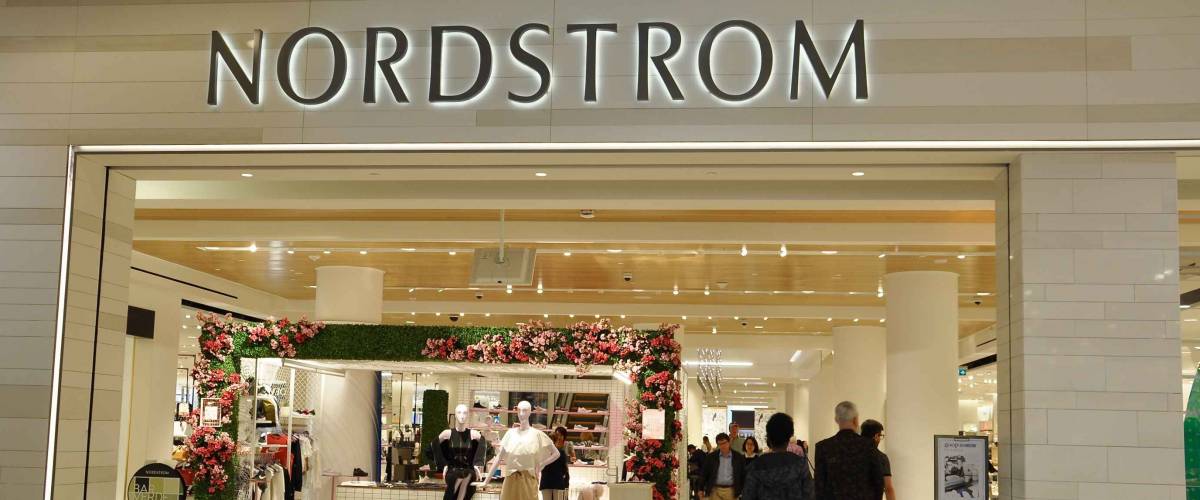
Stores closing in 2020: 16
Nordstrom is another department store chain that's making some of its coronavirus closures permanent.
The Seattle-based retailer that's known for its stellar customer service and that used to feature live piano music in its stores says 16 locations will be going out of business in the U.S. and Puerto Rico.
A news release says the closings are part of a plan by the company "to strengthen its business for the long-term." Nordstrom will be left with 100 department stores.
32. J.C. Penney
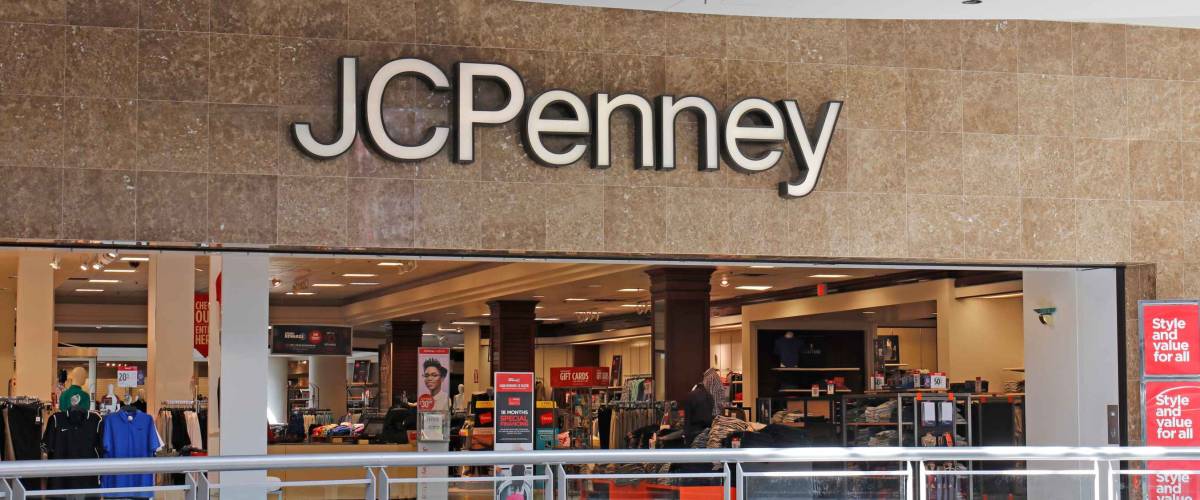
Stores closing in 2020: 206
J.C. Penney has survived since 1902, but the company whose department stores are a fixture in shopping malls across America is now battling for its life against Amazon, Walmart, Target and off-price retailers like T.J. Maxx.
Penney filed for bankruptcy protection in mid-May and informed federal regulators it would permanently close 242 of its stores: 192 in 2020 and another 50 next year. CEO Jill Soltau says in a news release that the company is dealing with "unprecedented challenges" because of COVID-19.
Earlier this year, the retailer put a dozen stores out of business following a terrible holiday shopping season. Around 600 locations will remain after the next rounds of closures.
And how's this for an indignity? J.C. Penney stock has become a penny stock: It dropped below $1 a share in January and has fallen steadily since then, leading the New York Stock Exchange to take steps to delist the stock.
31. GameStop
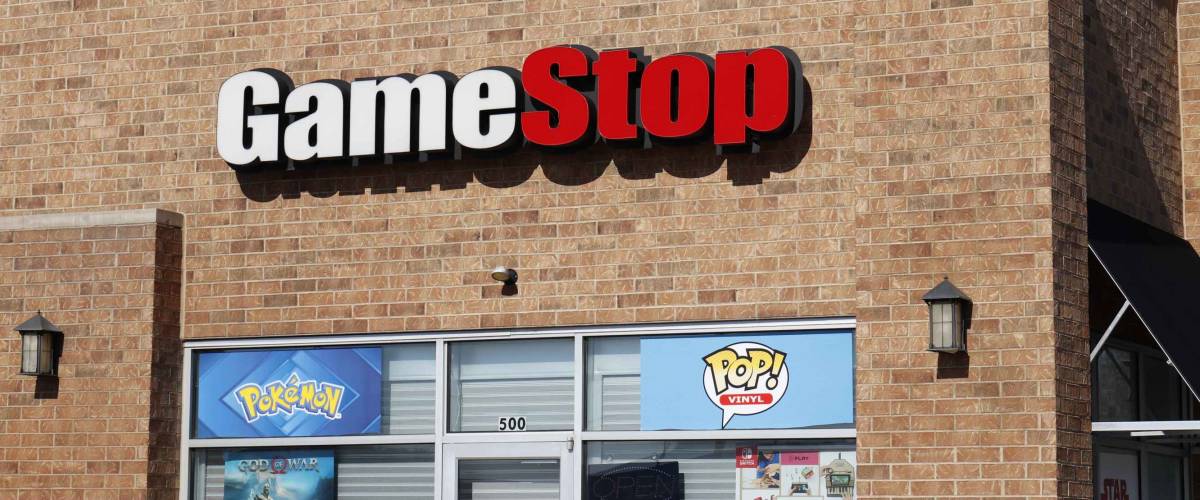
Stores closing in 2020: At least 320
Like a gamer shooting at enemy targets, GameStop is picking off store locations that it believes are too close to one another and aren't helping sales.
"In 2020, we will continue our work to de-densify our global store fleet," Jim Bell, the chief financial officer, told analysts on a recent conference call. That was after the world's largest video game retailer announced that sales at its more established stores were down 19.4% last year.
In recent months GameStop found itself in the midst of controversy when it insisted its stores were "essential" and kept them open during coronavirus lockdowns longer than other chains.
Then, the stores allowed customers to pick up online orders at the door, but employees said they didn't have adequate protection. In a statement, the company told The Boston Globe that employees were "assured that they do not have to work if they are not comfortable."
30. Stein Mart
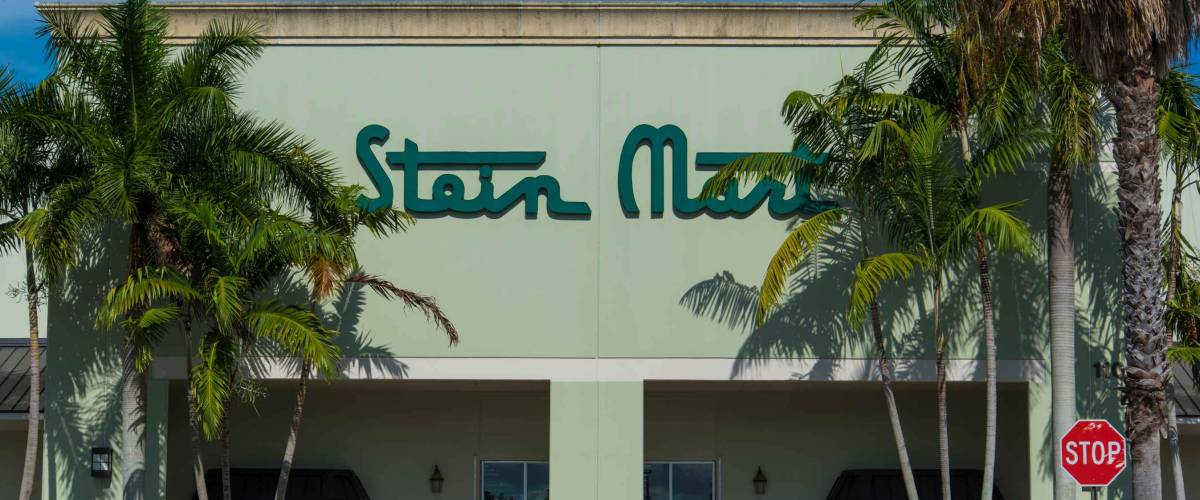
Stores closing in 2020: Up to 281
Several retailers have been done in by the COVID-19 pandemic following decades in business. In the case of the discount department store chain Stein Mart, it lasted for well over a century, since 1908.
But the company announced in mid-August that it filed for bankrutpcy and would close "a significant portion, if not all, of its brick-and-mortar stores." There are more than 280 in 30 states.
Stein Mart's low-price locations carry a little bit of everything: clothing, shoes, jewelry, bedding, luggage, even candy. But the virus and a "challenging retail environment" have made it difficult for the chain to carry on, CEO Hunt Hawkins said in a news release.
"I would like to thank all of our employees for their dedication and support," Hawkins said. More than 8,600 people are losing their jobs, according to media reports in Jacksonville, Florida, where the company is based.
29. Sears
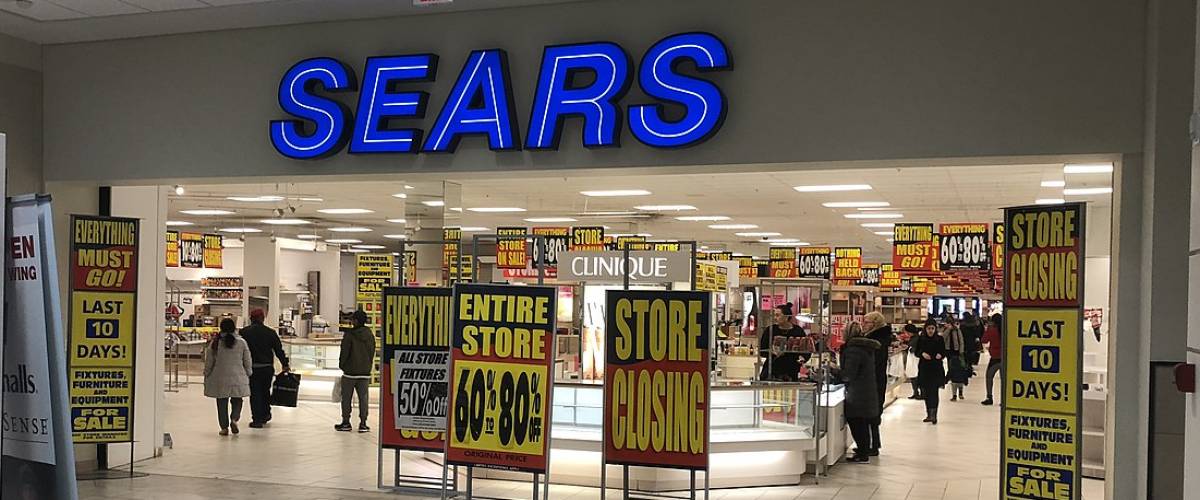
Stores closing in 2020: 51
Sears is more than 130 years old — and dying a slow death.
The iconic chain was once the largest retailer in the country, and it played a key role in the rise of shopping malls.
Its innovative mail-order catalogue forever changed the way people shop. The next time you order a rug or a refrigerator, you’ll have Sears to thank.
The company emerged from bankruptcy in 2019, but not looking any stronger. The months since have seen one round of store closings after another. Dozens more locations will be shutting down by February 2020.
The chain's current owner says in a statement that it's "pruning operations that have struggled due to increased competition and other factors."
28. Century 21
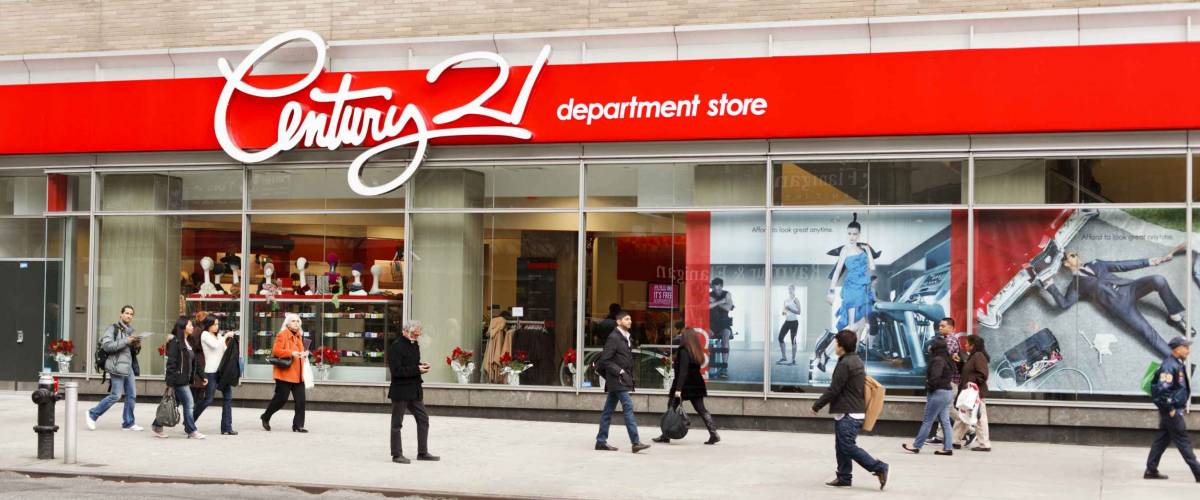
Stores closing in 2020: 13
On the old HBO show "Sex and the City," Sarah Jessica Parker’s Carrie Bradshaw character called Century 21's Lower Manhattan store "the best part of jury duty."
The off-price fashion retailer has been a New York area institution for almost 60 years. But that long run is coming to an end.
Century 21 has filed for bankruptcy and is putting its stores out of business.
In a news release, co-CEO Raymond Gindi blames the chain's demise on insurance companies that he says "have turned their backs on us at this most critical time" — meaning during the pandemic.
27. AT&T
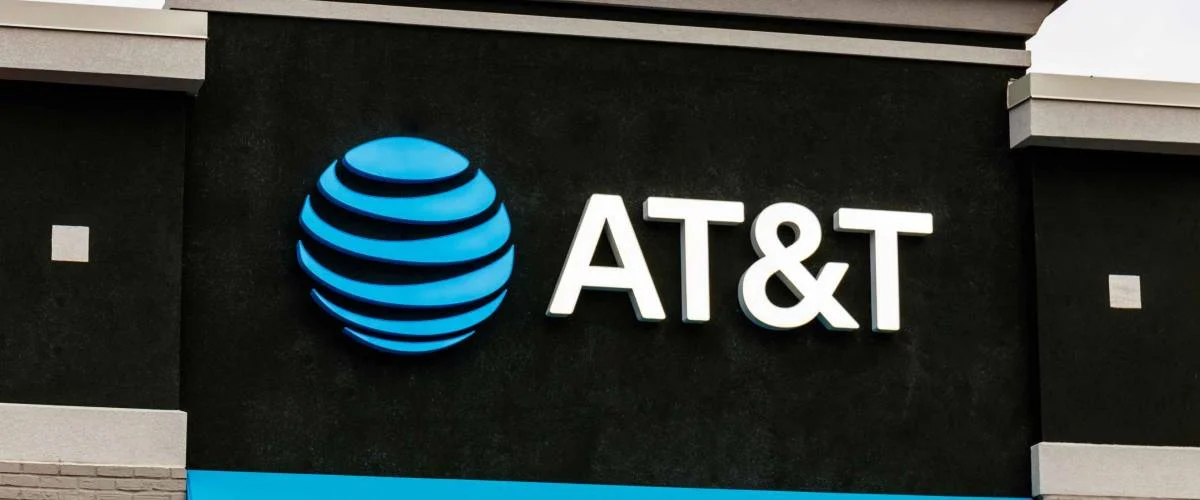
Stores closing in 2020: 250
AT&T is hanging it up at 250 of its retail locations, including both AT&T Stores and Cricket Wireless shops. Labor union the Communications Workers of America says the closings will affect 1,300 store employees.
"Reducing our workforce is a difficult decision that we don’t take lightly," AT&T said in a statement. "With more customers shopping online, we are closing some retail stores to reflect our customers' shopping practices. While these plans are not new, they have been accelerated by the COVID-19 pandemic."
AT&T plans to offer workers from the affected stores other, work-from-home jobs within the company, according to CNN.
The closures come less than two years after AT&T announced plans to open more than 1,000 new stores. At that time, the company had more than 5,300 locations.
26. Sur La Table
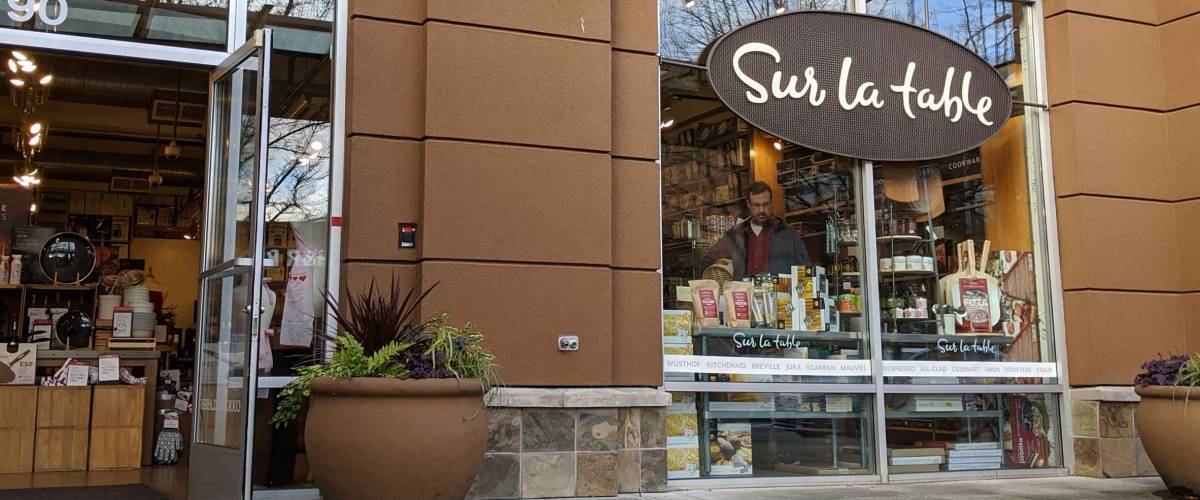
Stores closing in 2020: 56
The coronavirs pandemic put the cookware chain Sur La Table in hot water — causing the retailer to file for bankruptcy in early July with plans to close nearly half its 121 stores.
The rest would be sold to an investment firm. "This sale process will result in a revitalized Sur La Table, positioned to thrive in a post COVID-19 retail environment," says CEO Jason Goldberger in a statement.
Sur La Table got its start in Seattle's Pike Place Market in 1972. The company says founder Shirley Collins had a simple idea: "Make good food. Share it. Do so often."
The chain doesn't just sell products for the kitchen and dining room but also offers in-store and online cooking classes. Those will continue via the remaining stores under the new owners.
25. Express
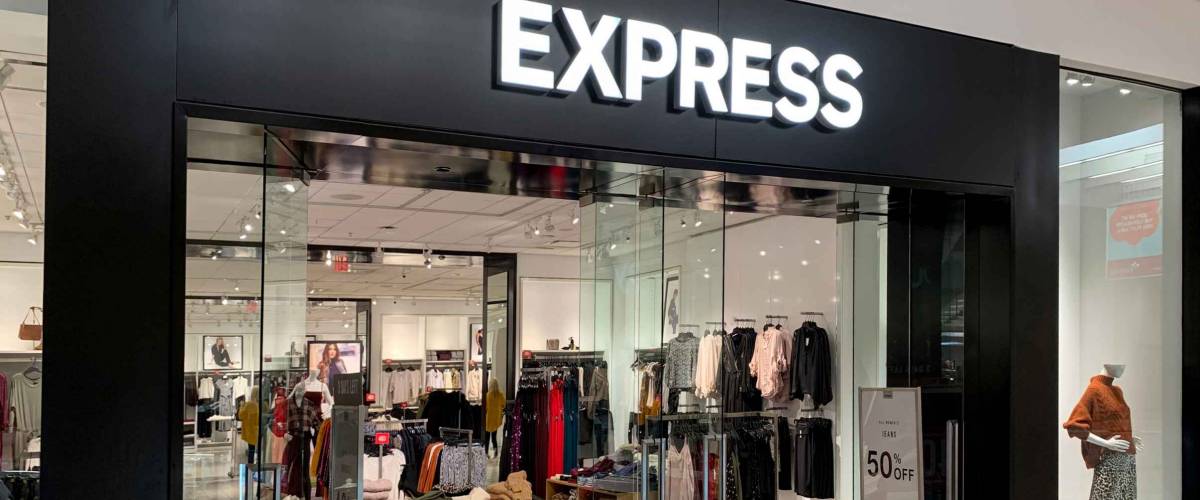
Stores closing in 2020: Up to 66
What shopping center doesn't have an Express store? The men's and women's closing retailer first appeared as "Limited Express" 40 years ago and quickly became a mall staple.
But fewer shoppers are visiting malls now, so Express is trying to keep itself on track. Following a disappointing 2019 holiday shopping season, the chain has announced plans to close around 100 stores by 2022.
The number includes 31 that have already shut down in 2020, and another 35 that will be gone by the end of January 2021.
That's out of 411 mall-based locations and 215 Express Factory Outlet stores that the company reported in a public filing in November.
24. Olympia Sports
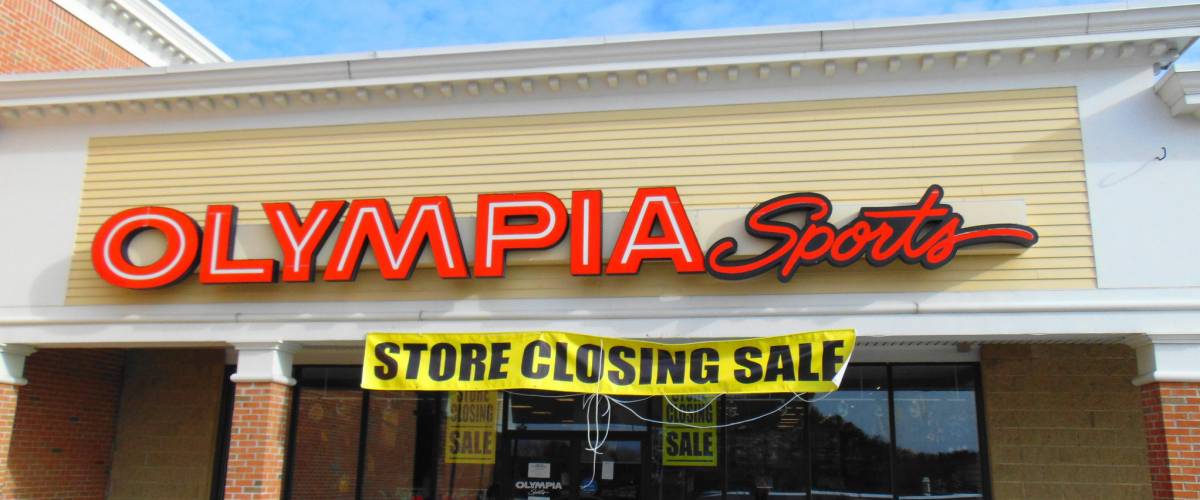
Stores closing in 2020: 76
It's game over in 2020 for half the stores that are part of the Olympia Sports chain. That's a regional sporting goods retailer familiar to shoppers in New England, New York and elsewhere along the East Coast.
The company got bought out last year by JackRabbit, a chain that has stores across the U.S. selling sneakers, exercise gear and athletic apparel.
The deal didn't include 76 of Olympia Sports' more than 150 stores, so liquidation sales at those locations began in November 2019 and stretched into the new year.
Olympia Sports was launched in 1975 in Portland, Maine, and spread as far south as the Washington, D.C., area.
23. Office Depot
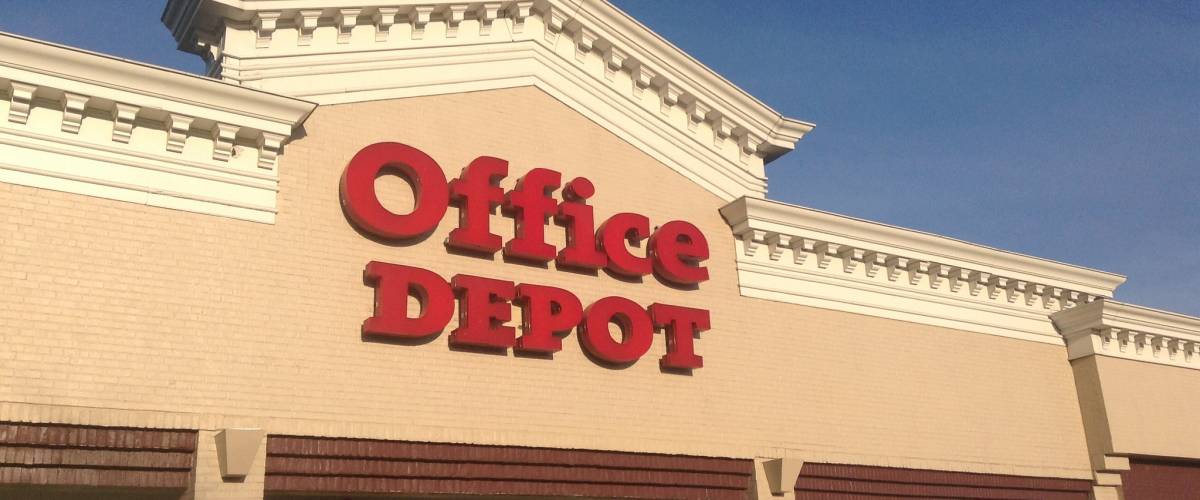
Stores closing in 2020: Up to 90
You may have to drive farther on your lunch hour for ink cartridges and mailing envelopes.
Seeing greater potential in business-to-business services, Office Depot has announced it will close 90 locations by 2021. That's on top of 55 that have gone dark over the last year.
The office supplies company also owns OfficeMax, so some of those stores are on the chopping block as well.
CEO Joe Lower has told investors that the company's stores might account for only 20% of all sales within three years.
22. Wilsons Leather
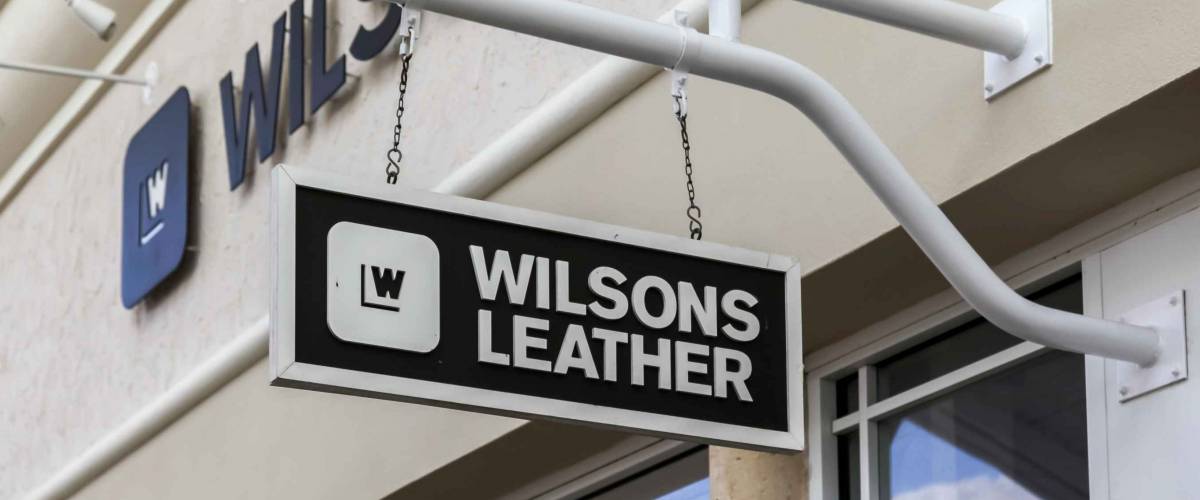
Stores closing in 2020: 110
Wilsons Leather — a chain known for its leather belts, shoes, handbags, gloves and especially jackets — is zipping it up.
Parent company G-III Apparel Group decided to close the last of the Wilsons Leather stores, which dwindled from more than 700 locations that operated in the U.S. and Canada in the early 2000s.
G-III also is shutting down its 89 G.H. Bass shoe and clothing stores.
The company says it wants to focus on what it calls its "five global power brands": DKNY, Donna Karan, Calvin Klein, Tommy Hilfiger and Karl Lagerfeld.
21. Lord & Taylor
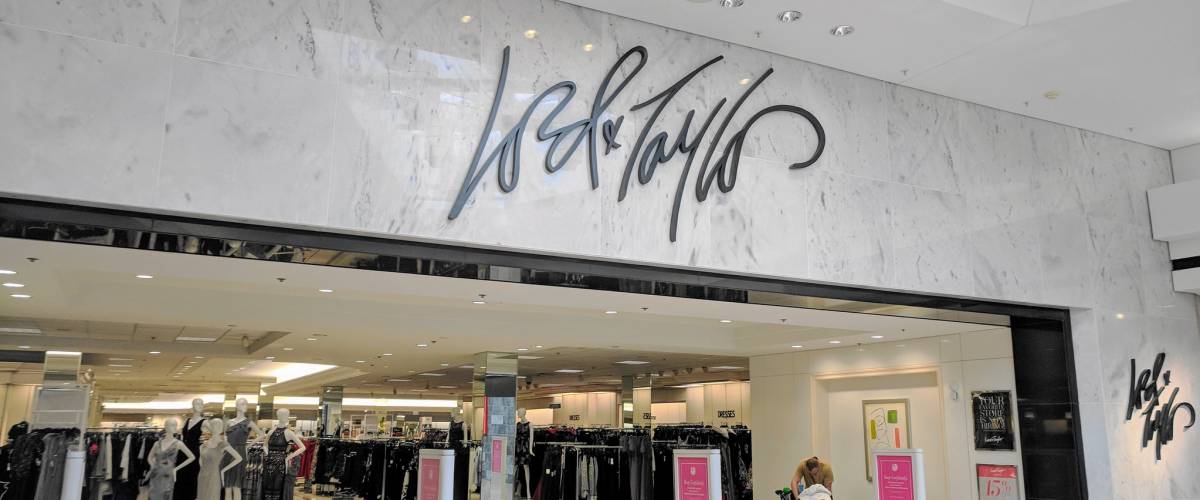
Stores closing in 2020: 21
Lord & Taylor is a relic that has been around since 1826. The original store in Manhattan advertised “fashionable dry goods” such as cloaks, shawls, mourning attire, laces and embroideries.
The chain has been withering and closed its New York City flagship store in January 2019. What was left of Lord & Taylor was bought last year by Le Tote, a clothing rental service that thought it could breathe new life into the brand.
But that was before the coronavirus outbreak came along and forced stores to lock things down for weeks. L&T had trouble coming back from that, and filed for bankruptcy at the beginning of August.
Executives say half of the last 38 Lord & Taylor department stores will close for good. Two other locations went out of business in early 2020.
20. A.C. Moore
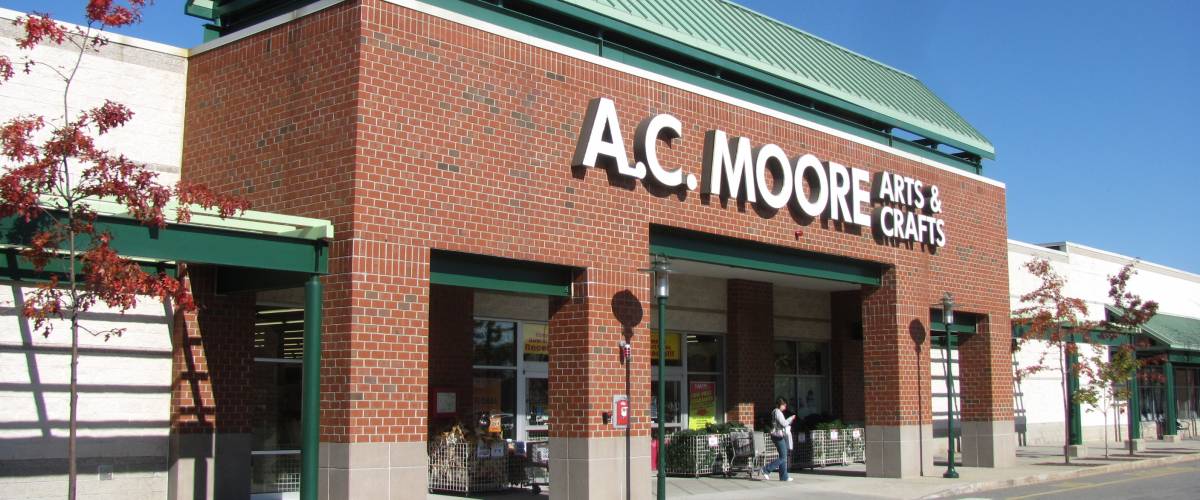
Stores closing in 2020: More than 145
The arts and crafts chain A.C. Moore is no more.
The retailer — whose stores were known for their generous coupons and were found primarily east of the Mississippi — has shut down. The company announced it was going out of business early in 2020.
"Unfortunately, given the headwinds facing many retailers in today's environment, it made it very difficult for us to operate and compete on a national level," A.C. Moore's CEO Anthony Piperno said, in a statement.
The first store was opened in New Jersey in 1985 by a guy named Jack Parker. Up to 40 of the A.C. Moore locations may have reopened as Michaels arts and crafts stores.
19. Modell's Sporting Goods
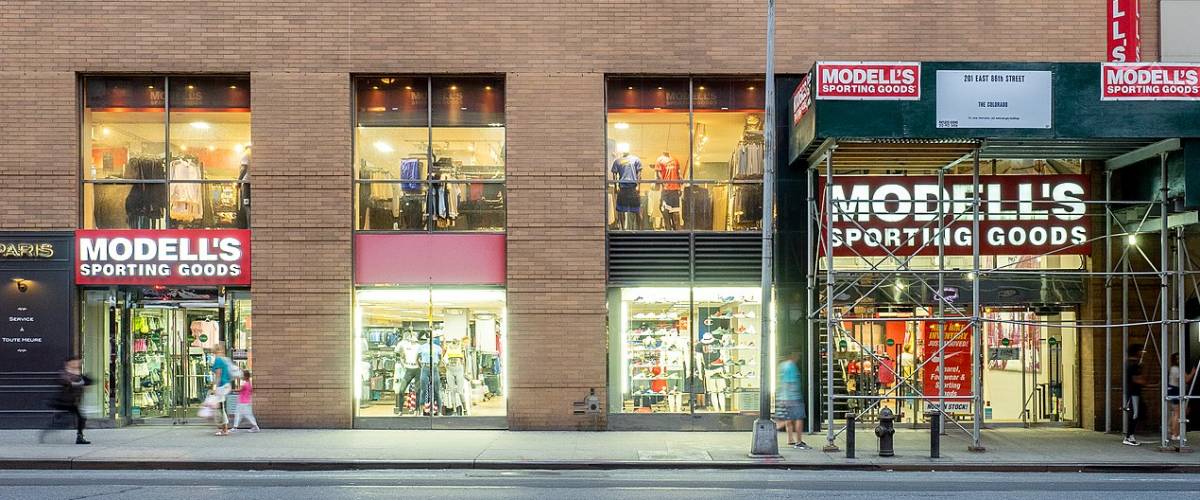
Stores closing in 2020: 153
You're probably familiar with Modell's Sporting Goods if you've ever been to New York City, where it seems there are almost as many of the stores as there are subway stations. In fact, Times Square has had two Modell's just one block from each another.
But now they're closing, along with all of the company's other stores along the U.S. East Coast.
Modell's said in February that it would close 24 of its stores, but a few weeks later the chain filed for bankruptcy and announced it would be shutting down all of its locations, from Massachusetts to Virginia.
Company executives blame Modell's demise on: tough competition from big-box stores and Amazon; bad seasons for the region's sports teams; a shorter holiday shopping season last year; and warm weather that hurt sales of jackets and other outerwear.
18. Forever 21
Sponsored Links
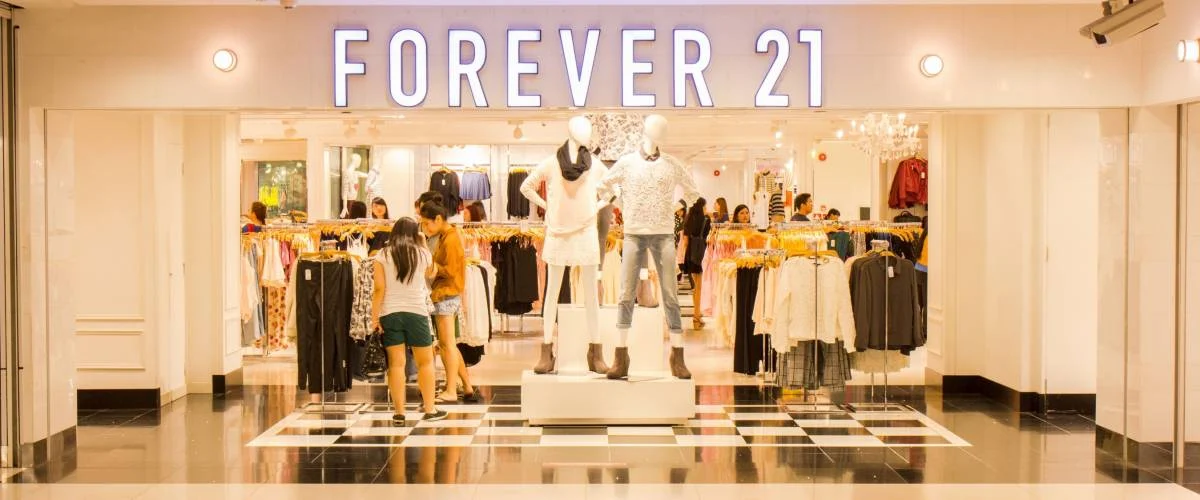
Stores closing in 2019: The last of 178
Forever 21 has been one of the giants of the "fast-fashion" business. The chain offers low-price clothing that changes rapidly to keep up with trends, and its massive stores have been a major go-to for teens who want hot styles at cheap prices.
But with young shoppers now questioning whether Forever 21's disposable clothing is good for the planet, the retailer has been forced to file for bankruptcy and shut down part of its buisness.
"Forever" has come to an end for nearly 350 stores worldwide, including nearly 200 U.S. stores. Those closings were announced last year, though a few didn't happen until early 2020.
17. Bose
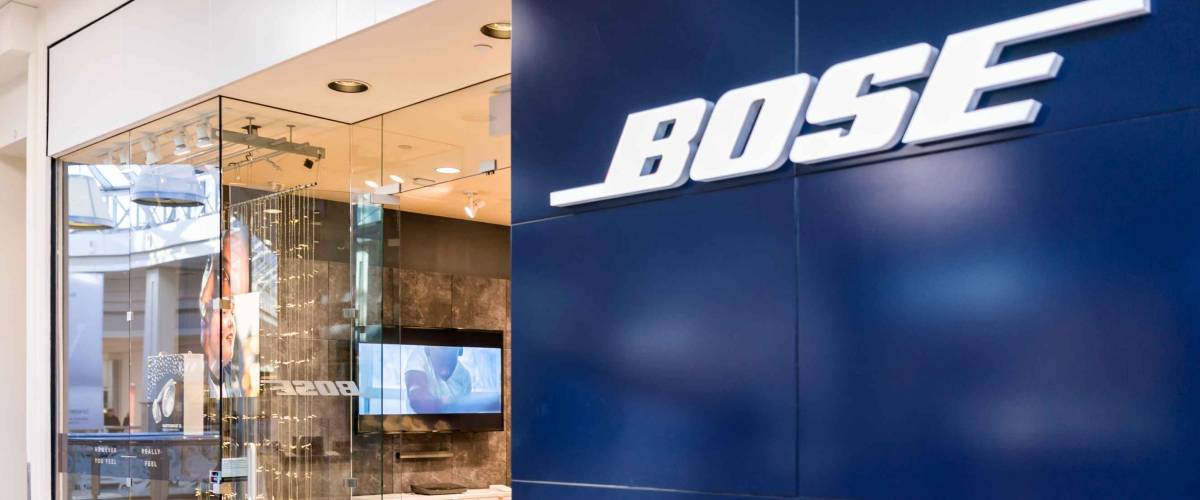
Stores closing in 2020: 50
Bose isn't amped up over having brick-and-mortar retail stores anymore, so the speaker and headphone company is closing all 119 of its outposts in North America, Europe, Japan and Australia.
The Bose website lists 50 stores in the U.S. — which will all be out of business within months.
The first U.S. store opened in 1993 as a place where consumers could test and experience Bose products. “At the time, it was a radical idea, but we focused on what our customers needed, and where they needed it – and we’re doing the same thing now," says Colette Burke, the company's vice president of global sales.
Bose says its customers are increasingly doing their shopping online now.
16. Destination Maternity
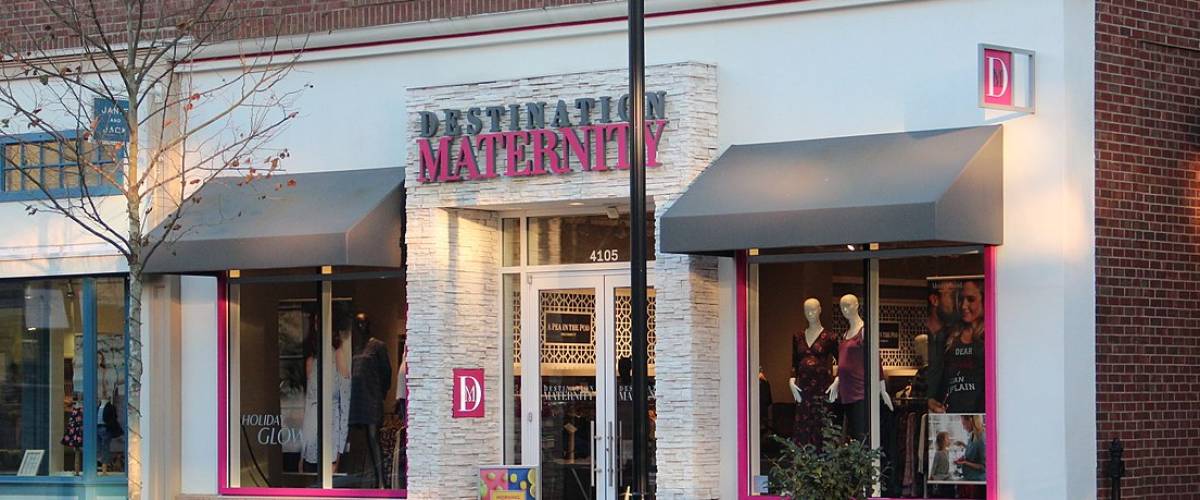
Destination Maternity is expecting to close 280 stores over four years.
Stores closing in 2020: The last of 183
Is anyone surprised that expectant moms would rather shop from the comfort of home than trudge to the mall?
So, Destination Maternity — which operates stores under its own name, as well as Motherhood Maternity and A Pea in the Pod — has been struggling to compete against online retailers.
With sales dropping, the chain filed for bankruptcy in October 2019 and said in a court filing that it would shut down more than 180 stores. The company was still working its way through its closure list in early 2020.
"In a challenging retail environment, we have had to make some very tough choices," said Destination Maternity CEO Lisa Gavales, in a statement. Her company wants to sell more of its maternity clothes via the web.
15. Walgreens
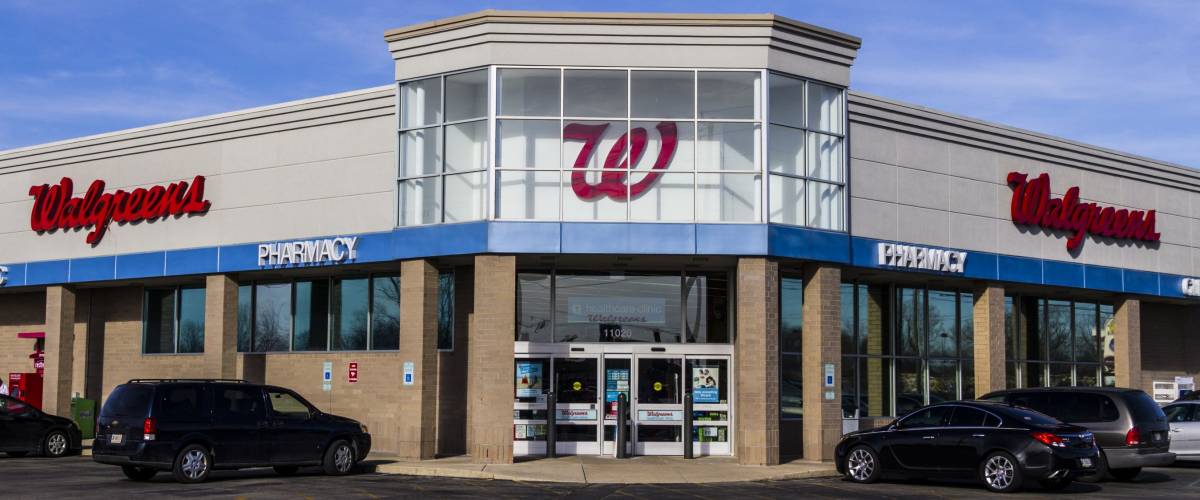
Walgreens has prescribed hundreds of store closings.
Stores closing in 2020: The last of 200
Drugstore chain Walgreens has been taking a big dose of downsizing. The company announced in the summer of 2019 that it would shut down about 200 of its U.S. stores, and that work is still going on.
Three San Francisco Walgreens closed in recent months, including a location in a prominent spot on Market Street. In March, a Walgreens is closing on the main shopping street in Old Town Alexandria, Virginia, outside Washington, D.C.
Walgreens says the closings amount to fewer than 3% of the chain's nearly 9,600 locations in the U.S.
The chain is trying new ways to lure customers into its stores. For example, there's now an arrangement that lets Urban Outfitters' online shoppers pick up their orders at Walgreens locations.
14. Art Van Furniture
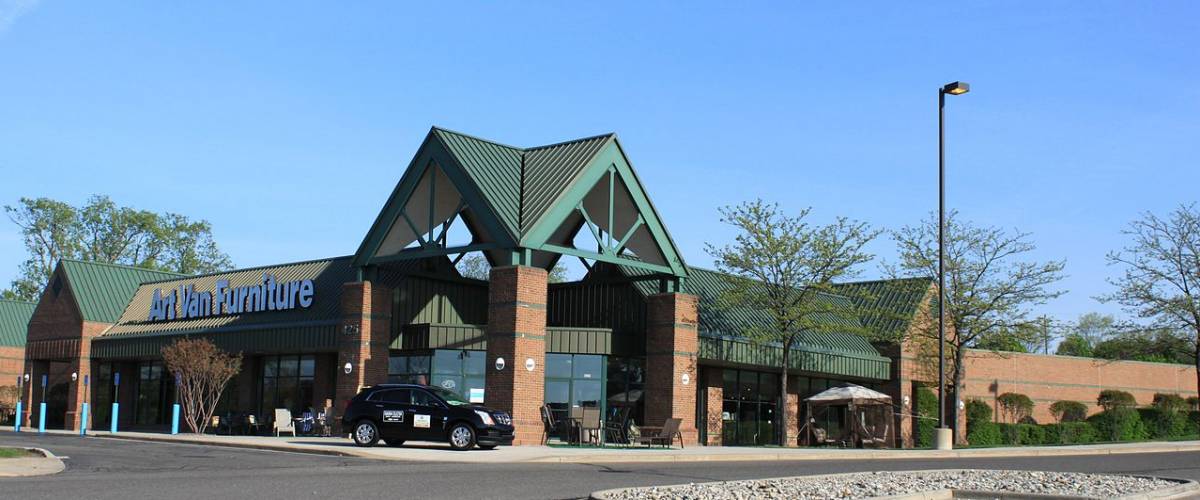
Stores closing in 2020: About 200
Art Van Furniture and mattress stores have been an institution in the Midwest, but the region is going to have to learn to get along without them.
The chain announced in early March that it was closing all of its company-owned stores in eight states, and a few days later Art Van filed for bankruptcy. In its filing, the company said its problems included losing customers to Amazon and Wayfair.
"Despite our best efforts to remain open, the company's brands and operating performance have been hit hard by a challenging retail environment," spokeswoman Diane Charles said, in a statement.
The chain's odd name came from its founder, Archie "Art" Van Elslander, who opened the first store in the Detroit area in 1959.
13. Brooks Brothers
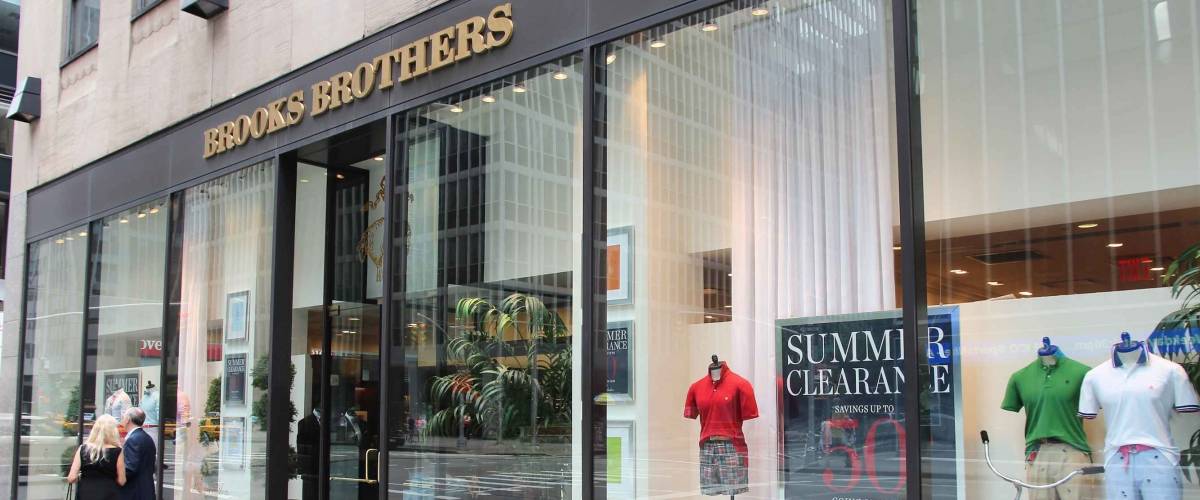
Stores closing in 2020: 51
It's tough to sell men's and women's suits and other fine clothing at a time when many Americans are working from home in shorts and scruffy polo shirts.
That's part of the story behind the bankruptcy filing and store closings at Brooks Brothers, which has been in business since 1818. It's the oldest clothing brand operating continuously in the U.S.
During its 200-plus years the retailer has never had to face anything like the coronavirus. But Brooks Brothers was in decline even before COVID-19 because of relaxed work dress codes and the growing popularity of online shopping.
"Industry headwinds were only intensified by the pandemic," says CEO Claudio Del Vecchio. The company is now looking for a buyer as it shuts down U.S. stores that represent about one-fifth of its locations in North America.
12. Earth Fare
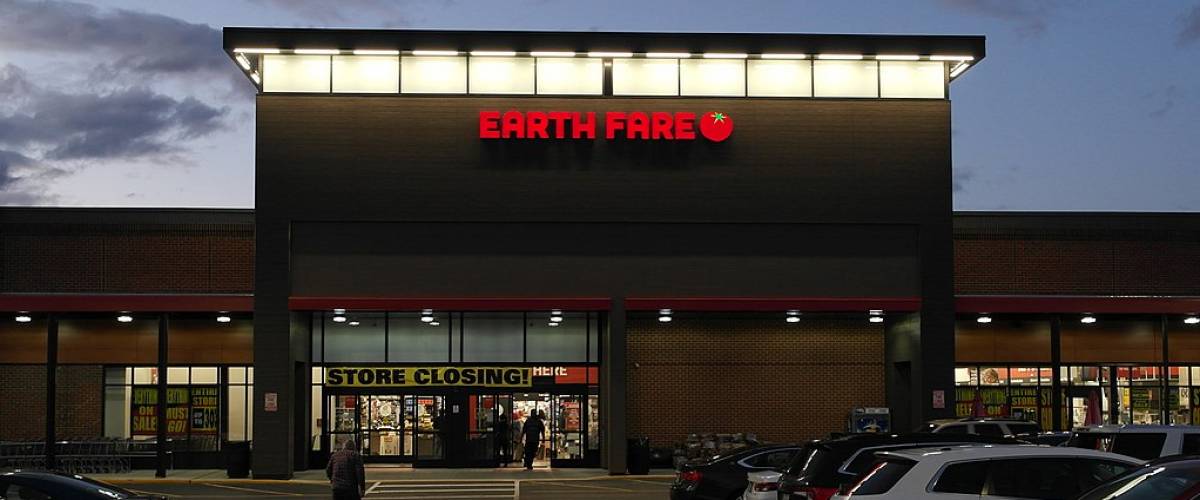
Stores closing in 2020: 50
Smaller organic grocery chains are learning that they're no match for goliath Whole Foods and its owner, Amazon.
Asheville, North Carolina-based Earth Fare decided to give up the fight. The chain announced in early February that it would shut down all 50 of its natural foods supermarkets in 10 Southern and Midwestern states. The company filed for bankruptcy just as going-out-of-business sales were getting underway.
"Continued challenges in the retail industry impeded the company's progress as well as its ability to refinance its debt," Earth Fare said in a news release.
Earth Fare got its start in 1975, and in the early years its name was a mouthful: Dinner for the Earth. That was replaced in 1993.
11. Bloomingdale's
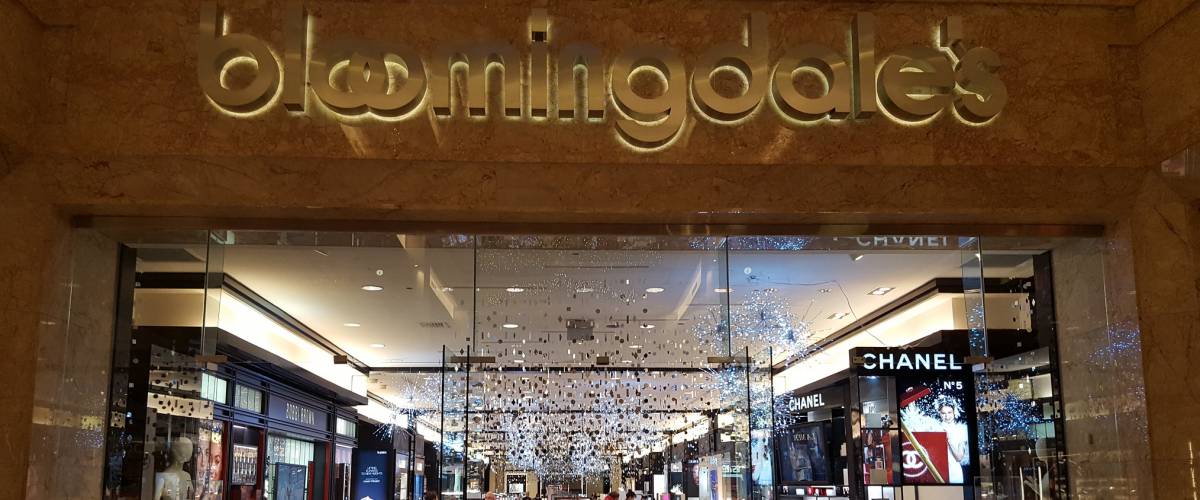
Stores closing in 2020: 1
Luxury department store Bloomingdale's has a lot of history, dating all the way back to its founding in 1861. The chain is now owned by Macy's Inc., and it has remained on the small side over the years.
Now it's even smaller. A store south of Miami — one of only 35 full-line Bloomingdale's locations that were listed on the company's website — closed in mid-January.
The Miami Bloomingdale's opened in 1984, and it was knocked out of business for more than a year after Hurricane Andrew tore through South Florida in 1992.
The store was able to come back from a Category 5 hurricane, but it couldn't survive what has been dubbed the "Retail Apocalypse."
10. Tuesday Morning
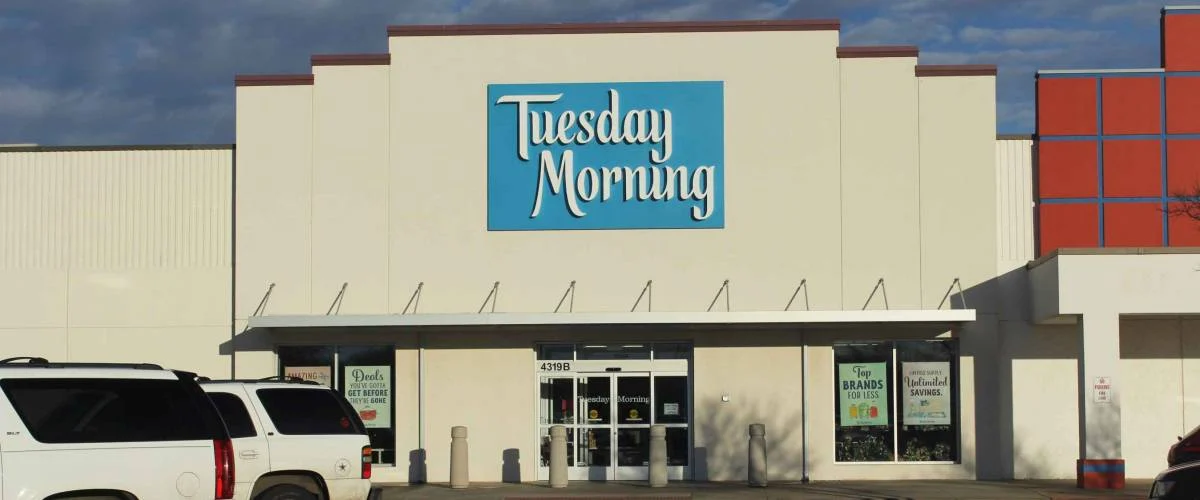
Stores closing in 2020: 232
These are tough times even for a deep-discount retailer whose stores normally look like they're holding going-out-of-business sales.
Closeout chain Tuesday Morning has filed for bankruptcy and will be holding liquidation sales for real as it plans to shut down around 230 of its nearly 700 locations during the summer of 2020.
"The prolonged and unexpected closures of our stores in response to COVID-19 has had severe consequences on our business," says CEO Steve Becker, in a news release.
Tuesday Morning got its start — and its odd name — from a massive "garage sale" of manufacturers' unsold inventory that founder Lloyd Ross held on a Tuesday morning in 1974. He considered Tuesday "the first positive day of the week."
9. Chico's
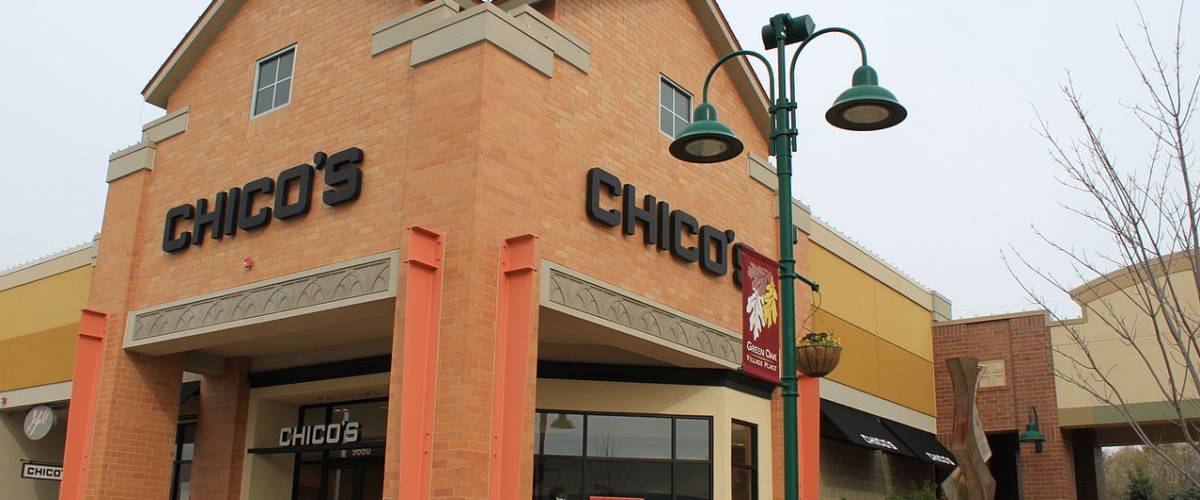
Stores closing in 2020: Up to 250
Chico's specializes in sophisticated clothing, accessories and intimates for women. It serves "the lifestyle needs of fashion-savvy women 30 years and older," according to its website.
The company — which also operates the the Soma and White House Black Market stores — was founded in 1983 by a husband and wife team and named after a friend’s parrot. It grew rapidly to more than 1,400 locations in the U.S. and Canada.
Now, the chain is shifting gears away from traditional stores. That spells the end for 250 U.S. locations by early 2022. It's not clear how many have already closed.
Chico’s has partnered with Amazon ShopRunner and QVC to accommodate its 8 million customers' changing needs and shopping behaviors.
8. Papyrus
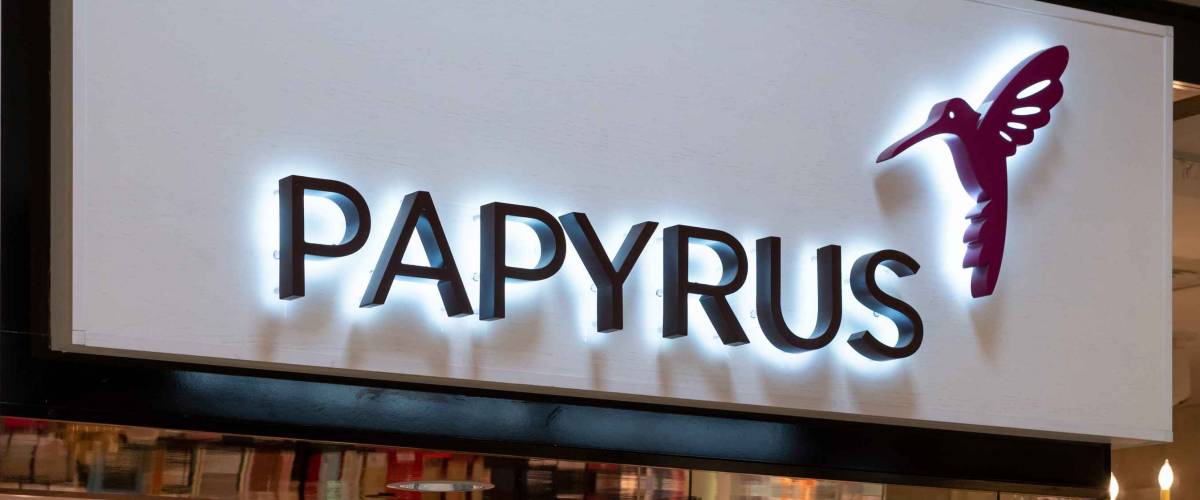
Stores closing in 2020: 178
The appropriate greeting card for this occasion is the kind that says, "We're sorry to see you go."
Papyrus, the upscale stationery and greeting card retailer that was a fixture in malls across America, has folded. The chain's 70-year-old parent company Schurman Retail Group filed for bankruptcy in January and announced that all of its stores would close.
"We hope that through our artistic, thoughtful greeting cards and our personal expression products that we were able to inspire you to celebrate and honor the special people in your lives, creating memorable moments along the way," Papyrus said on its Facebook page.
A total of 254 Papyrus, American Greetings and Carlton Cards stores have gone out of business, including 178 in the U.S. The rest are in Canada.
7. The Children's Place
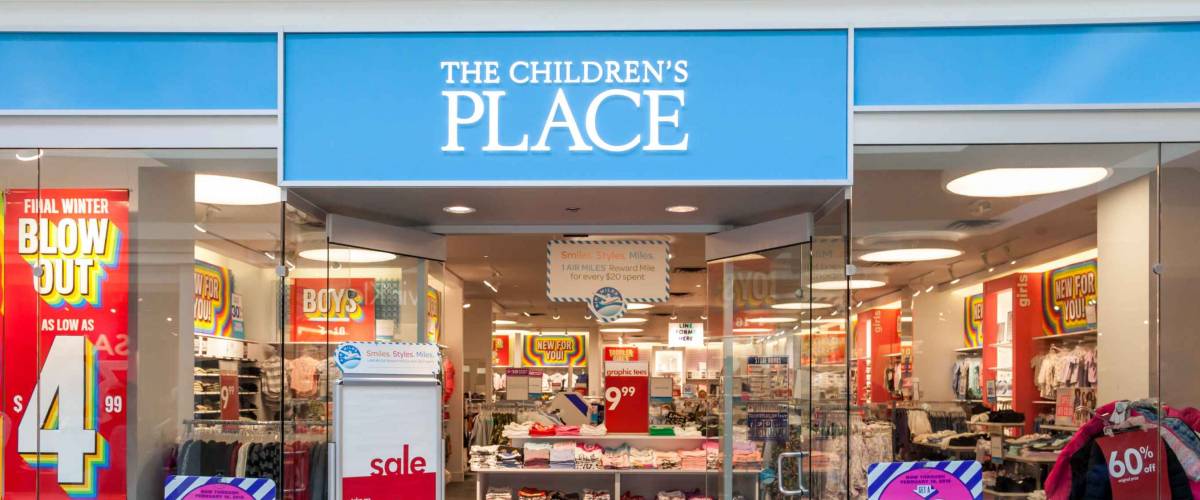
Stores closing in 2020: 200
The Children's Place — which has been dressing kids for over 50 years — has decided to put hundreds of its stores to bed.
Two-hundred locations are going out of business this year and another 100 will leave the playground in 2021, because of what CEO Jane Elfers describes as "the rapidly changing shopping patterns of our consumer, partly due to the COVID-19 pandemic."
The Children's Place wants to move more of it business online and away from struggling shopping malls. It has already closed 275 stores since 2013.
The retailer had more than 900 locations in the U.S. and Canada as of early May.
6. Bed Bath & Beyond
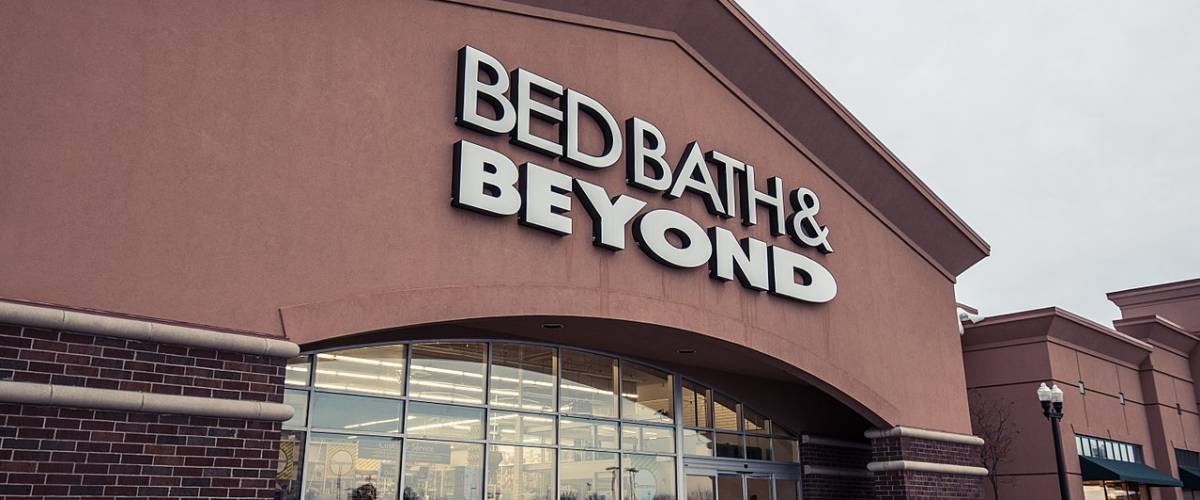
Stores closing in 2020: Up to 260
Bed Bath & Beyonds are behemoths. Some occupy more than 80,000 square feet and display around 300,000 items from floor to ceiling. That’s a lot of bath mats, bed sheets and potholders.
Before the pandemic hit, the home goods retailer planned to turn 40 of its stores into empty big boxes by March 2020. Another 20 stores were marked for closure from the other chains BB&B owns, including buybuy BABY and Cost Plus World Market.
In early July, after the business took a serious hit from COVID-19 shutdowns, the company announced plans to close around 200 more stores over the next two years. That's out of nearly 1,500 stores total.
"We believe Bed Bath & Beyond will emerge from this crisis even stronger, given the strength of our brand, our people and our balance sheet," says CEO Mark Tritton, in a news release.
5. Signet Jewelers
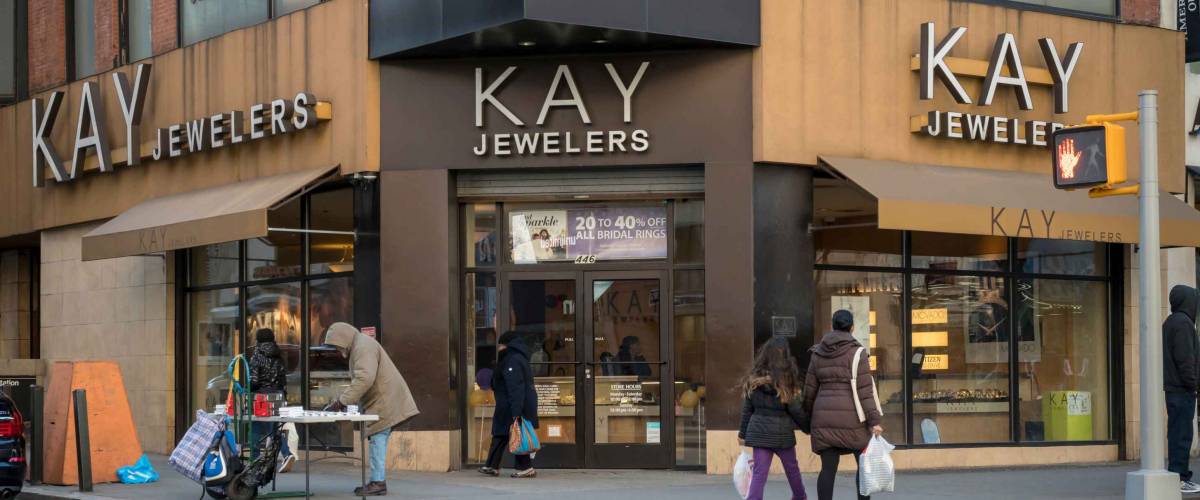
Stores closing in 2020: 300
Signet calls itself "the world's largest retailer of diamond jewelry," so why is it you've never heard of the company? Because Signet doesn't operate stores under its own name but instead owns nearly every jewelry chain you do know.
Kay Jewelers, Zales, Jared the Galleria of Jewelry, Piercing Pagoda, JB Robinson Jewelers and several other brands are all part of the Signet family. The stores started the year off with strong Valentine's Day sales, but that was before the coronavirus struck.
Sales dropped more than 40% in the company's latest quarter, so Signet says 150 North American stores that have been under lockdown will stay closed. Another 150 locations will shut down later in the year.
Signet operates about 3,200 jewelry stores worldwide, but it says the virus has sped up the company's transformation into more of an online retailer.
4. Victoria's Secret
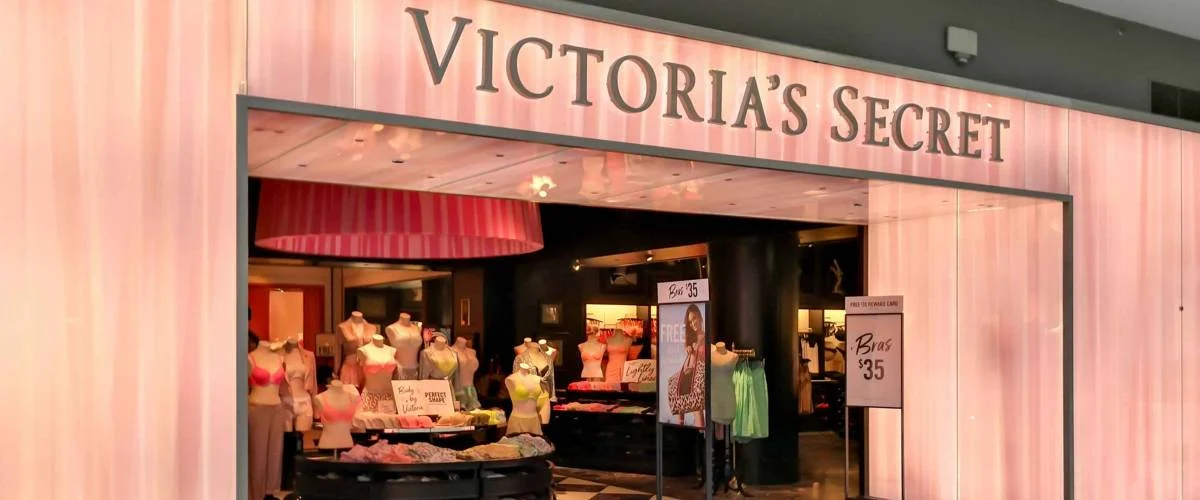
Stores closing in 2020: 250
It's no secret that this lingerie retailer has been having problems in recent years as many women have decided the chain isn't relevant anymore and isn't inclusive enough.
It didn't help that then-Chief Marketing Officer Ed Razek told Vogue in 2018 that the Victoria's Secret Fashion Show was "fantasy" and had no place for transgender or plus-size models.
With sales declining, Victoria's Secret has announced that about a quarter of its more than 1,000 stores in the U.S. and Canada will be out of business by the end of 2020.
And, interim CEO Stuart Burgdoerfer has told Wall Street analysts he expects there will be more closings in 2021 and 2022.
3. Stage Stores
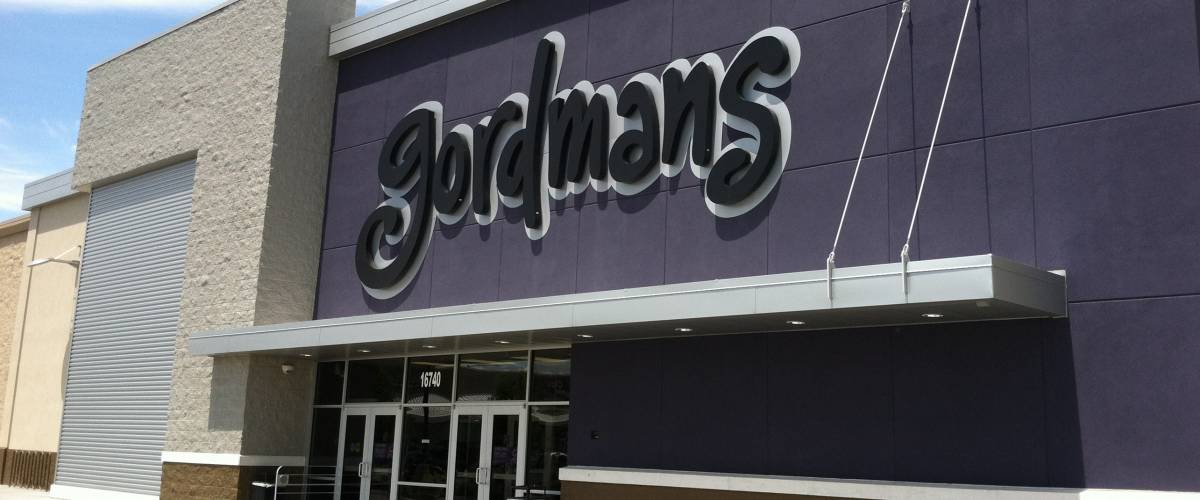
Stores closing in 2020: 738
It's hard for regional discount department stores to hold their own against national giants Walmart, Target and Kohl's.
The latest retailer to find this out is Stage Stores, the owner of Gordmans off-price stores and a bunch of other regional brands, including Bealls, Goody's and Peebles. The company filed for bankruptcy on May 10 and said it would permanently shut down all of its stores.
Stage Stores was trying to get itself on a better financial footing after a weak 2019 holiday season — but then along came COVID-19, which forced the company to close its stores for weeks.
The history of Stage Stores goes all the way back to the 1920s when two of its chains, Bealls and Palais Royal, were founded as family-owned businesses.
2. Pier 1 Imports
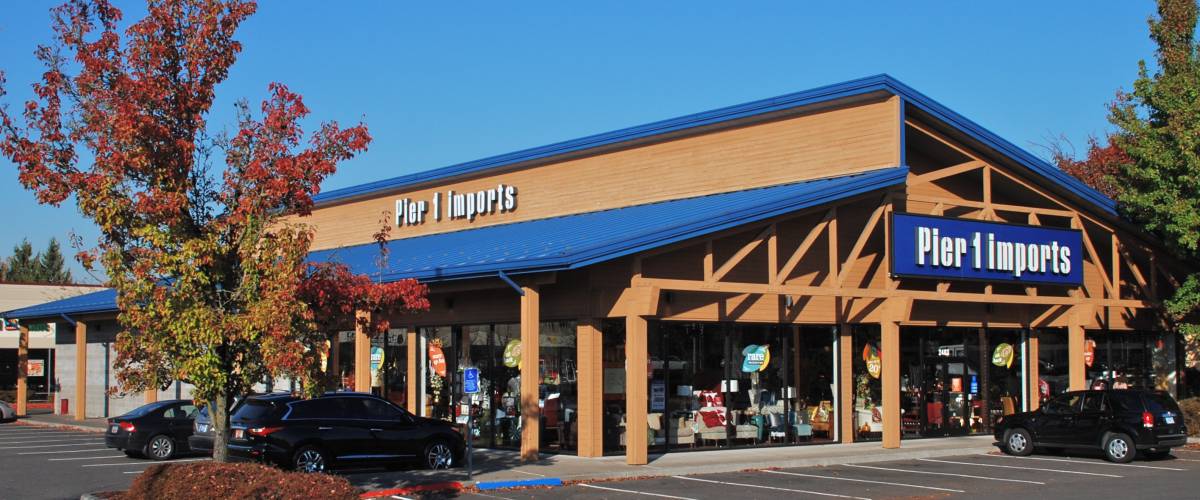
Stores closing in 2020: 936
Pier 1 Imports decided to throw in the towel — and the scented candle, the silk pillow, the papasan chair and every other item this home furnishings retailer has been known for.
The chain didn't plan to go out of business in 2020. But it began the year announcing that nearly half of its more than 900 stores would shut down. The company filed for bankruptcy and was hoping to find a buyer.
"Unfortunately, the challenging retail environment has been significantly compounded by the profound impact of COVID-19, hindering our ability to secure such a buyer and requiring us to wind down," Pier 1 CEO Robert Riesbeck says, in a May 19 news release.
The closing of all Pier 1 stores brings an end to a retailer that started in 1962 with one location selling beanbag chairs, incense and love beads to baby boomers in San Mateo, California.
1. GNC
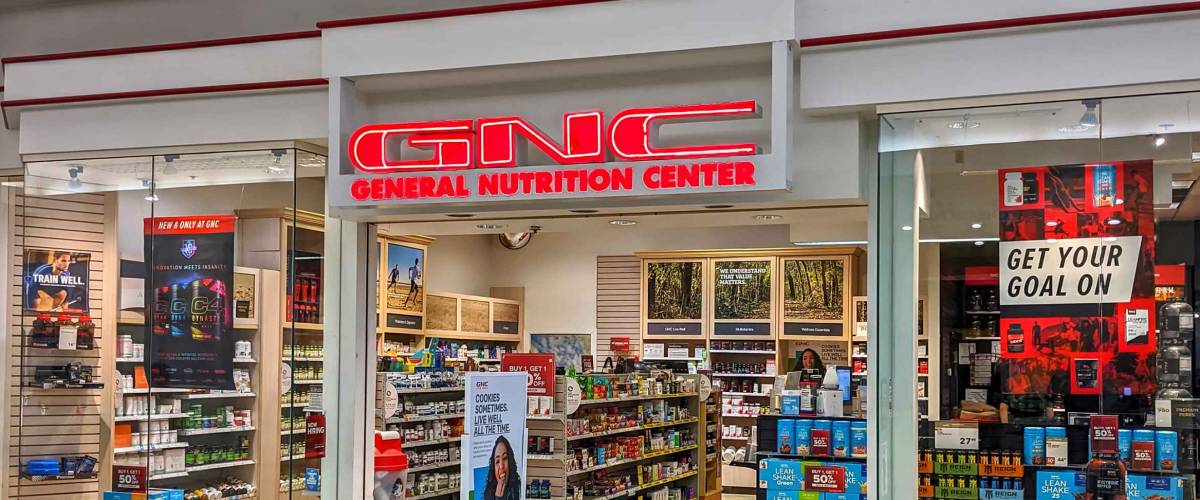
Stores closing in 2020: Up to 1,200
GNC, which has been selling nutrition and diet products since 1935, is slimming down in a big way.
The vitamins and supplements retailer has filed for Chapter 11 bankruptcy and says it will close 800 to 1,200 of its stores. The company operates 7,300 stores around the world, including 3,600 stand-alone locations in the U.S. and another 1,600 mini GNCs within Rite Aid pharmacies.
In a statement to customers on its website, GNC explains that it has been under financial pressure the last few years but was making progress toward paying down its debt and keeping up with online competitors.
"However, the COVID-19 pandemic created a situation where we were unable to accomplish our refinancing and the abrupt change in the operating environment had a dramatic negative impact on our business," the company says.
Retail chains aren’t the only ones struggling. These restaurants are shutting down the most U.S. locations this year, counting down to the merchant turning out the lights at the largest number of locations.
Here are the major restaurants that are permanently closing the most stores in 2020, counting down to the biggest announcements.
28. Pizza Hut
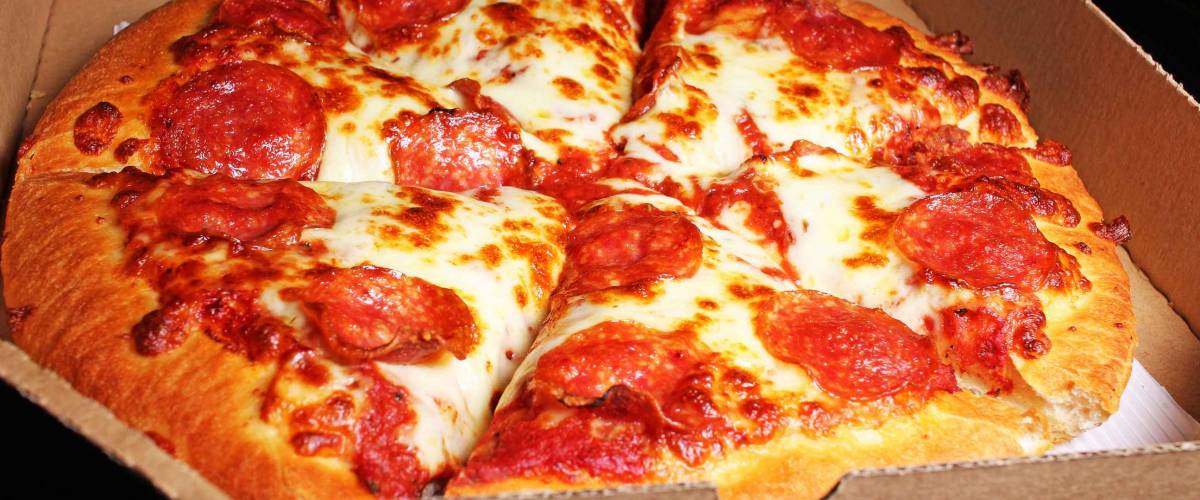
2019 and 2020 closings: About 450
Older generations may have gone to Pizza Hut on first dates, or may have fond memories of hitting the Hut with the team to celebrate a big win with personal pan pizzas, breadsticks and pitchers of Pepsi.
Soon, the experience of having a meal at Pizza Hut will be nothing but a memory — because the chain is getting out of the sit-down restaurant business. It's becoming a strictly carryout and delivery pizza chain, like Domino's and Papa John's.
As part of the transition, the number of Pizza Hut locations would fall from around 7,450 to about 7,000, executives told analysts on an August 2019 conference call.
People who grew up eating at Pizza Hut took to Twitter in mourning. Model Chrissy Teigen reacted by cursing, followed by: "I love them because I like to see my toppings on top of the cheese. Long live the hut."
27. McCormick & Schmick's

Some pasta from McCormick & Schmick's.
2019 and 2020 closings: 7
The upscale McCormick & Schmick's seafood-and-steaks restaurants have been doing a slow fade since the chain was purchased in 2012 by Landry's, the owner of Bubba Gump Shrimp Company, Morton's The Steakhouse and other dining brands.
At the time of the sale, there were 85 M&S locations in the U.S. Today, the website lists only 32.
That's after at least seven closings since early 2019. Restaurants have gone out of business in cities including St. Louis; Denver; and Providence, Rhode Island, according to local media reports. Most recently, the M&S in San Diego closed unexpectedly just hours after hosting a New Year’s Eve celebration.
Yes, there really was a (Bill) McCormick and a (Doug) Schmick. They launched their chain in Portland, Oregon, in 1979.
26. Steak ’n Shake
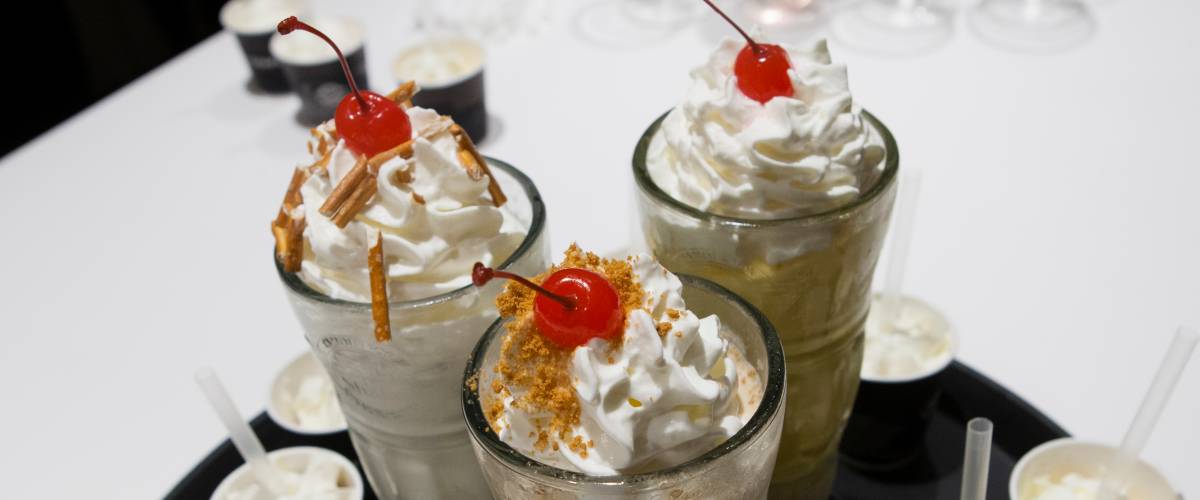
2019 and 2020 closings: 107
Launched in Illinois in 1934, this brand was built on handcrafting cuts of steak to make better burgers. Steak 'n Shake says each year it serves 110 million "steakburgers" and 60 million milkshakes.
The Indianapolis-based chain shut down restaurants in waves throughout 2019 and has closed at least one so far in 2020. Executives have said 103 of the closings were just "temporary" and that most of those Steak 'n Shakes will reopen under new franchisees and with a new counter-service format, like fast-food places.
The company has been plagued by a drop in customer visits and rising costs. Things have gotten so bad that CEO Sardar Biglari floated the idea of cutting the milkshakes' signature cherries to save $1 million a year.
25. O'Charley's
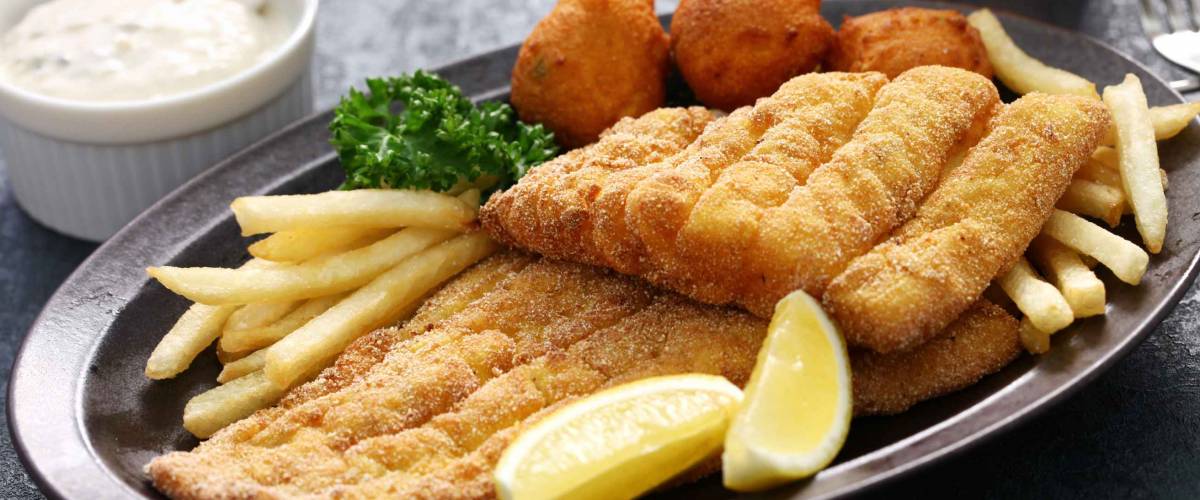
2019 and 2020 closings: 16
O'Charley's fans are finding they have fewer places to enjoy "free pie Wednesdays" and all-you-can-eat-catfish Thursdays.
This Southern-flavored sit-down restaurant chain that got its start in Nashville, Tenn., in 1971 has been quietly trimming its roster of more than 200 locations in 17 states.
Eight O'Charley's shut down over the last weekend in June 2019, says Nation's Restaurant News. Local news reports indicated that at least six others closed earlier in last year, including an Orlando, Florida, restaurant near the Universal theme parks.
So far in 2020, two locations in Kentucky have gone out of business.
Though O'Charley's has been struggling, executives told Wall Street analysts on a conference call last year that they were seeing signs of improvement.
24. Benihana
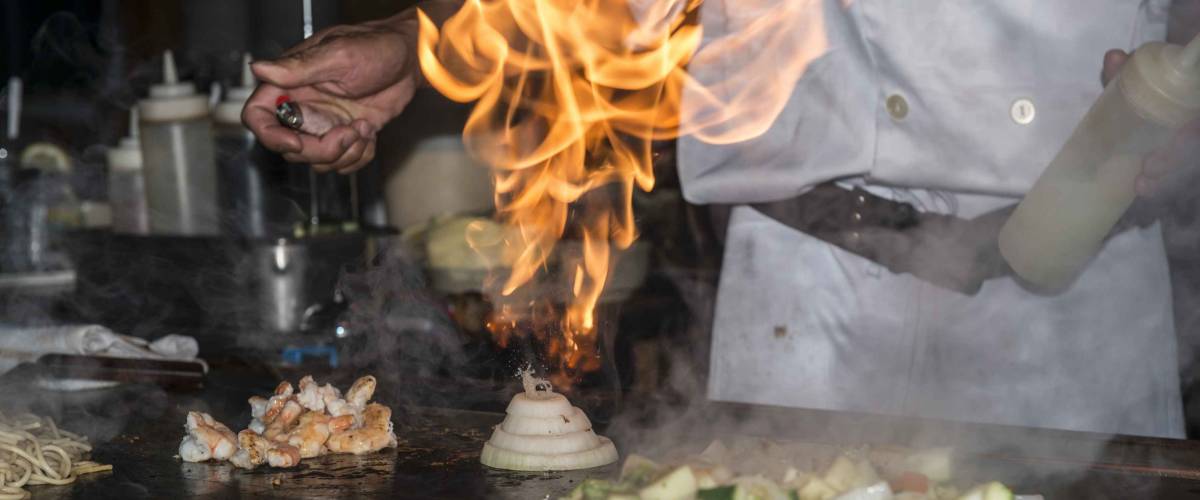
Benihana has chopped a couple of restaurants out of its system.
2019 and 2020 closings: 1
When the first Benihana restaurant opened back in 1964, it delighted guests with its overtly theatrical approach to dining. (The onion volcano, in particular, never fails to entertain.)
The resulting chain also helped introduce Americans to teppanyaki, a style of Japanese cooking that uses a griddle to quickly fry noodles and thin slices of food. While Benihana fully exploited this niche for years, many other teppanyaki restaurants have since risen to compete.
Though the Sacramento, California, Benihana went out of business recently, the company this year announced plans to expand in the U.S. and develop franchises in the Caribbean, Central America and South America.
23. Fuddruckers
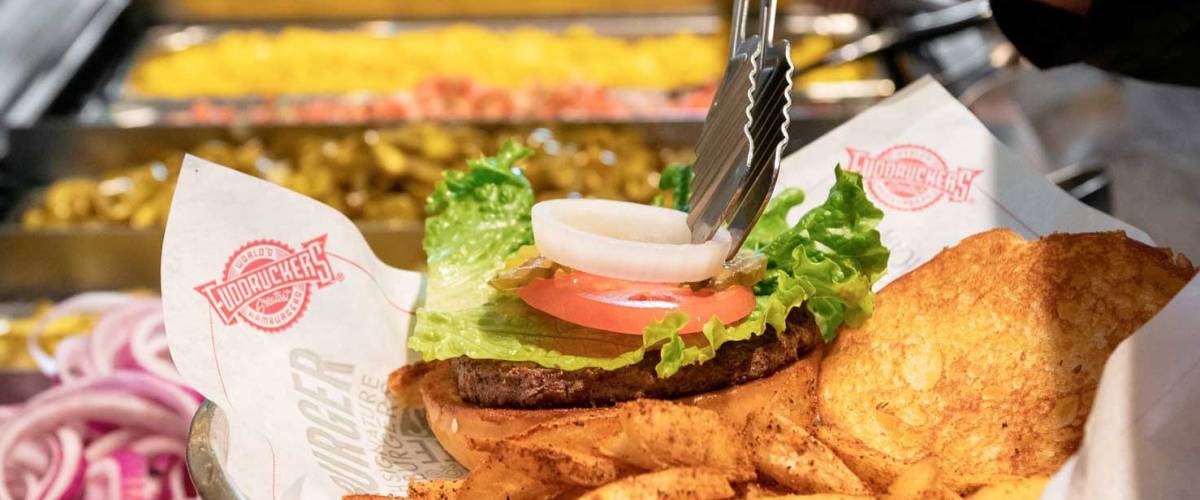
2019 and 2020 closings: 15
You think this burger chain has an odd name now? The original name was even stranger: Freddie Fuddruckers. Who is not and never was a real person.
The business was founded by a guy named Philip J. Romano, who would eventually put his own name on a restaurant chain, Romano's Macaroni Grill.
But back to Romano's earlier creation, Fuddruckers, which boasts that its juicy hamburgers are "the world's greatest." The brand is now owned by the Luby's cafeteria people, and they've been closing their company-owned Fuddruckers locations.
The chain's website shows there are now nearly 180 company-owned and franchise Fuddruckers around the world. Financial statements indicate that at least 15 locations closed in 2019.
22. Souplantation/Sweet Tomatoes
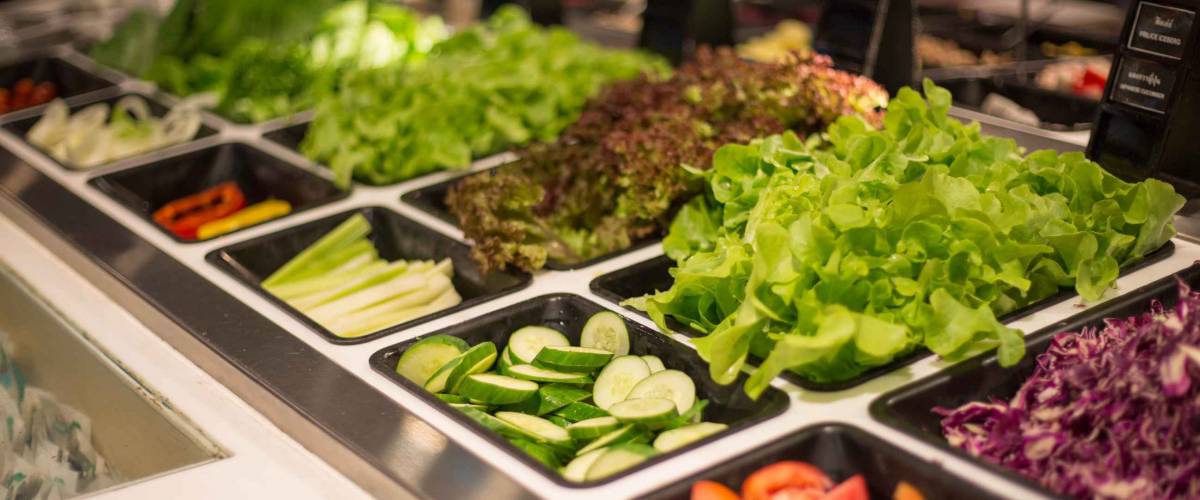
2019 and 2020 closings: 97
These buffet restaurants — which were called Souplantation in Southern California and Sweet Tomatoes in other parts of the U.S. — were done in by the coronavirus.
All 100 or so locations closed during state shutdowns, and the management announced they would not come back.
That's because federal guidelines for stopping the spread of COVID-19 recommend that customers not be allowed to serve themselves, which is a big part of the basic business model for buffets.
"We don’t see a viable way to reopen," CEO John Haywood told Restaurant Business. The parent company of the chains, Garden Fresh Restaurants, filed for bankruptcy in mid-May.
21. Bravo/ Brio

2019 and 2020 closings: 81
The company behind the Italian restaurant chains Bravo Cucina Italiana and Brio Tuscan Grille was already struggling because of rising food costs and other issues.
And then came the coronavirus.
"The COVID-19 outbreak truly could not have come at a worse time for our business," FoodFirst Global Restaurants CEO Steve Layt said, in a statement. "We have experienced nothing short of devastating sales declines."
Early in the year, 10 of the restaurants closed, according to reports. Later, as states required restaurants to close off their dining rooms, 71 more locations were shut down — leaving just 21 still operating. The company has filed for Chapter 11 bankruptcy protection and is hoping someone will come along and buy what's left.
20. Boston Market
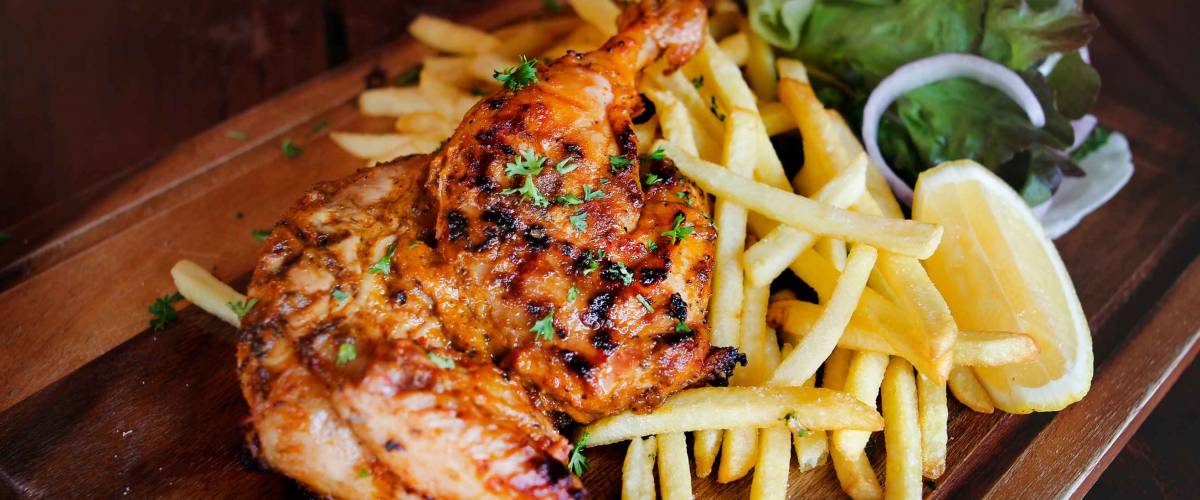
2019 and 2020 closings: 50
Last year, Boston Market closed about 10% of its more than 450 rotisserie chicken restaurants — including the last two in Boston, the city that gave the chain its name. Five more have closed in 2020, from Kansas to New Jersey.
The company started out in 1985 as "Boston Chicken" in suburban Newton. It's now headquartered in Colorado.
In a letter to employees, CEO Frances Allen pinned the closings on "increased competition, shifting consumer preferences, and rising costs on everything from goods and labor to real estate and utilities."
Boston Market has been through tough times before. In 1998, it filed for bankruptcy, and two years later the company got taken over by — surprisingly enough — McDonald's. The fast-food giant flew the coop in 2007 when it sold the chicken chain.
19. Burger King
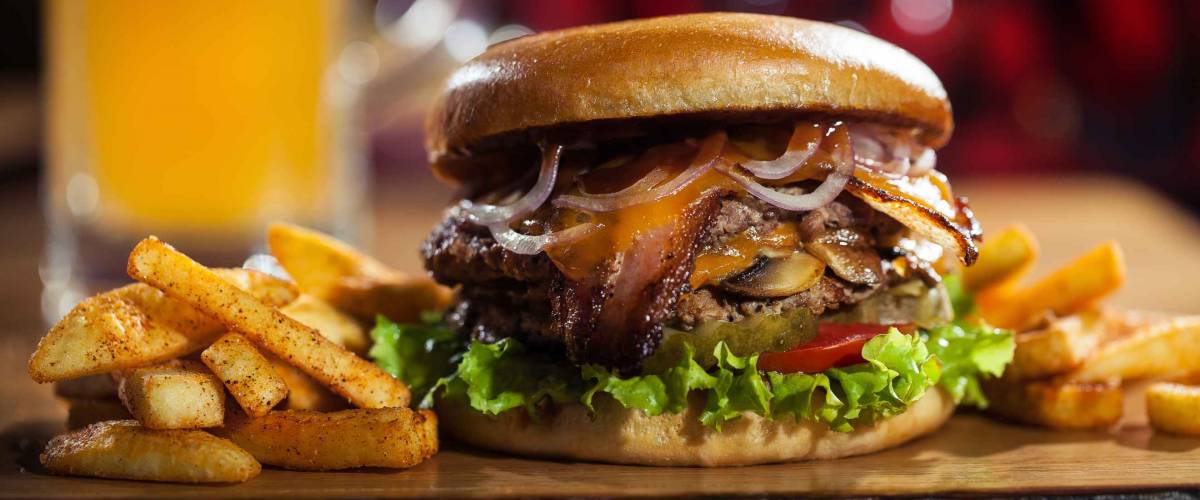
2019 and 2020 closings: Up to 350
The home of the Whopper has been closing at least 100 restaurants per year, but more than double that number (250) were set to leave the king's realm in 2019. Two more have closed in 2020, maybe on the way to a more “normal” cutback this year.
Lagging locations have been on the chopping block to make way for the "Burger King of Tomorrow": new BKs incorporating technology such as self-order kiosks inside and digital menu boards at the drive-thru.
Each new restaurant is expected to do about $500,000 more business per year than the old ones being shut down.
Burger King — called "Insta-Burger King" when it was founded in Florida in 1953 — says it serves 11 million fans around the world every day.
18. Bar Louie
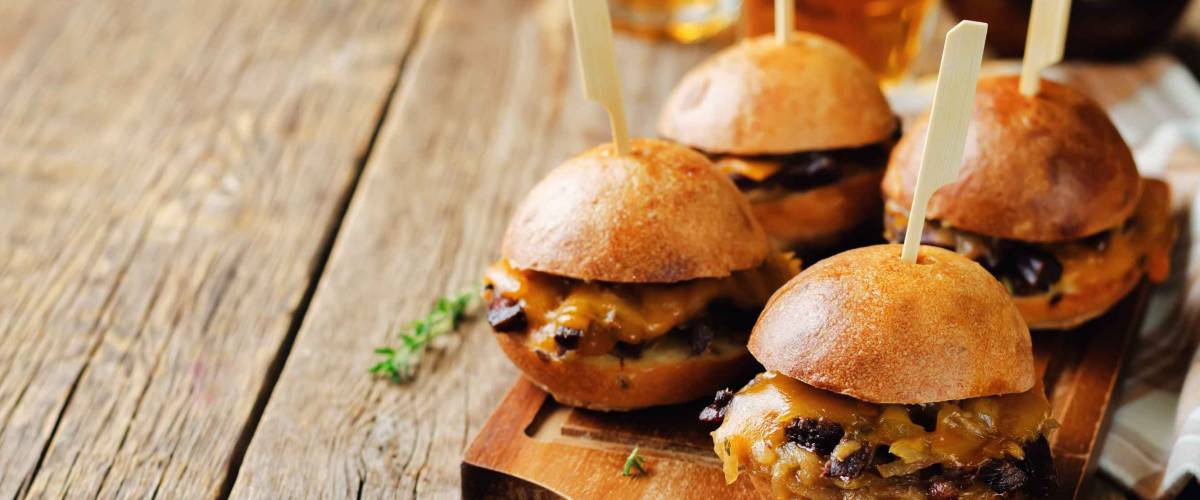
Bar Louie has gone kablooey.
2019 and 2020 closings: 39
This 30-year-old gastropub slings bar food with a twist, like bourbon BBQ pork pineapple flatbreads and nacho-crunch craft burgers. Falling victim to bankruptcy, Bar Louie permanently shut down dozens of locations across the U.S in late January 2020.
The closures were abrupt; for example, zero notice was given to employees in Colorado, according to a local report.
The company has managed to keep over 90 locations up and running. Tom Frick, CEO of Bar Louie, said in a news release that shaking dozens of restaurants loose will “help us to focus on our profitable core locations and expand areas that have a proven track record of success.”
17. Cosi
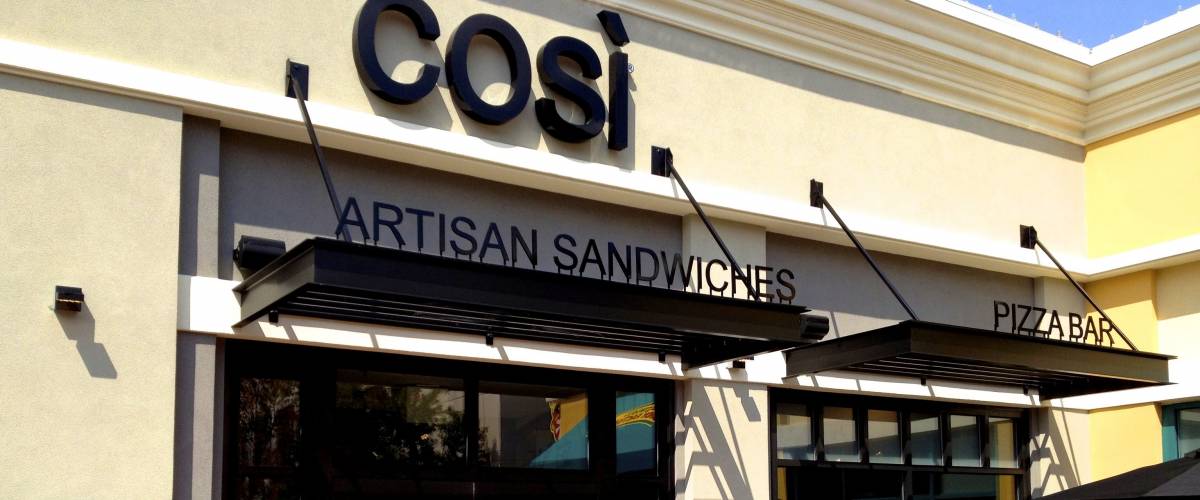
2019 and 2020 closings: 30
If you're a fan of Cosi —the chain whose sandwiches come with their ingredients tucked into toasty flatbread — it's getting harder and harder to find one of these that's still open.
Cosi's website shows only 11 locations are left, down from more than 150 in 2008. The company closed 30 of its stores near the end of 2019 and said it would move more heavily into catering.
A couple of months later, Cosi filed for Chapter 11 bankruptcy protection, for the second time since 2016.
In a statement announcing the bankruptcy, the company said it's trying to respond to "current customer dining trends" — and indicated it would open some new shops during the first half of 2020.
16. TGI Fridays
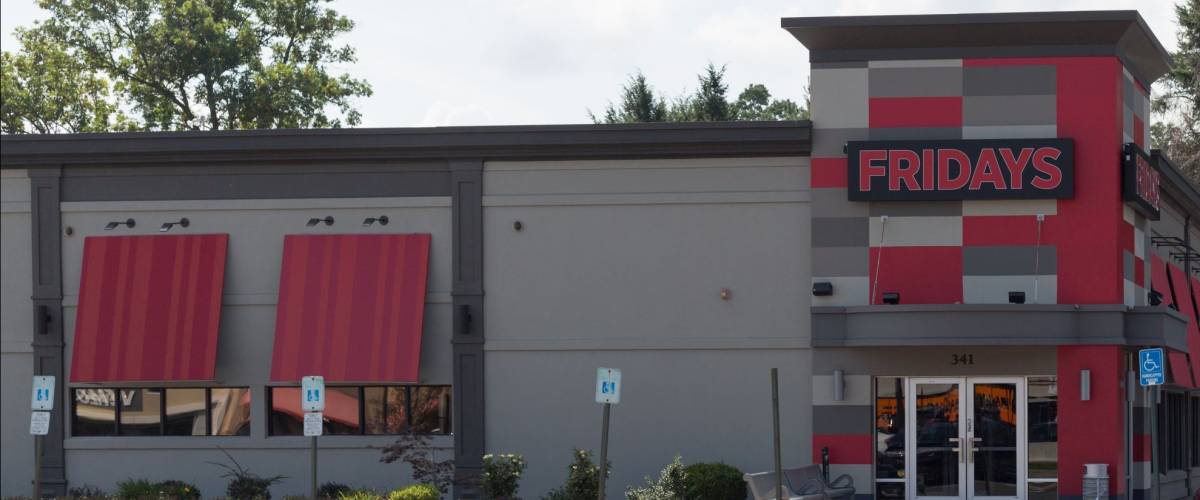
At least five TGI Friday's locations have shut down in 2019.
2019 and 2020 closings: 38
Older sit-down restaurant chains like TGI Fridays are being squeezed by America's generational and economic divides.
They're failing to catch on with younger diners, who prefer fresher and more innovative foods. The casual-dining restaurants also are getting caught in the middle as Americans gravitate to either higher-end establishments or fast-food joints.
TGI Fridays has been retooling its menu and trying to return to its singles-bar roots, but those efforts didn’t help much last year. Sales plunged, so the company is scaling back.
In 2019, 34 company-owned and franchise restaurants had their very last “last call,” according to NBC’s Today, and media reports indicate at least another four either have closed or will be shutting down in 2020, including the only Fridays in Rhode Island.
15. Perkins
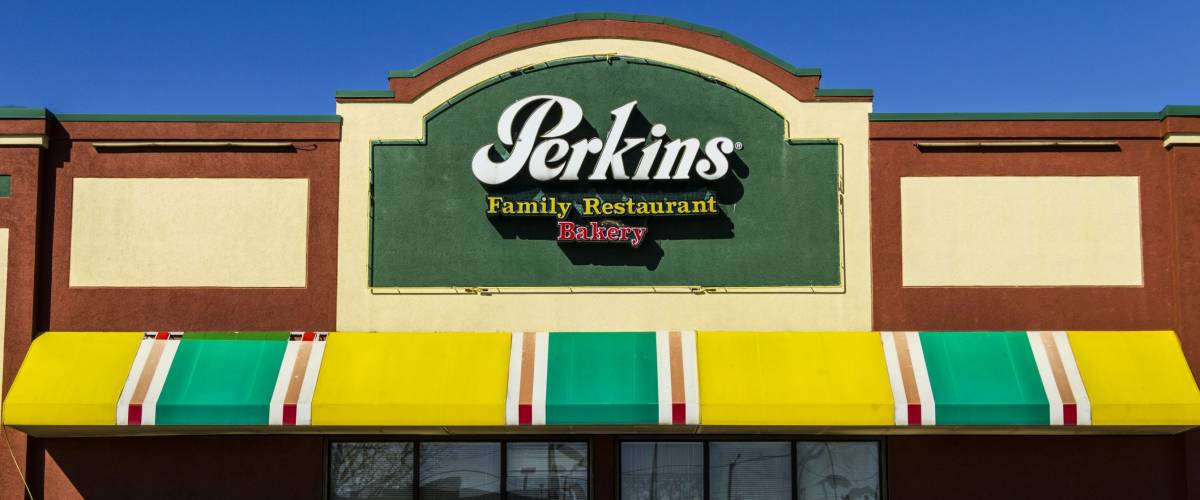
2019 and 2020 closings: At least 33
A couple of former Alaska gold prospectors started Perkins in Cincinnati in the late 1950s. They had far more success with restaurants than they ever did with precious metals.
Customers raved about their buttermilk pancakes, and within a few short years they were franchising their concept, originally called Perkins Pancake House.
By the 2010s, the company was facing a tall stack of financial trouble. It filed for bankruptcy in 2011 and again in 2019. The chain has weathered several rounds of closures, which often come without warning. The most recent took place in January 2020 in Waterloo, Iowa, and Johnson City, Tennessee.
Perkins’ website says there are currently 317 locations in 32 states and Canada — which, by our count, suggests more than 30 have closed since the start of 2019.
14. Metro Diner
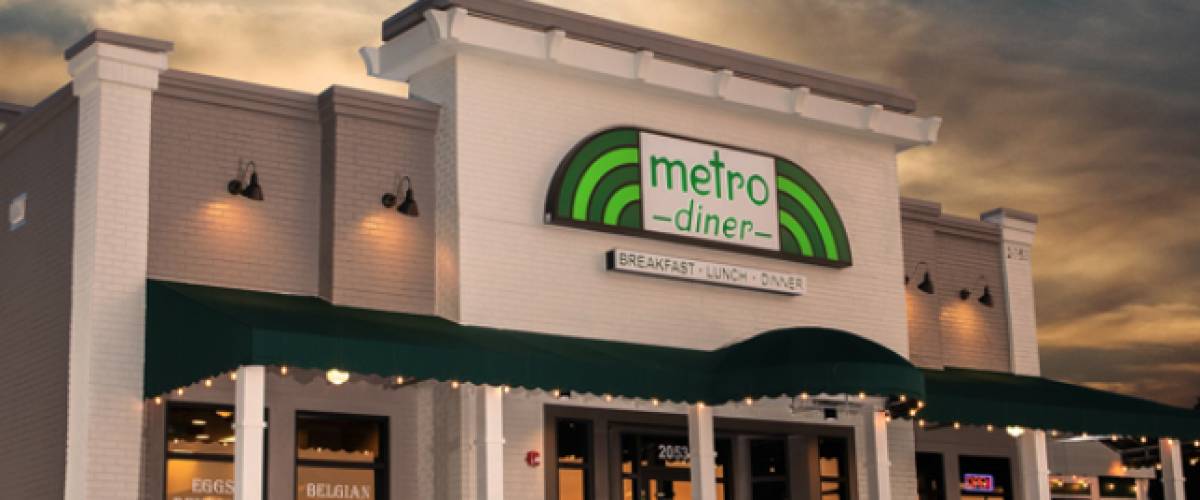
Metro Diner has been closing many of its locations.
2019 and 2020 closings: 8
Founded in 1992 in Jacksonville, Florida, this diner chain shot up in popularity after it was featured on Guy Fieri’s Food Network show “Diners, Drive-Ins and Dives” in 2010.
The chain has since closed both of its Las Vegas locations as well as restaurants in Indianapolis; Birmingham, Alabama; South Tulsa, Oklahoma; and Macon, Georgia.
One explanation for the pullout from Las Vegas is the wage laws in Nevada. The state requires employers to pay tipped workers the regular minimum wage, while many other states allow workers who make tips to be paid a lower base rate.
Metro Diner said the law made it difficult for the company to turn a profit.
13. Applebee’s
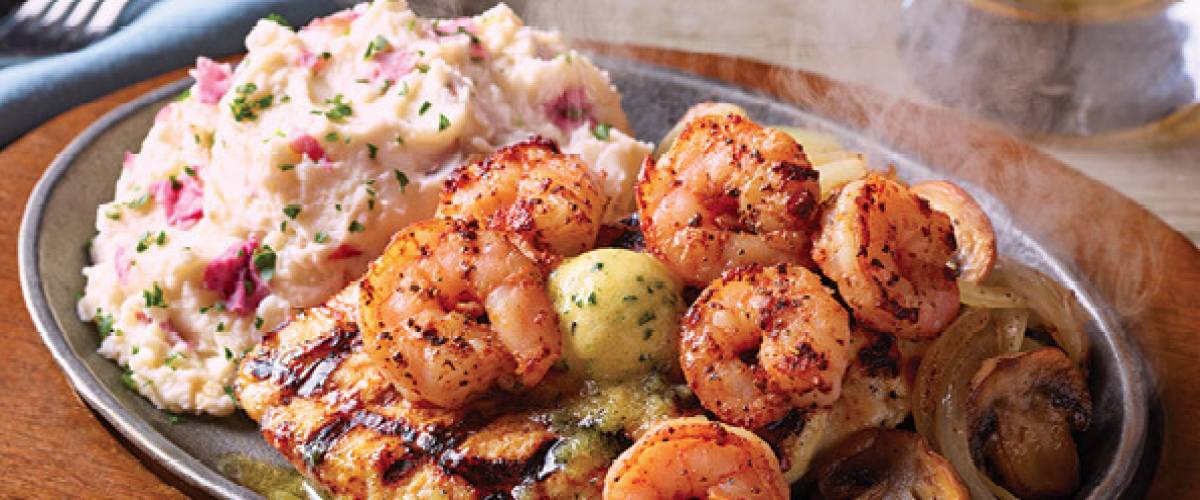
2019 and 2020 closings: 40
Owner Dine Brands admits that this neighborhood bar and grill is a little behind the times. So, the company has been doing a lot of pruning.
In 2018, the number of Applebee's dropped by 90 (from 1,936 to 1,846, according to reports). Company executives told Restaurant Business that the plan was to close another 20 each in 2019 and 2020.
The idea is not to kill off Applebee’s entirely but fine-tune it. There will be greater focus on off-premises catering, takeout and delivery services. The leadership also is tinkering with healthier menu items and more ethnic food choices.
Atlanta-born Applebee’s first opened in 1980.
12. Ruby Tuesday
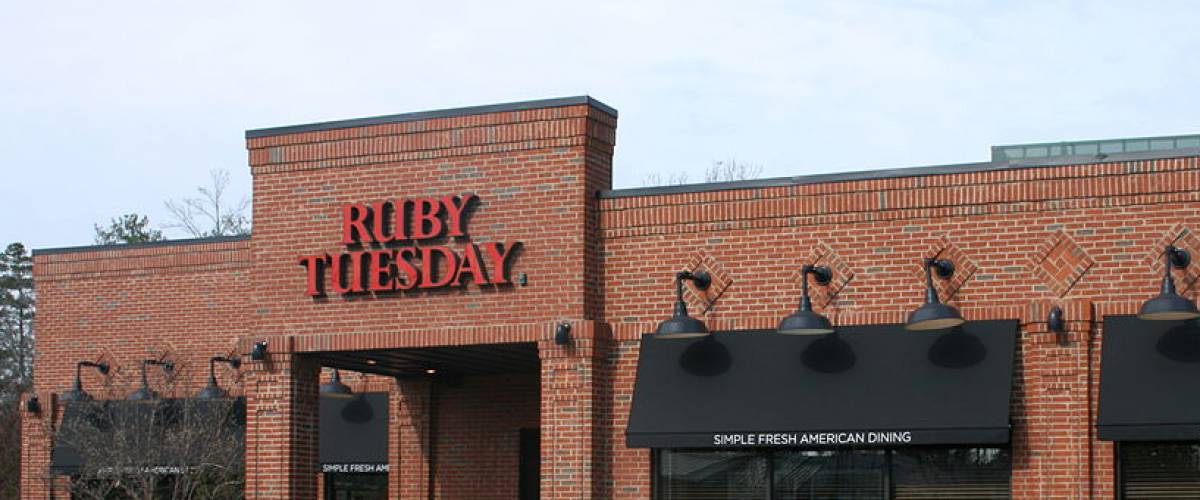
The Ruby Tuesday chain has been dwindling.
2019 and 2020 closings: 26
Restaurant companies can be notoriously tight-lipped about closings, so sometimes it's just a matter of doing the math. The location count for Ruby Tuesday is steadily shrinking.
According to local media reports (often using the headline "Goodbye, Ruby Tuesday"), the lovable casual dining chain with the Endless Garden salad bar shut down at least 26 of its restaurants last year. That's after turning out the lights at 51 locations in 2018.
September closures in New York, New Jersey, Connecticut, Delaware, Michigan and Massachusetts were typical. A simple notice appeared on the door apologizing for the inconvenience.
Founded in 1972, Ruby Tuesday was a pioneer of fresh ingredients and handcrafted cocktails. The very first one was a tiny hangout near the University of Tennessee, Knoxville.
11. Marie Callender's
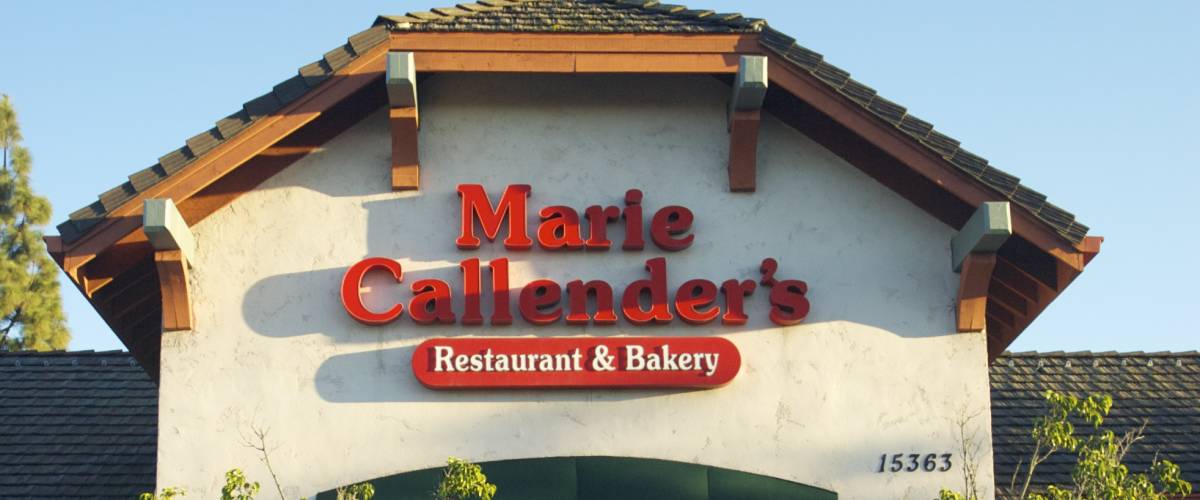
Marie Callender's has gone from more than 50 restaurants down to two dozen.
2019 and 2020 closings: 19
The Marie Callender's name may make you think of chicken pot pies and banana cream pies in the frozen food aisle. There was a real Marie Callender, and she started out making dessert pies in her modest Orange County, Calif., home in the 1940s.
By the 1950s, she was baking up to 200 a day for restaurants in the area, and it wasn't long before the family decided to open its own restaurants to showcase Marie's pies.
Business was crumbling while the chain was owned by the Perkins pancake restaurants company, which filed for bankruptcy in 2019. Marie Callender’s is going forward now with a new owner.
Not long ago there were more than 50 locations in the western U.S., but the number has dwindled to fewer than 30. At least fans still have the frozen pies when they need a Marie's fix.
10. Kona Grill
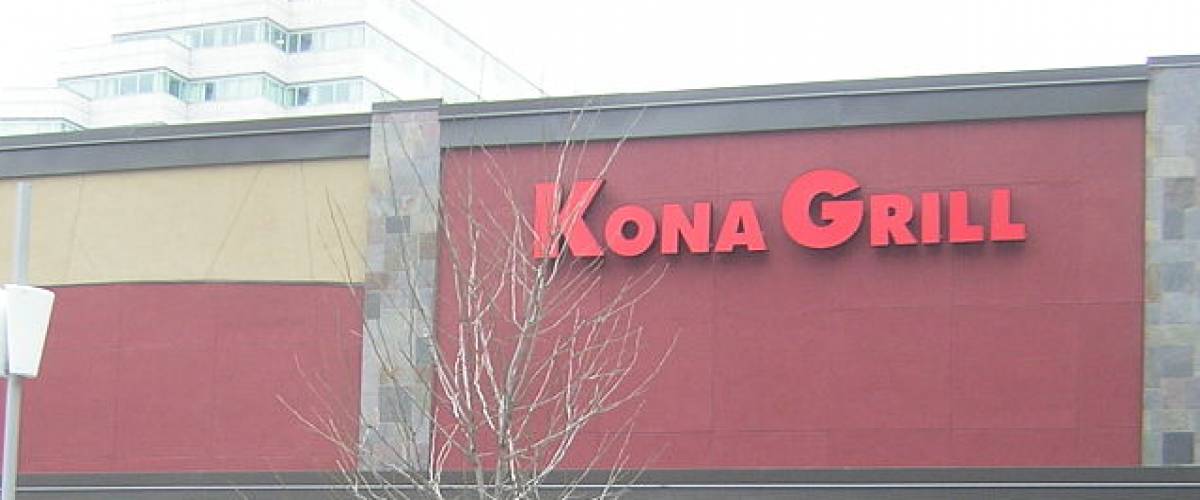
Kona Grill expanded too fast.
2019 and 2020 closings: 19
When it opened in 1998, Kona Grill was unique in many ways. Its 40 sauces, made from scratch, introduced global flavors that elevated ordinary stir-fry and sushi.
The chain filed for bankruptcy last year, closed 19 locations and began looking for a buyer.
Kona Grills are beautiful restaurants, but they cost around $4 million to build. A former CEO with the company tells Restaurant Business the leadership was overambitious with expansion plans.
When sales started to drop off in 2015, Kona panicked and cut back on culinary innovation, management, support staff and employee training. All of this had a negative impact on the guest experience.
9. Red Robin
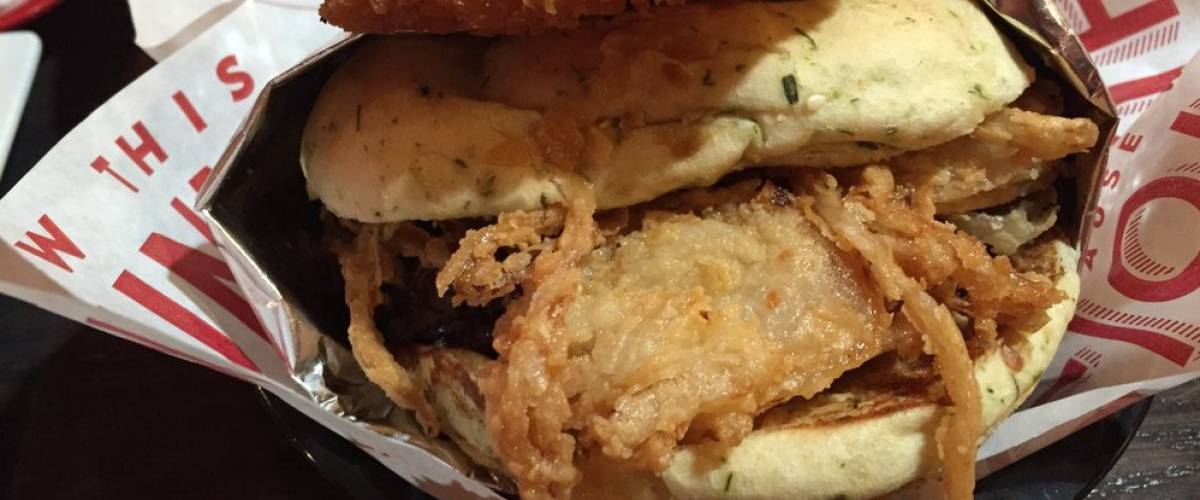
The Prime Chophouse burger from Red Robin.
2019 and 2020 closings: 10
Kid-friendly Red Robin, which was founded 50 years ago in Seattle, isn't going to be flying quite so high.
The company says one reason for its recent decision to shut down 10 of its restaurants was the hard times at U.S. shopping malls. Seven of the 10 were located within malls.
In a news release, Red Robin said it hopes shutting down some money-losing restaurants would "drive improved profitability."
Sales and customer numbers have been declining at Red Robin, and the Burger Works fast-food chain that the company attempted a few years ago was just one more fast-food blunder. It didn't last long.
8. Joe’s Crab Shack
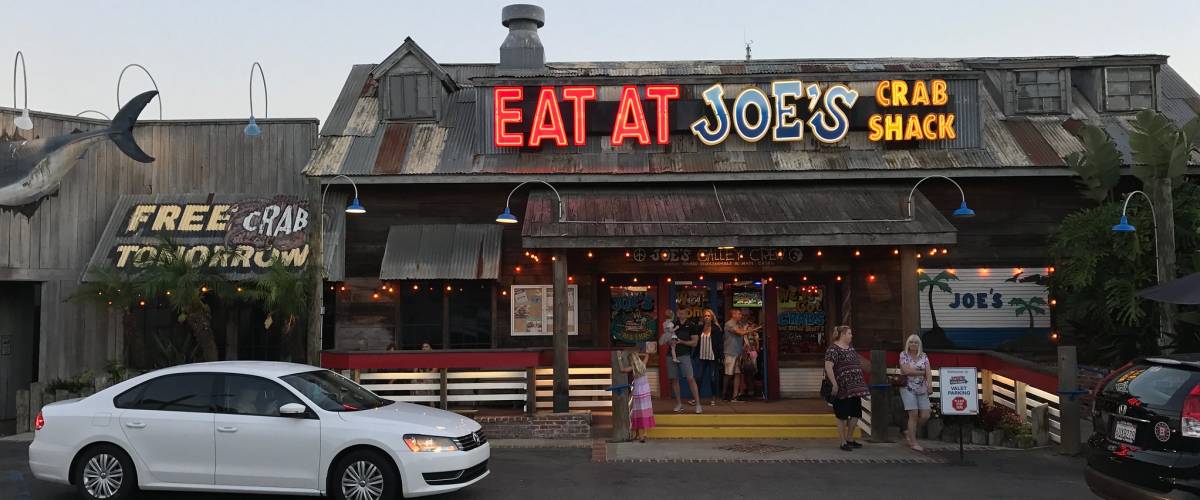
Joe's Crab Shack has been in hot water.
2019 and 2020 closings: 3
This seafood restaurant chain, which first opened in Houston in 1991, shrank by over a third when 41 locations abruptly went out of business in 2017. And more have closed since then, including restaurants in California, Texas and South Carolina last year.
Like the crabs it serves, the company has found itself in hot water a few times in recent years. In 2014, after the company publicly announced it would stop using oil containing trans fats to cook its seafood, a consumer group claimed Joe’s locations were still using a dipping sauce loaded with trans fats.
A year later, Joe’s Crab Shack encountered backlash when it tested a no-tipping policy. Employees’ wages were increased to compensate for the lack of tips, but customers weren’t thrilled to see higher menu prices.
7. Luby's
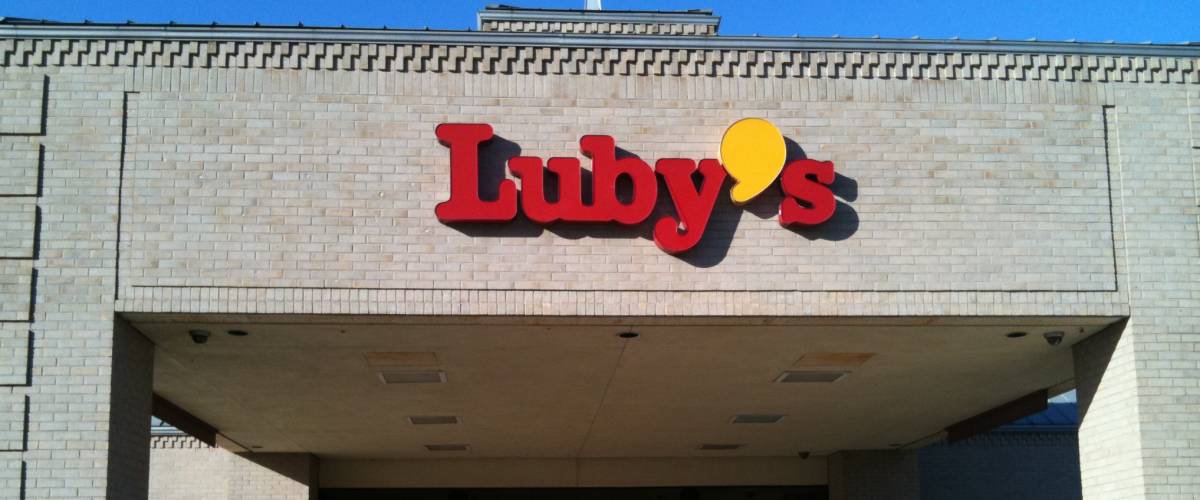
Texans' love affair with Luby's seems to be cooling.
2019 and 2020 closings: 6
Luby's operates all but one of its cafeteria-style restaurants in Texas, where the chain is as much a part of the landscape as tumbleweeds, armadillos and H-E-B supermarkets.
The website says Luby's even "tastes like Texas," but apparently some people in the Lone Star State have been losing their appetite for the company's chicken fried steak, "square fish," fried broccoli and other fare.
Luby's has been in a slump. In the most recent quarter, sales were down 3% at its cafeterias open at least a year, compared to a year earlier, and 10.5% fewer customers were coming through the doors.
The chain has been shutting down its most troubled locations. There were 84 Luby's in late 2018, but now there are 78.
6. Friendly’s
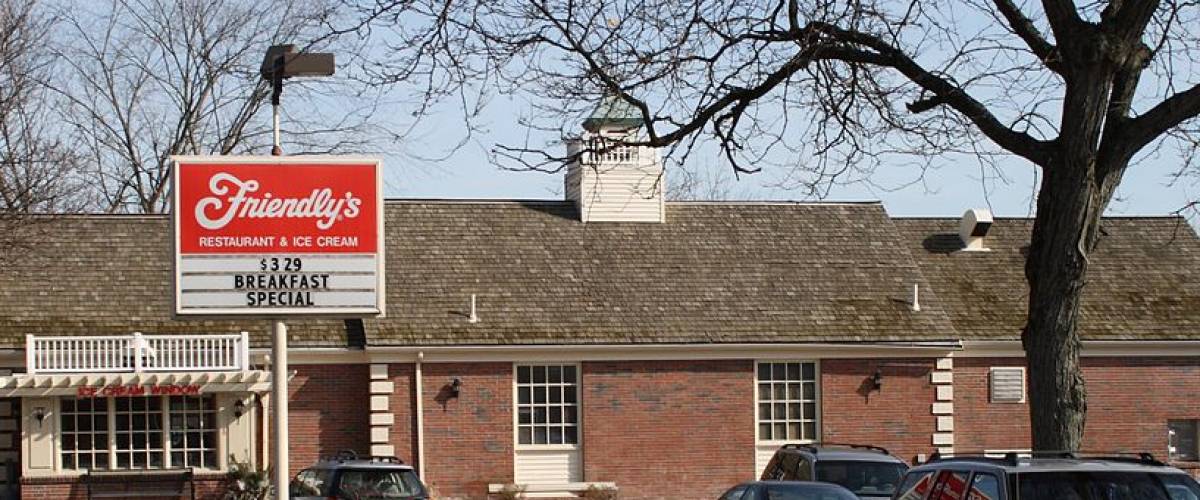
Business hasn'tbeen very good at Friendly's.
2019 and 2020 closings: 25
This chain traces its roots to an ice cream shop called Friendly that opened in Springfield, Massachusetts, in 1935. A hamburger was added to the menu five years later, and a family-friendly restaurant was born.
At one time there were more than 500 Friendly's, but by the start of 2019 just 200 remained. In April 2019, CEO George Mitchell announced the closing of 23 of the restaurants in the Northeast, and so far in 2020 additional locations have closed in Massachusetts and upstate New York.
A lot of folks will miss those Fribble milkshakes and heartwarming SuperMelts.
Mitchell told shareholders that the decision would “best position the brand for a bright future.” Sales at Friendly's sank 11% between 2018 and 2019, Restaurant Business reports.
5. Gordon Biersch Brewery Restaurant
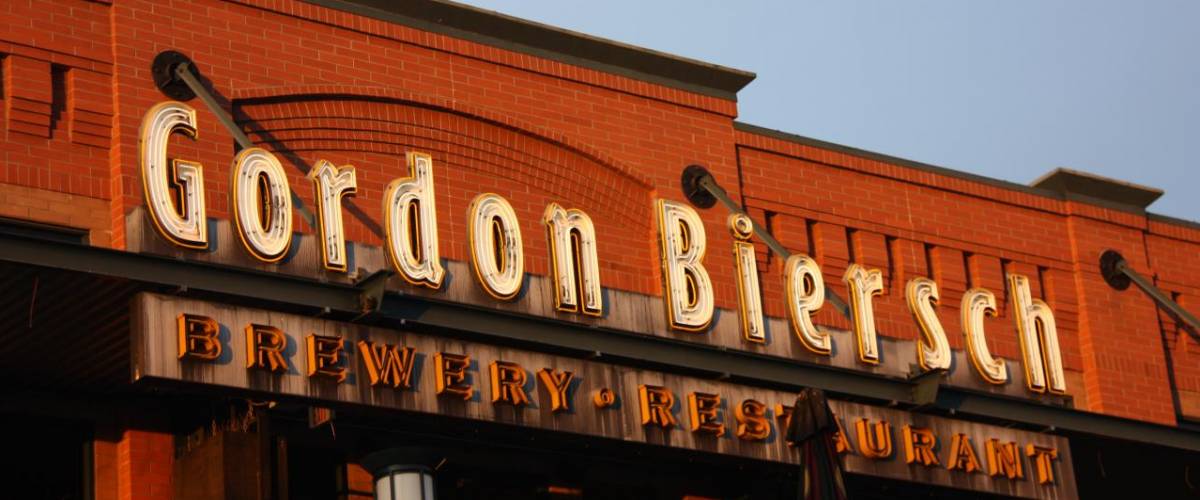
This Gordon Biersch location in Tempe, Arizona, is closed now.
2019 and 2020 closings: 7
This 30-year-old American brewpub, known for its German-style lagers, has definitely seen hoppier days.
The chain has been dwindling. All four Arizona locations shut down over the last year, and early in 2020 Gordon Biersch said “Aloha” (meaning “goodbye,” in this case) to its only restaurant in Hawaii.
Just 17 locations are still operating across the U.S. — half as many as there once were.
Gordon Biersch is trying to give itself a new spin. The company’s very first brewpub, which opened in Palo Alto, California, in 1988, has been rebranded as “Dan Gordon’s” and now offers a farm-to-table menu with a big focus on barbecue.
4. Roy Rogers
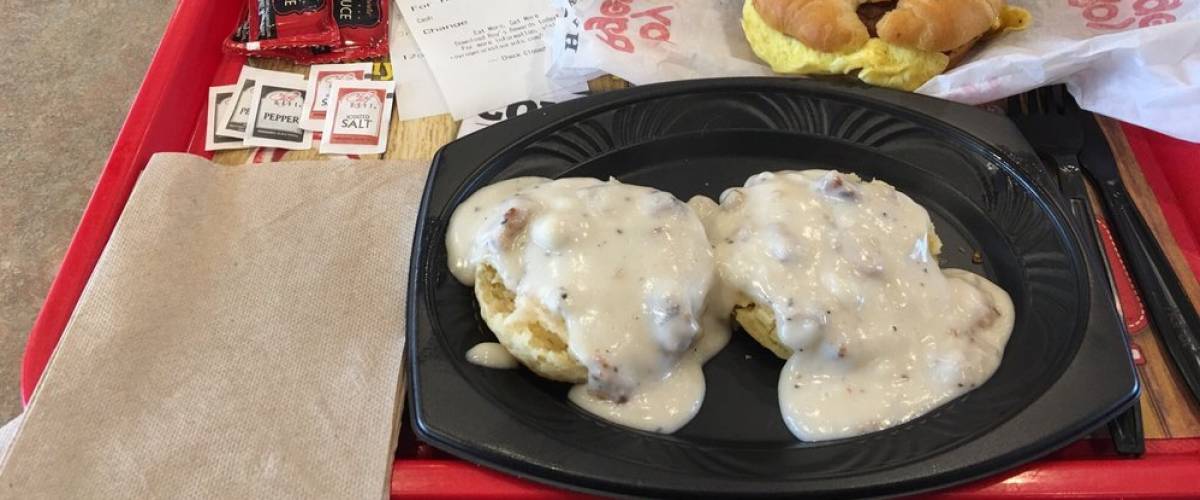
Roy Roger's sausage and gravy.
2019 and 2020 closings: 7
The biggest challenge for this chain might be acquainting younger generations with its namesake. In the 1940s and '50s, the King of the Cowboys appeared in more than 100 films and had his own TV show with his wife, Dale Evans, and his legendary horse, Trigger.
The Western-themed fast-food restaurants are known for breakfast platters, hamburgers, fried chicken and an extensive “fixin’s bar.”
There were once more than 600 locations, but now fewer than 50 remain. A number of those original locations were rebranded or sold off by former owners; Roy Rogers' new owners had their eye on revitalizing the chain before the coronavirus stalled their efforts.
By our count, seven locations have been shuttered since early 2019, including two of the eight Roy's in New Jersey.
3. Taco Bell
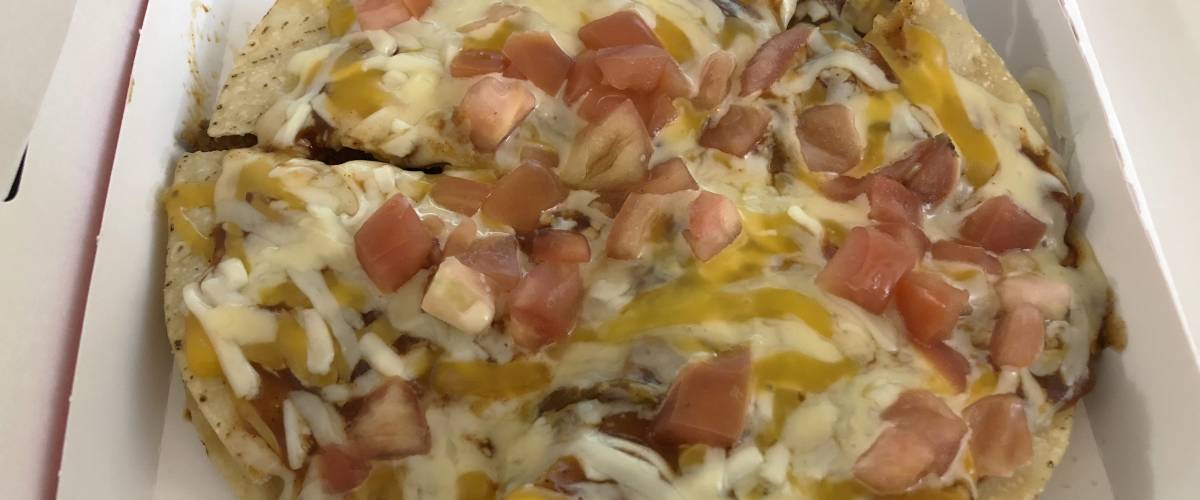
The Mexican pizza from Taco Bell.
2019 and 2020 closings: 7
Say it isn’t so. The chain whose Cravings Value Menu goes easy on family bank accounts has closed more than a half-dozen locations since 2019, most recently in the small island community of Kodiak, Alaska, which lost its only Taco Bell.
The closures will hardly make a dent in the Taco Bell empire, but tell that to the customer who lives near one of those spots and now has to travel farther (possibly by boat) to satisfy a chalupa craving.
Taco Bell has traditionally been the cash cow of Yum! Brands, which also owns KFC and Pizza Hut. It’s investing more in international expansion and has even experimented with a Taco Bell pop-up hotel in Palm Springs, Calif.
Veggie options and more jobs also are on the horizon.
2. Starbucks
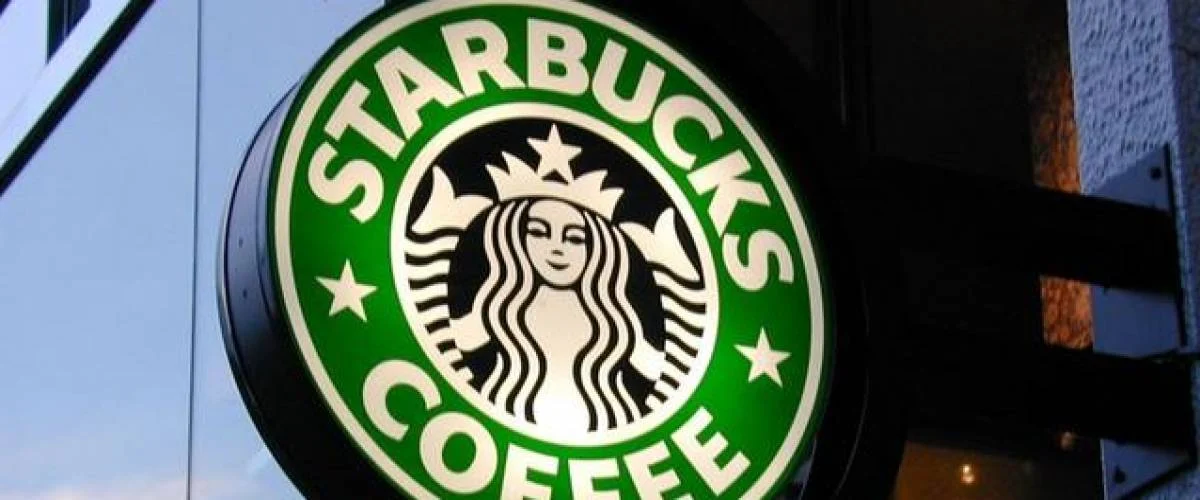
Starbucks has been shutting down scores of stores.
2019 and 2020 closings: Up to 550
Your favorite Starbucks may have disappeared in the last year or so, or may be on the chopping block now — but at least there are tens of thousands of others worldwide to choose from.
In 2019, the coffee colossus said it was closing 150 of its shops, meaning some regular customers might have to travel a little farther for their lattes. (Maybe just a couple more blocks?)
Then, in June 2020, Starbucks announced it would shut down up to 400 of its company-owned stores by late 2021 while opening more "pickup" locations for customers who order and pay by app. That was after many locations were open only for drive-thru during the early weeks of the coronavirus outbreak.
"As we navigate through the COVID-19 crisis, we are accelerating our store transformation plans to address the realities of the current situation, while still providing a safe, familiar and convenient experience for our customers," says Starbucks CEO Kevin Johnson, in a news release.
1. Subway
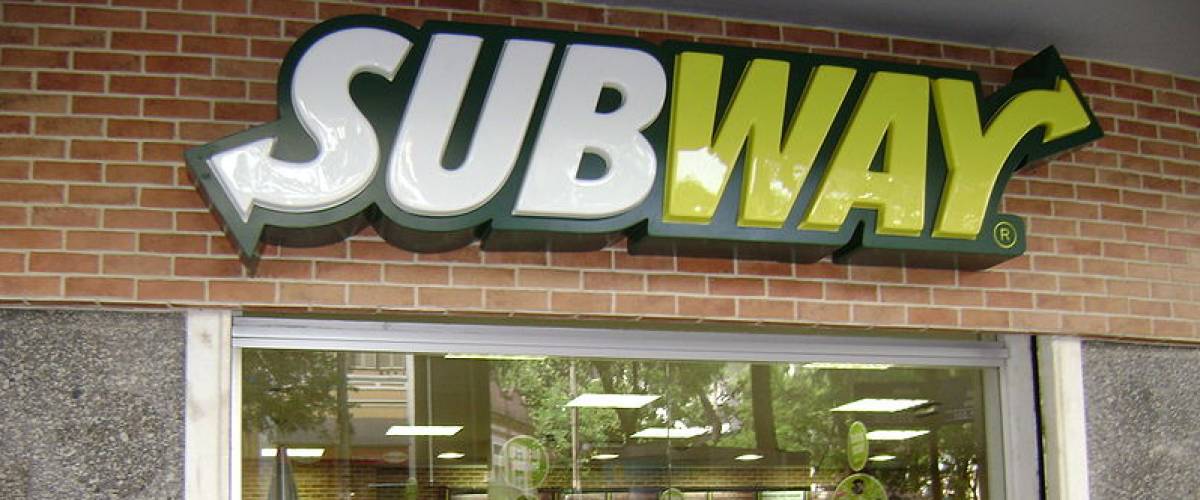
Advertisements
Subway has kept on track with closings.
2019 and 2020 closings: Thousands?
Despite its “Eat Fresh” campaign, Subway apparently isn’t quite fresh enough for increasingly health-conscious consumers.
In 2016, the sandwich chain closed more U.S. locations (359) than it opened. It continued to struggle in 2017 and shut down 866 shops. That ballooned to more than 1,100 in 2018, and about the same number vanished last year.
The company's website shows that Subway still has around 23,600 restaurants in the U.S. and thousands of international locations. Its efforts to woo back customers include rolling out kiosk ordering and more comfortable seating.



Comments